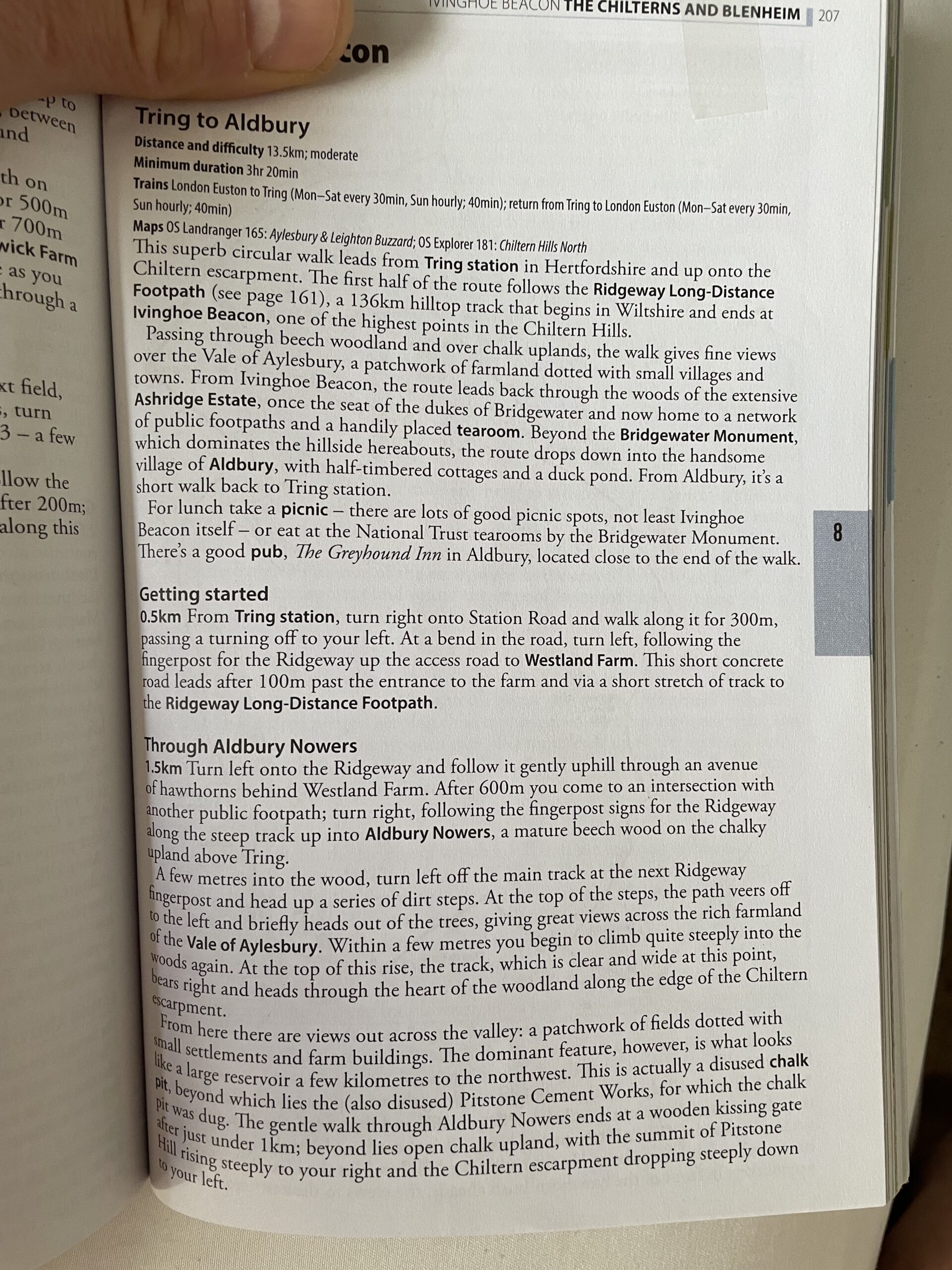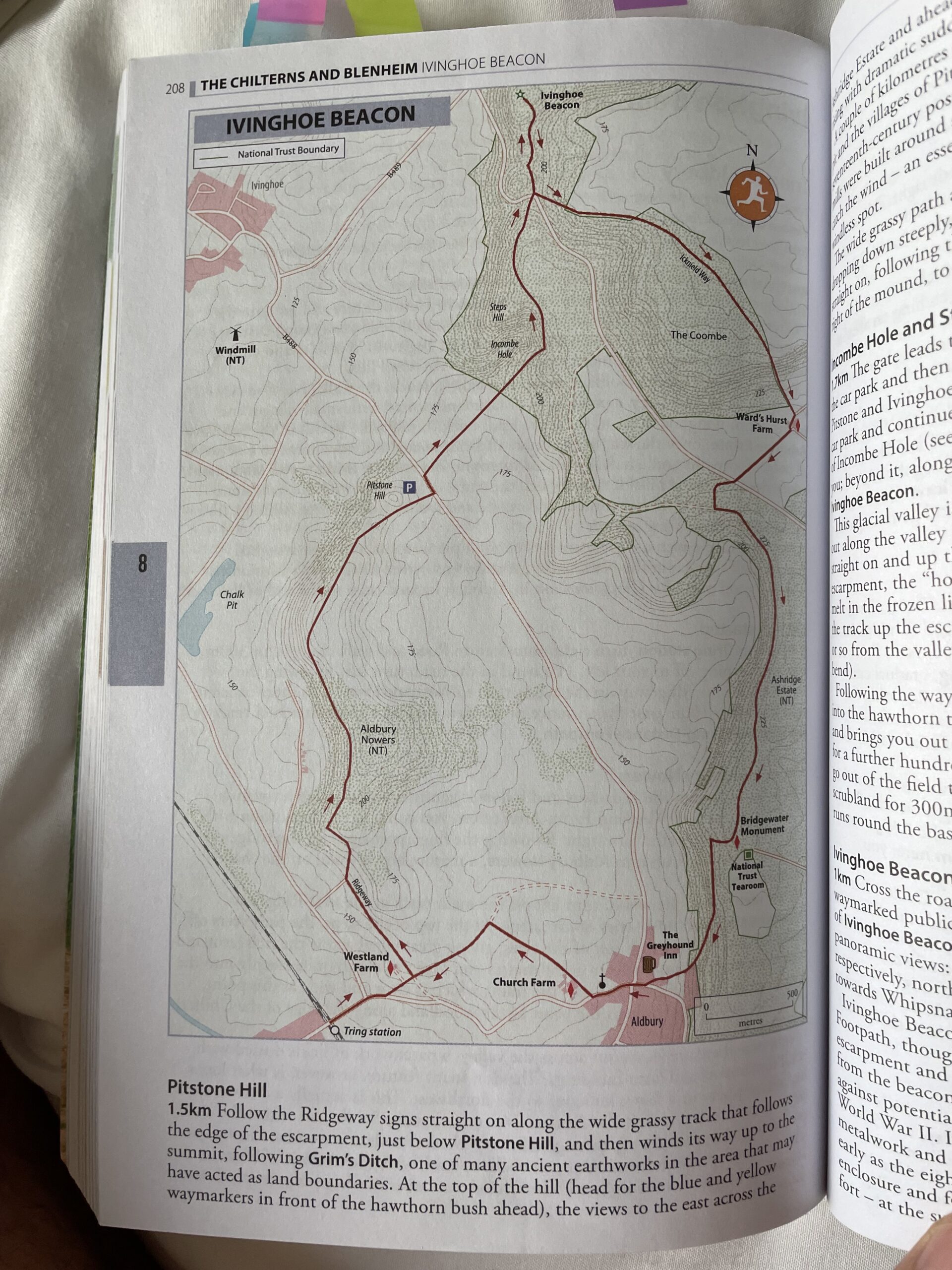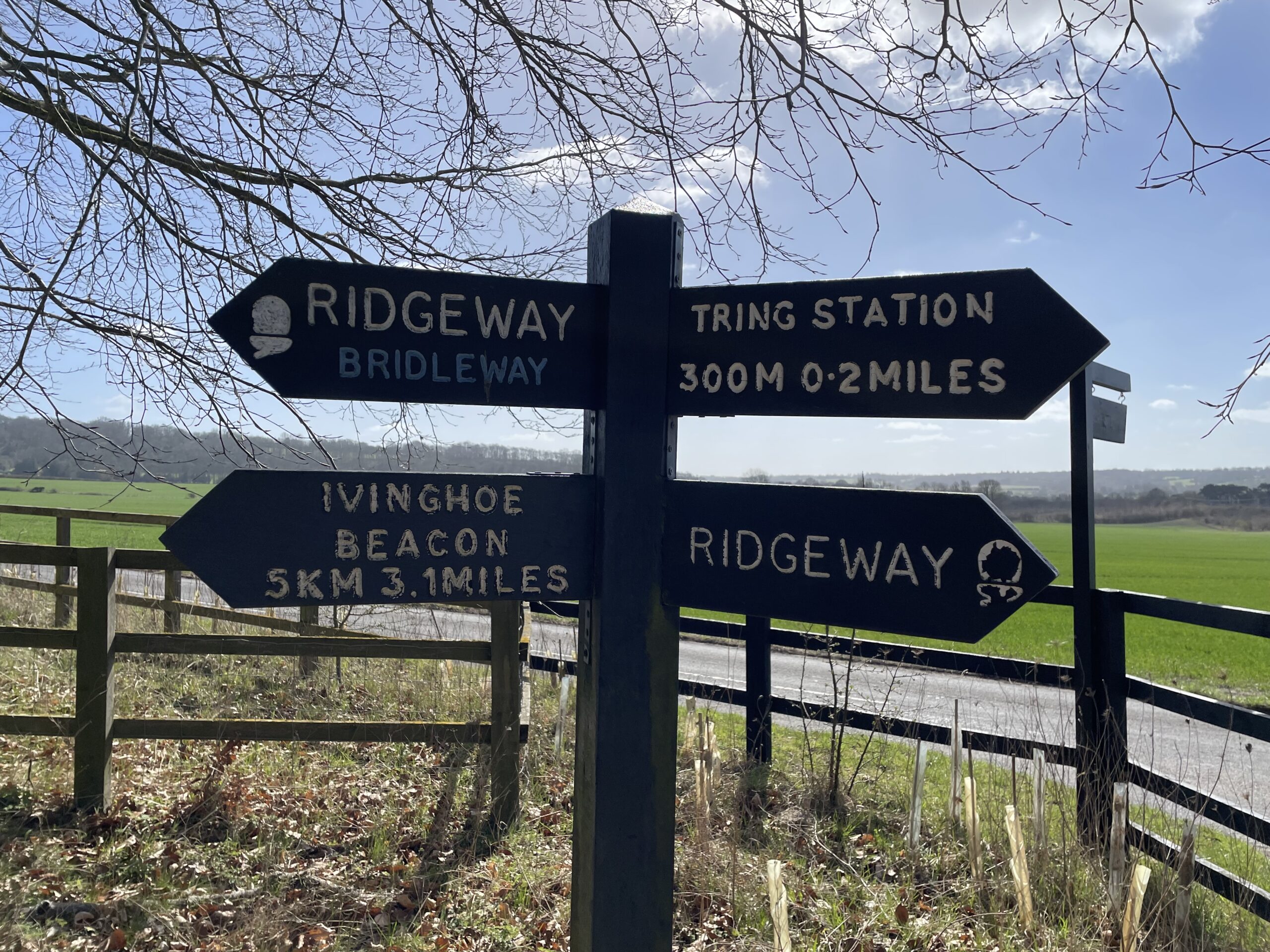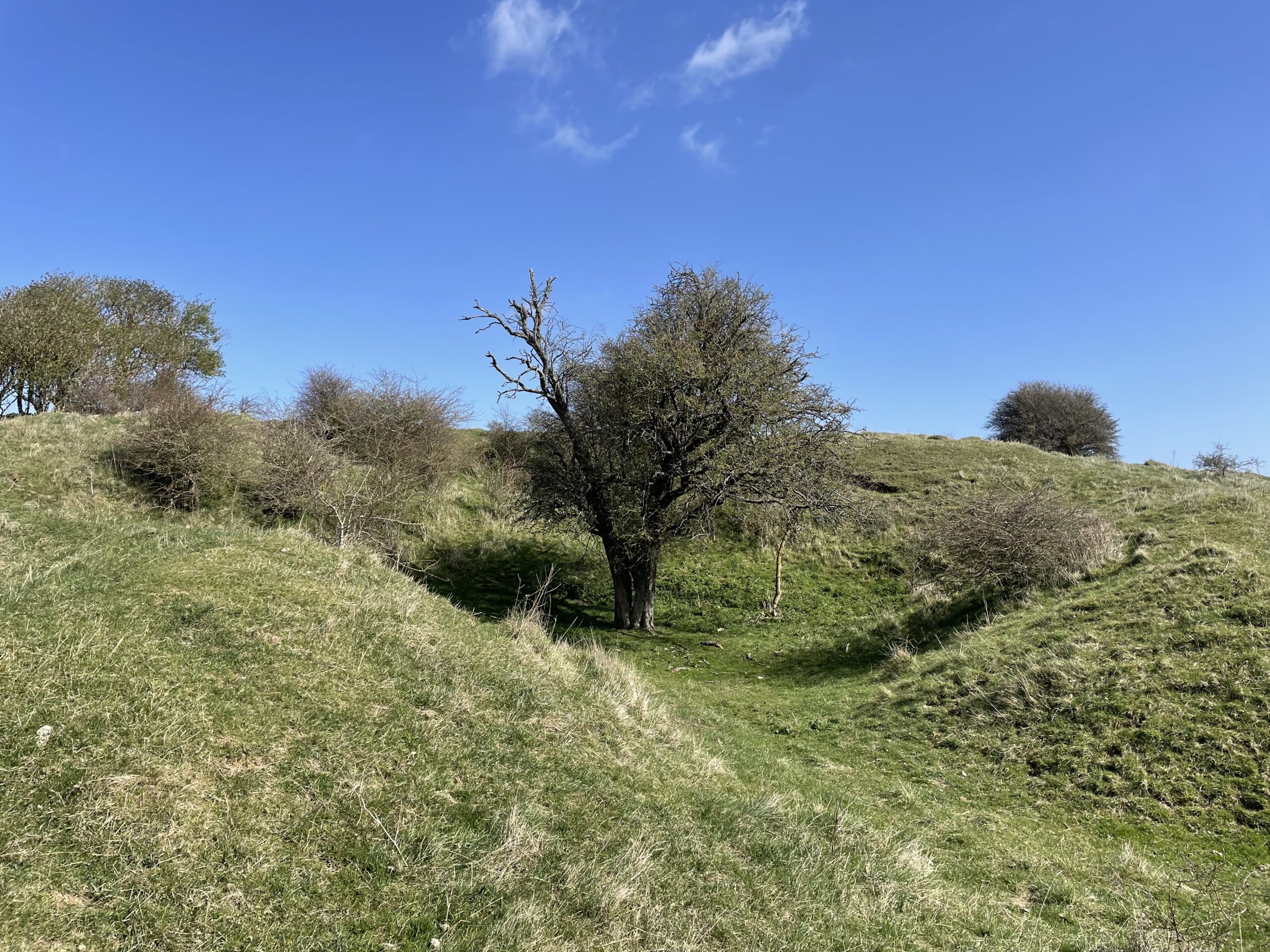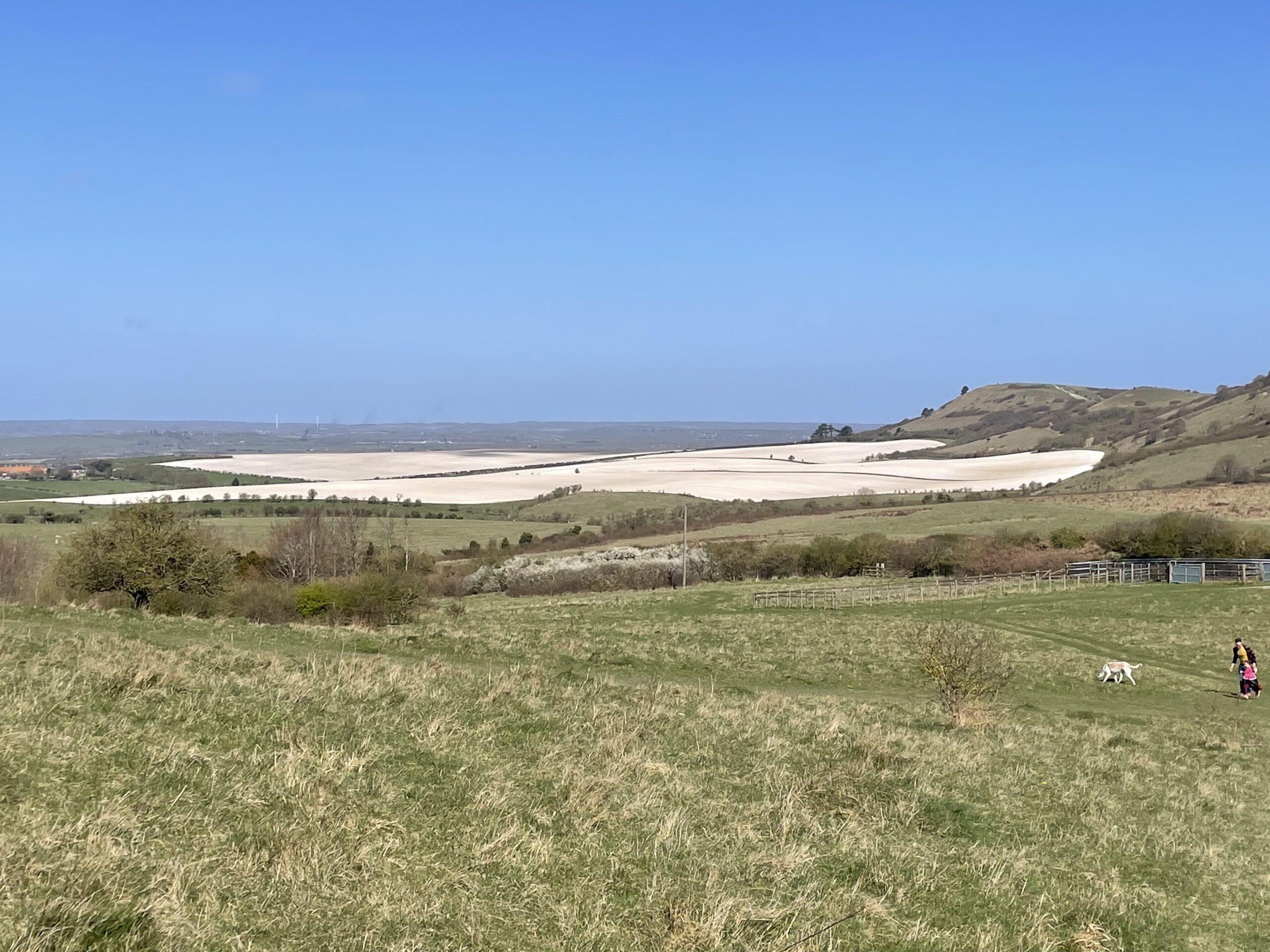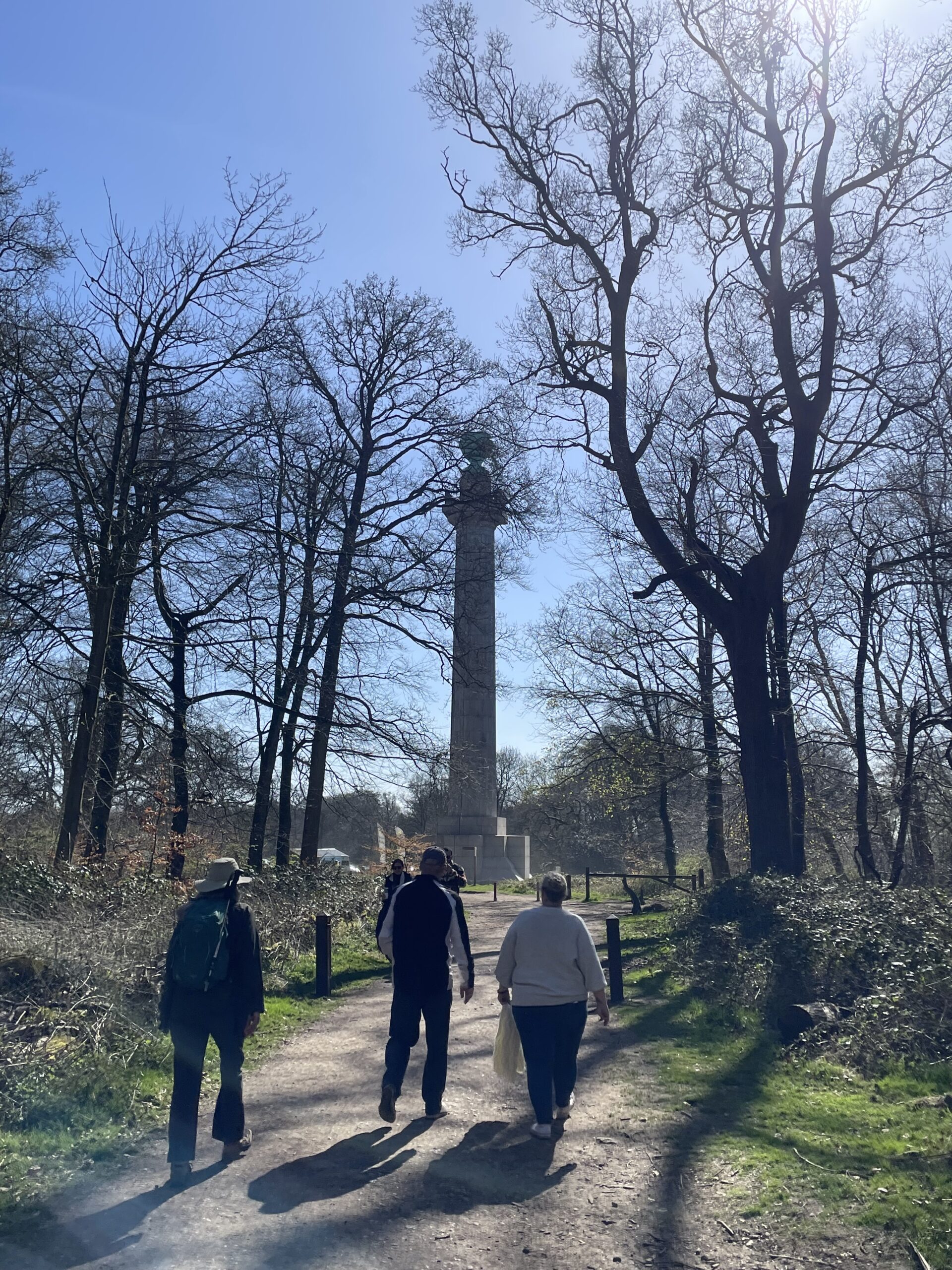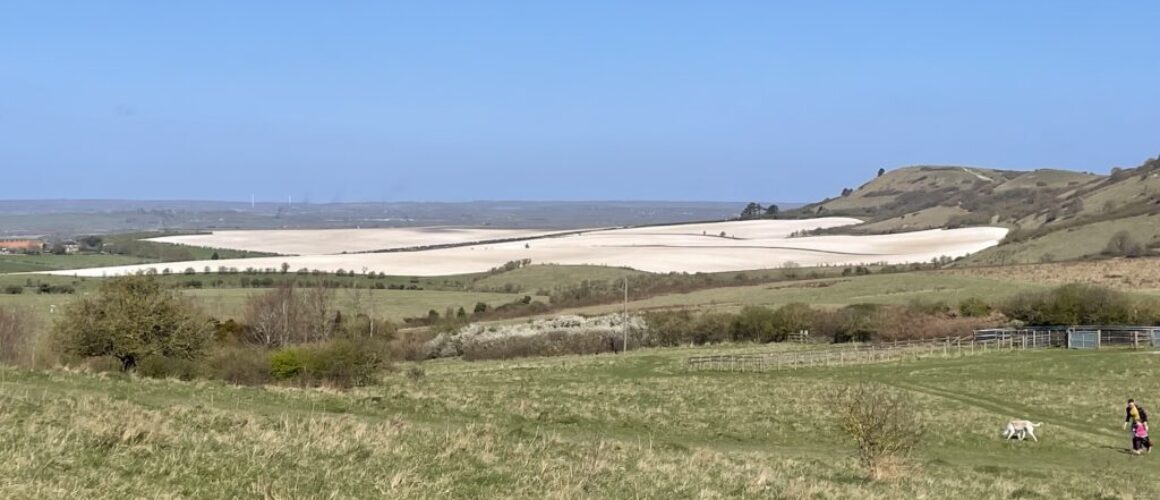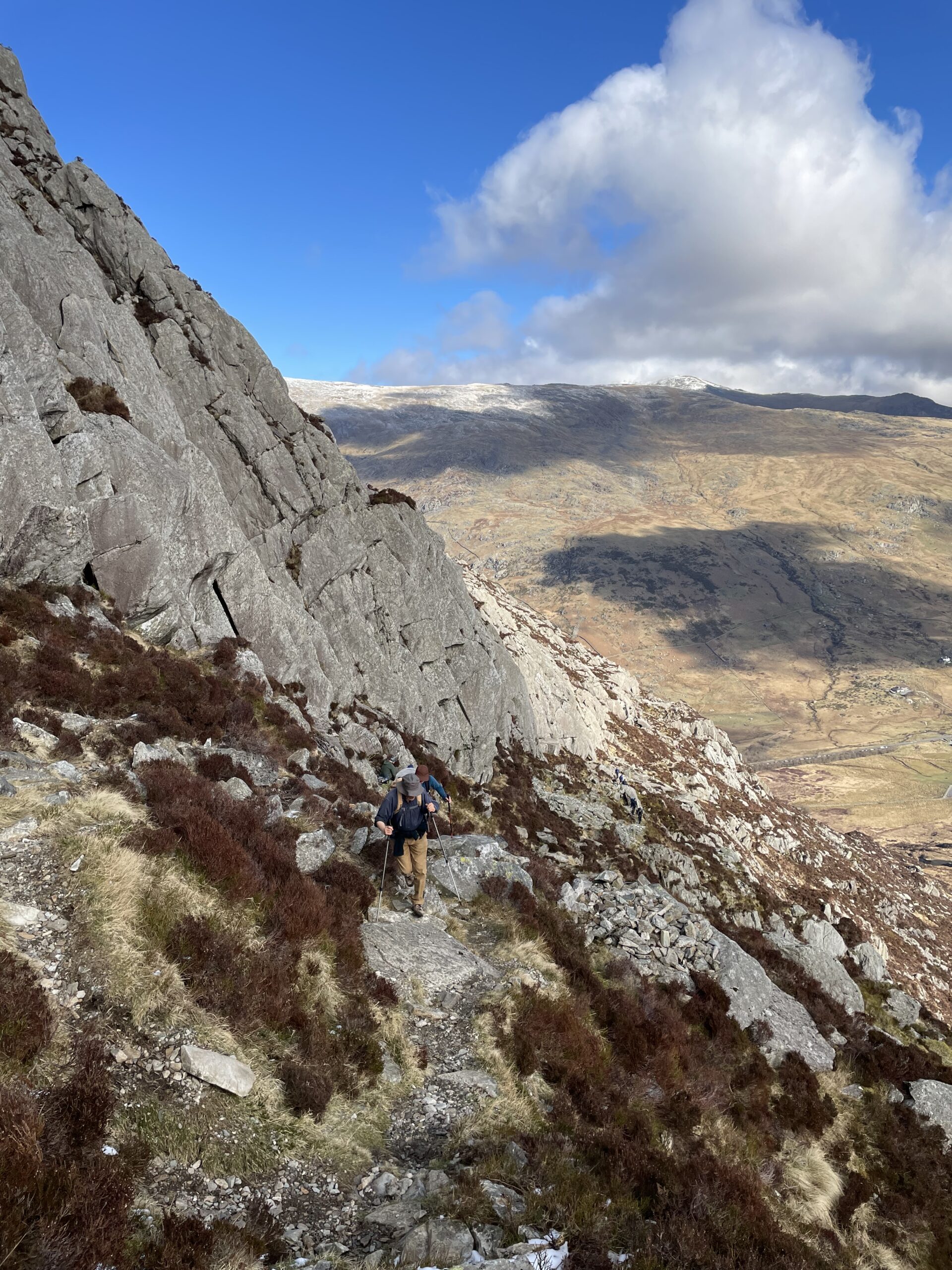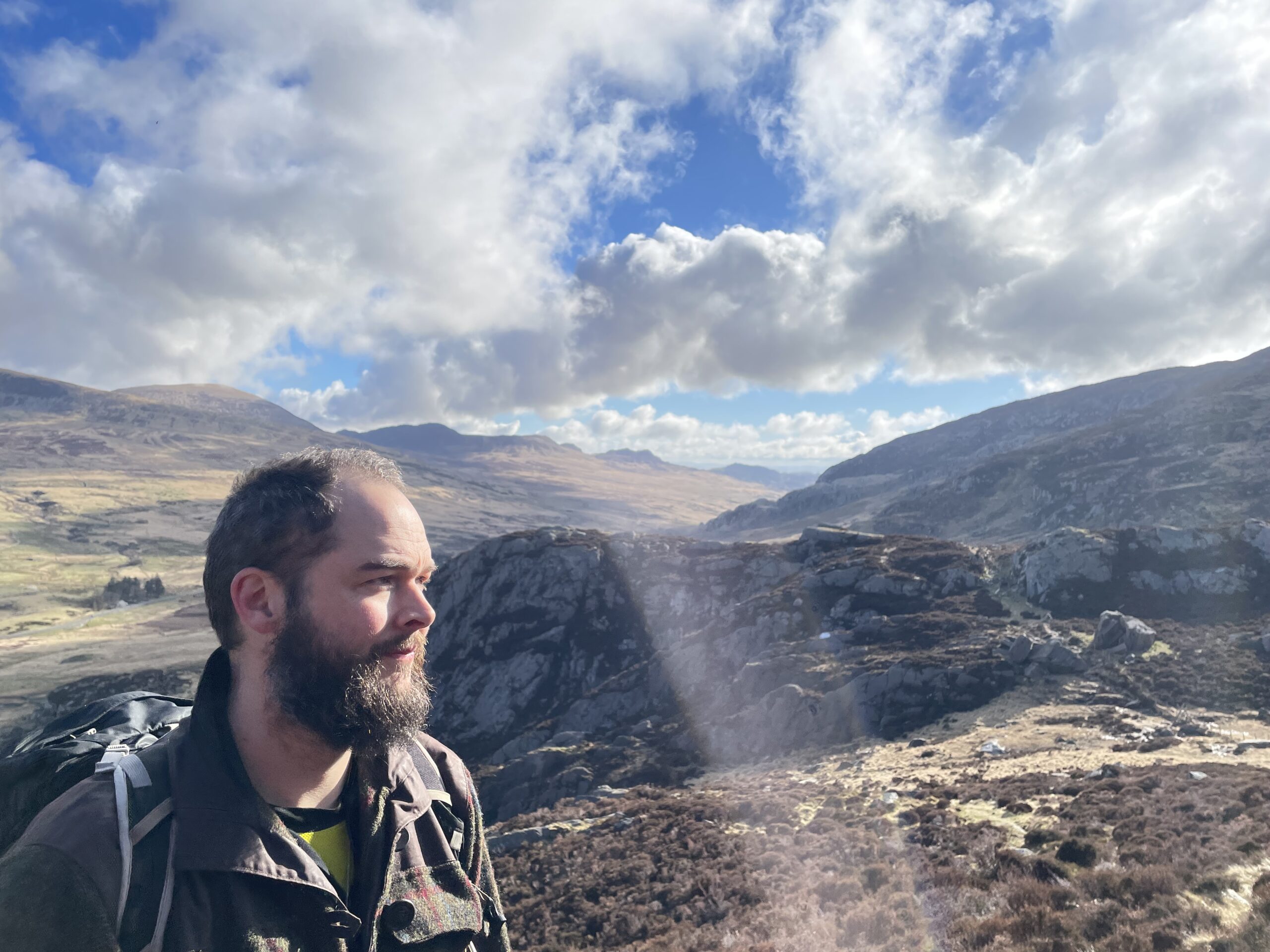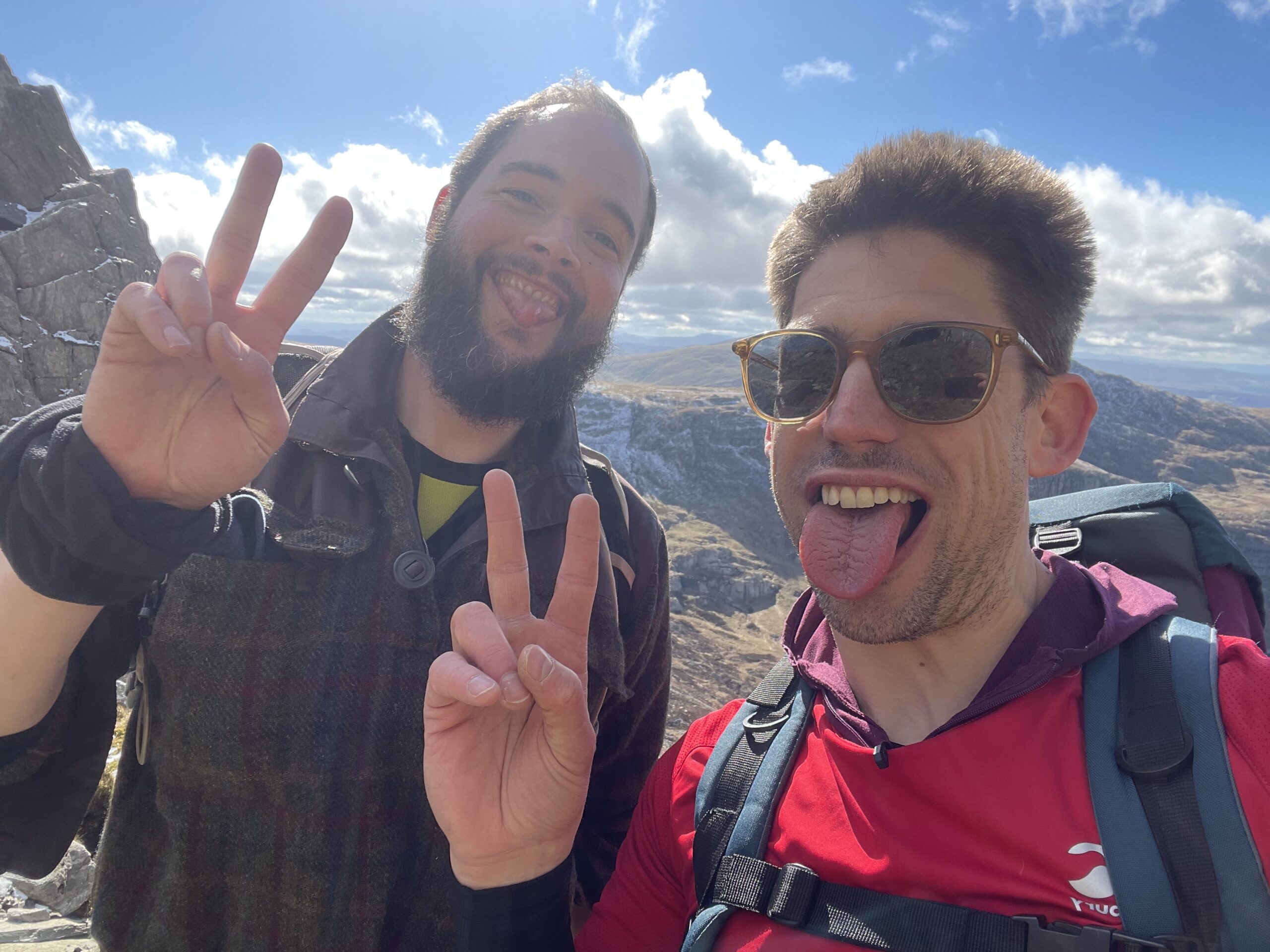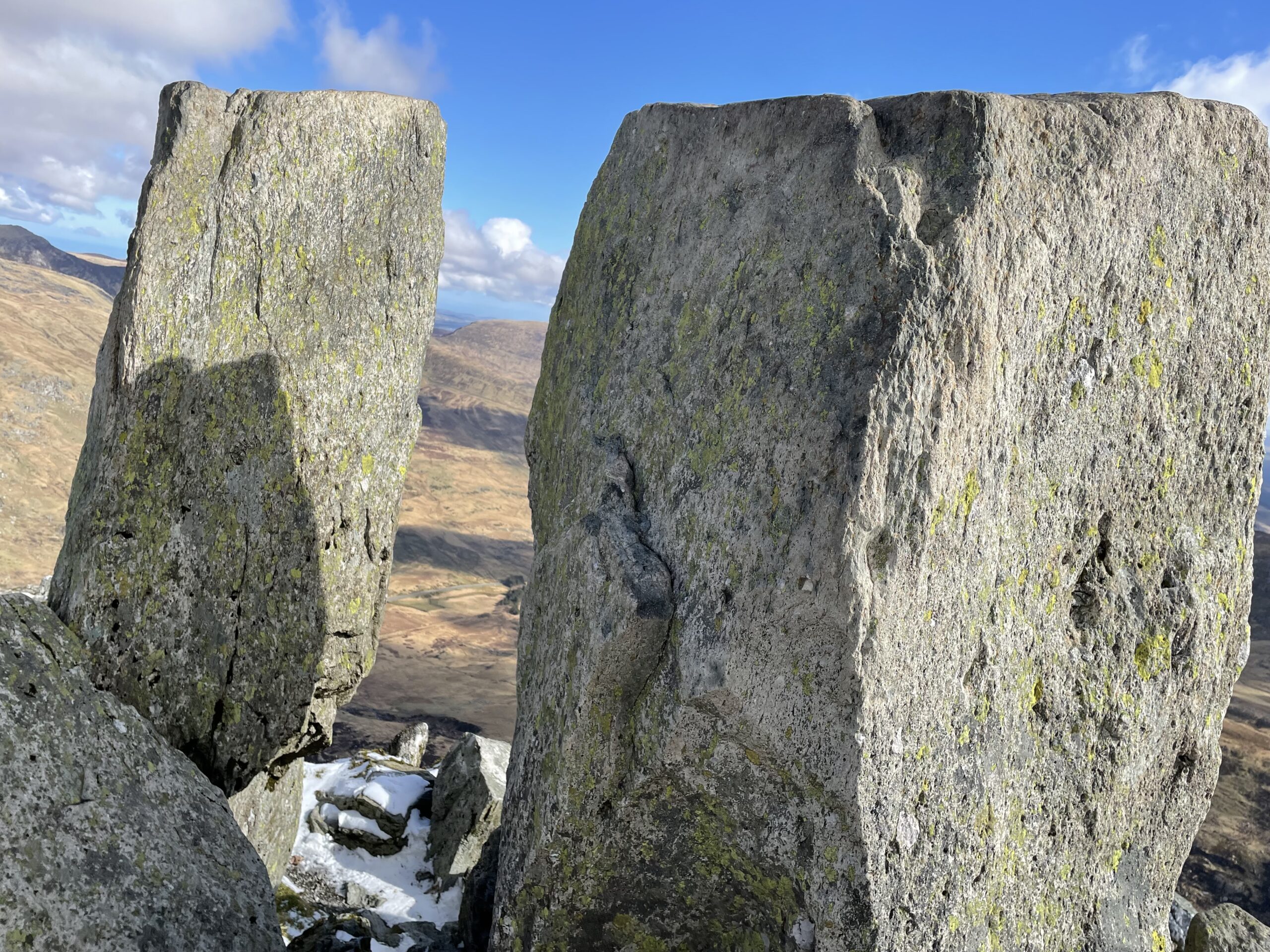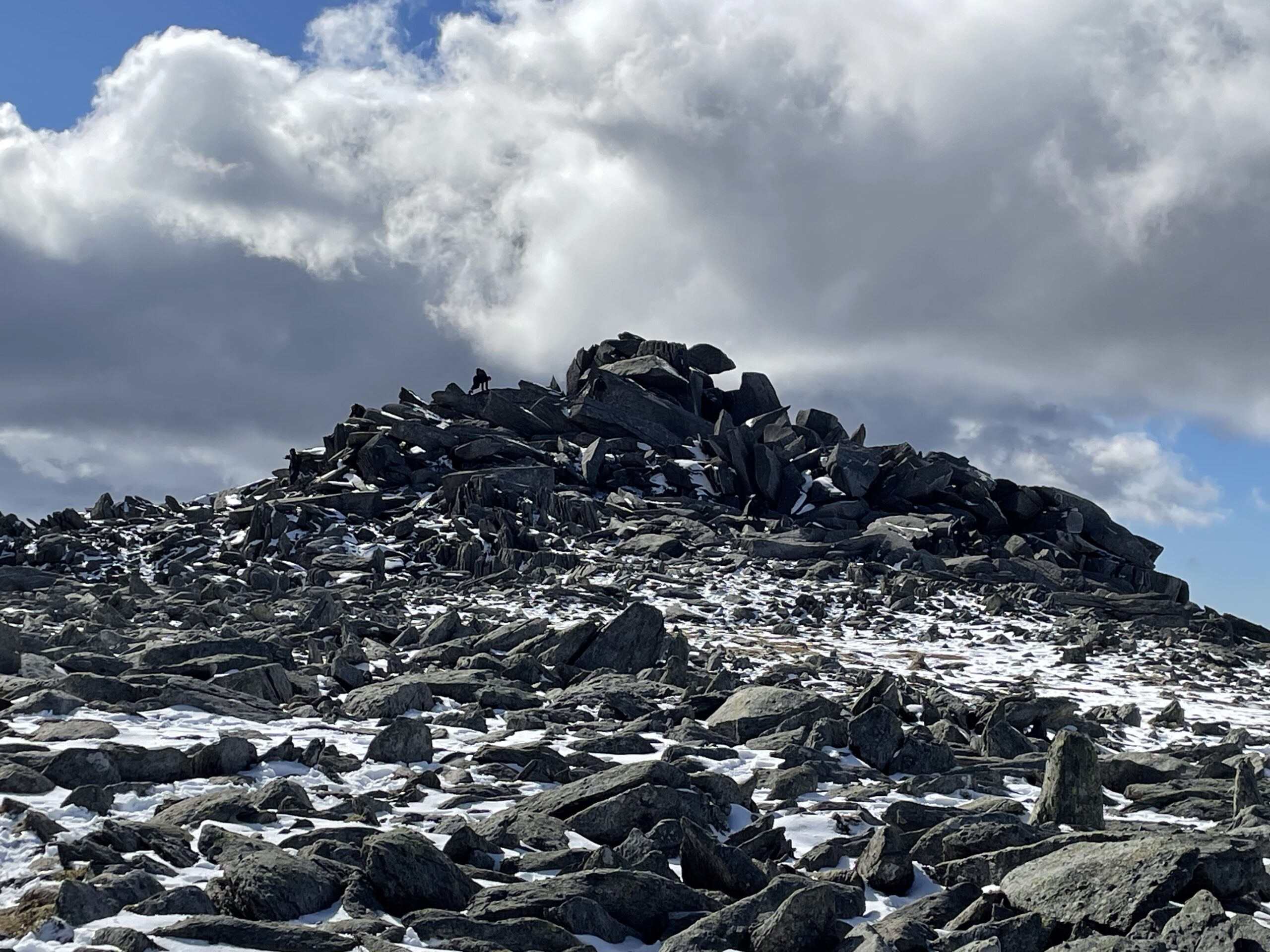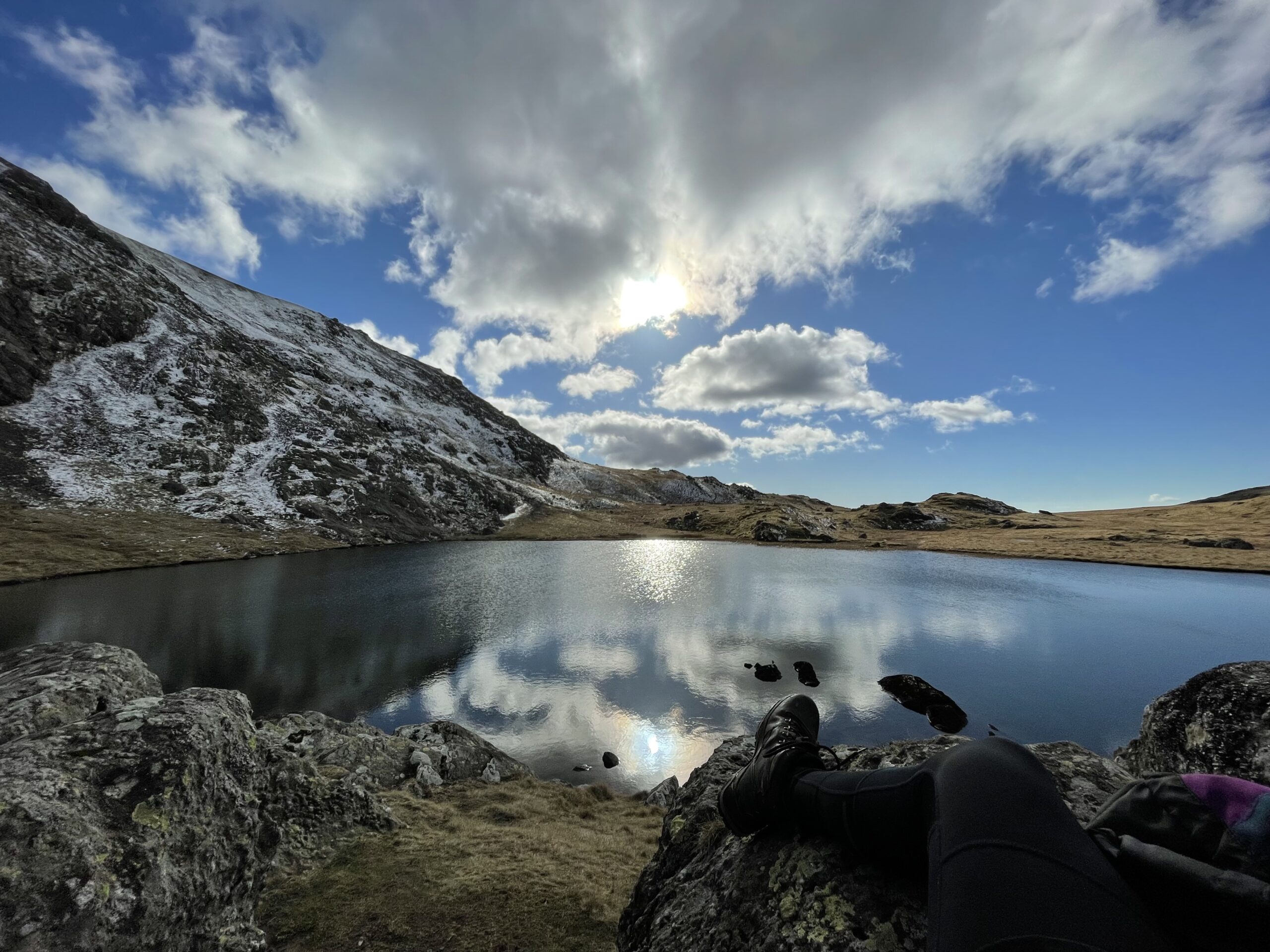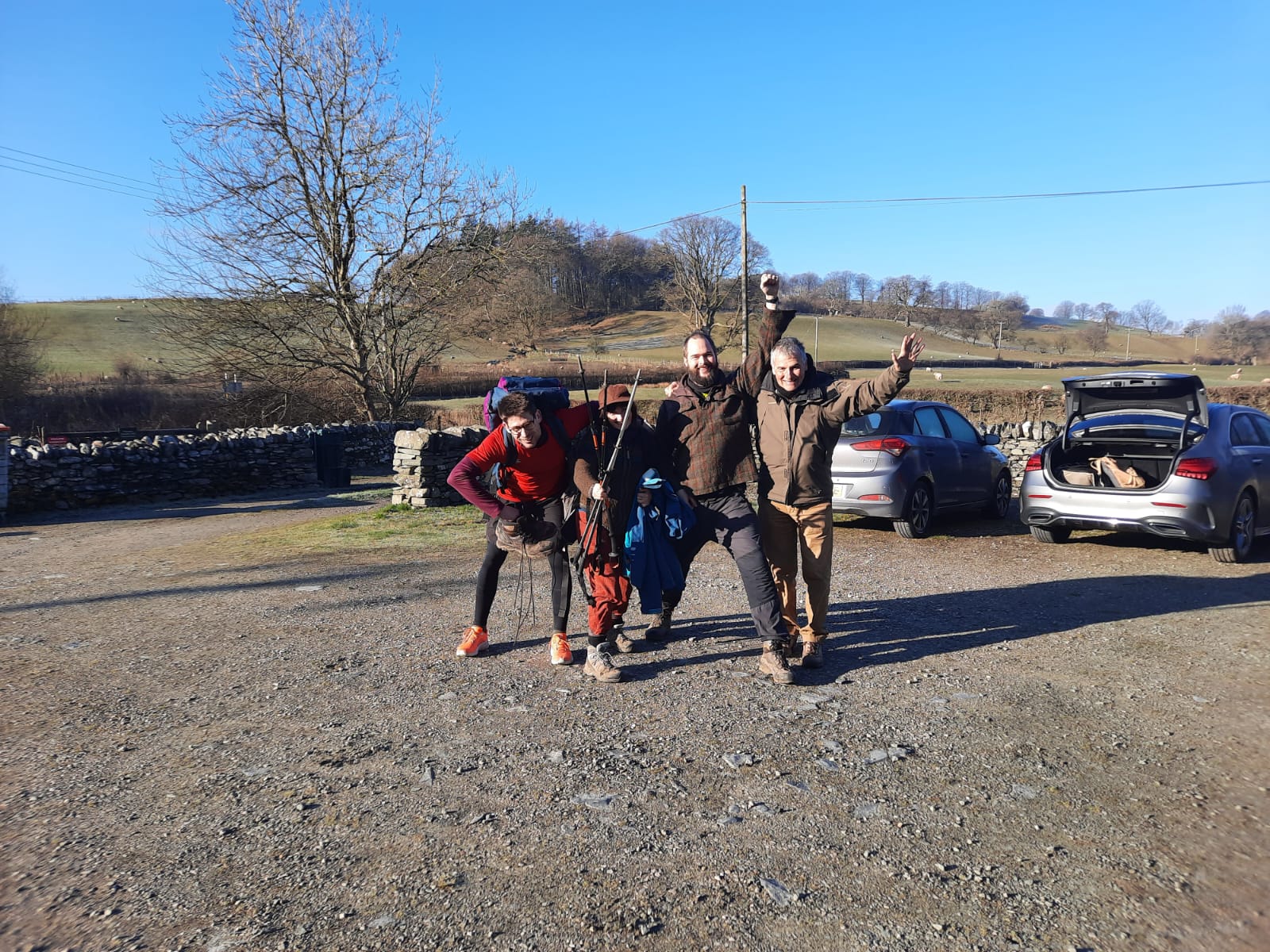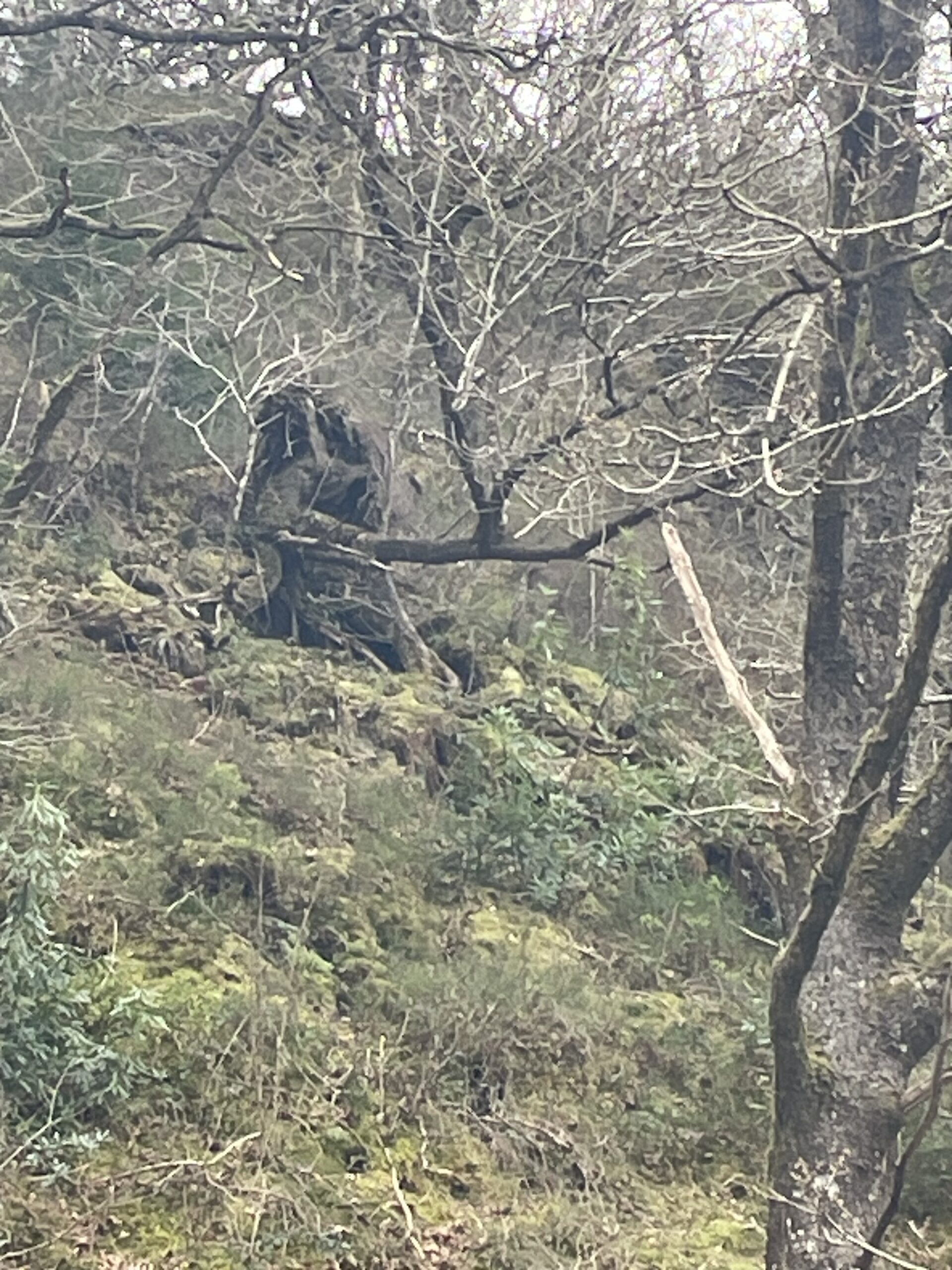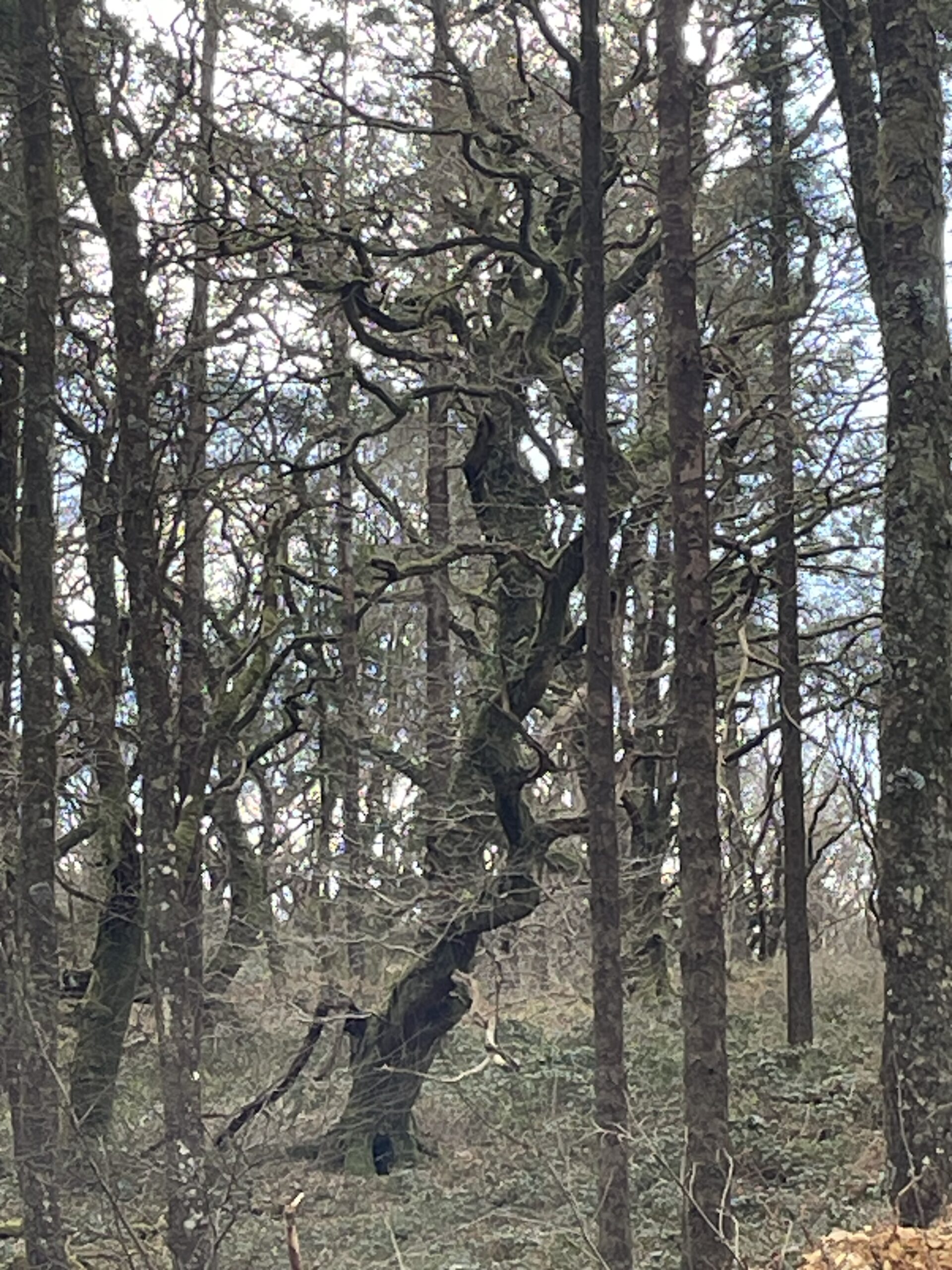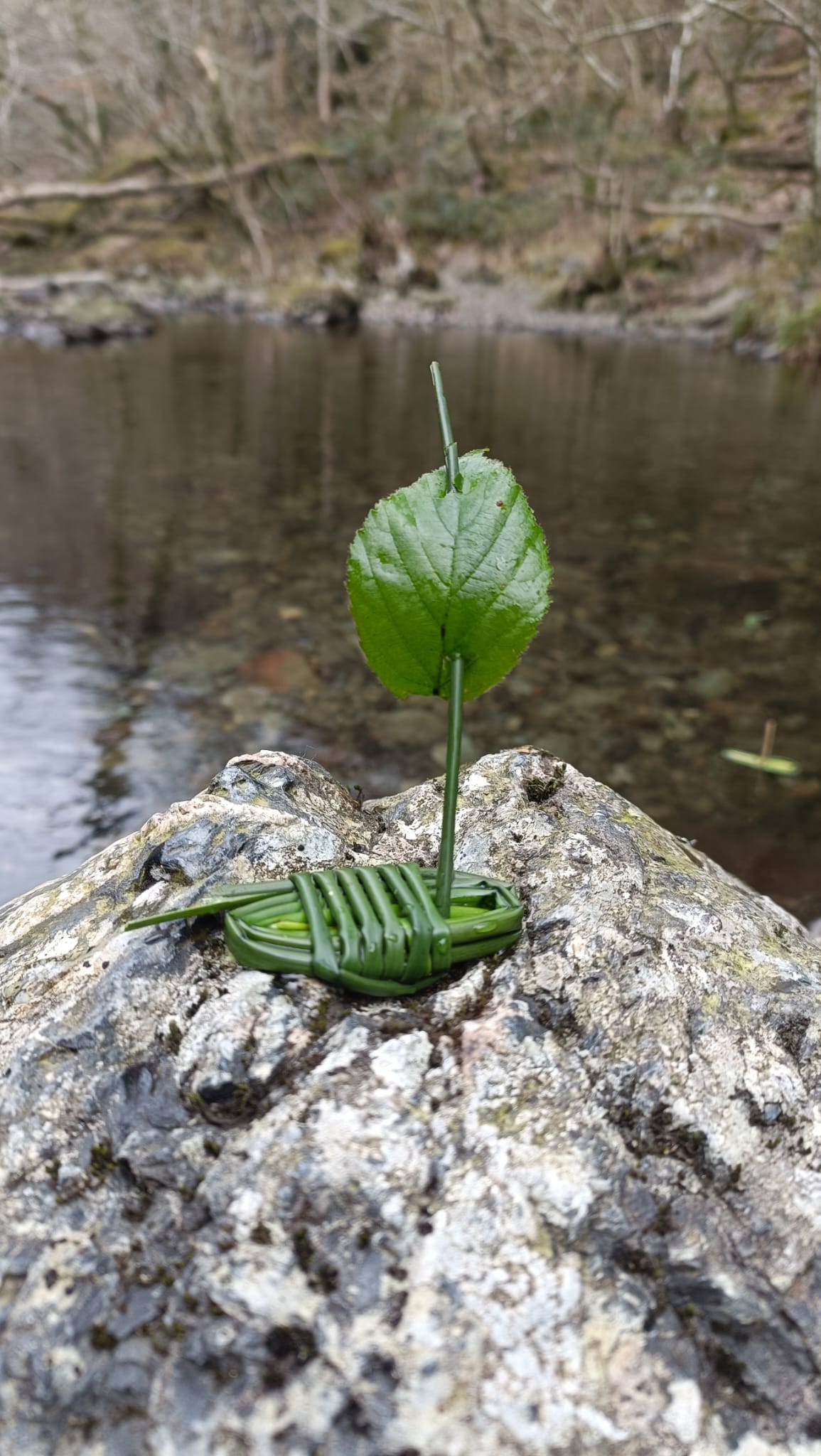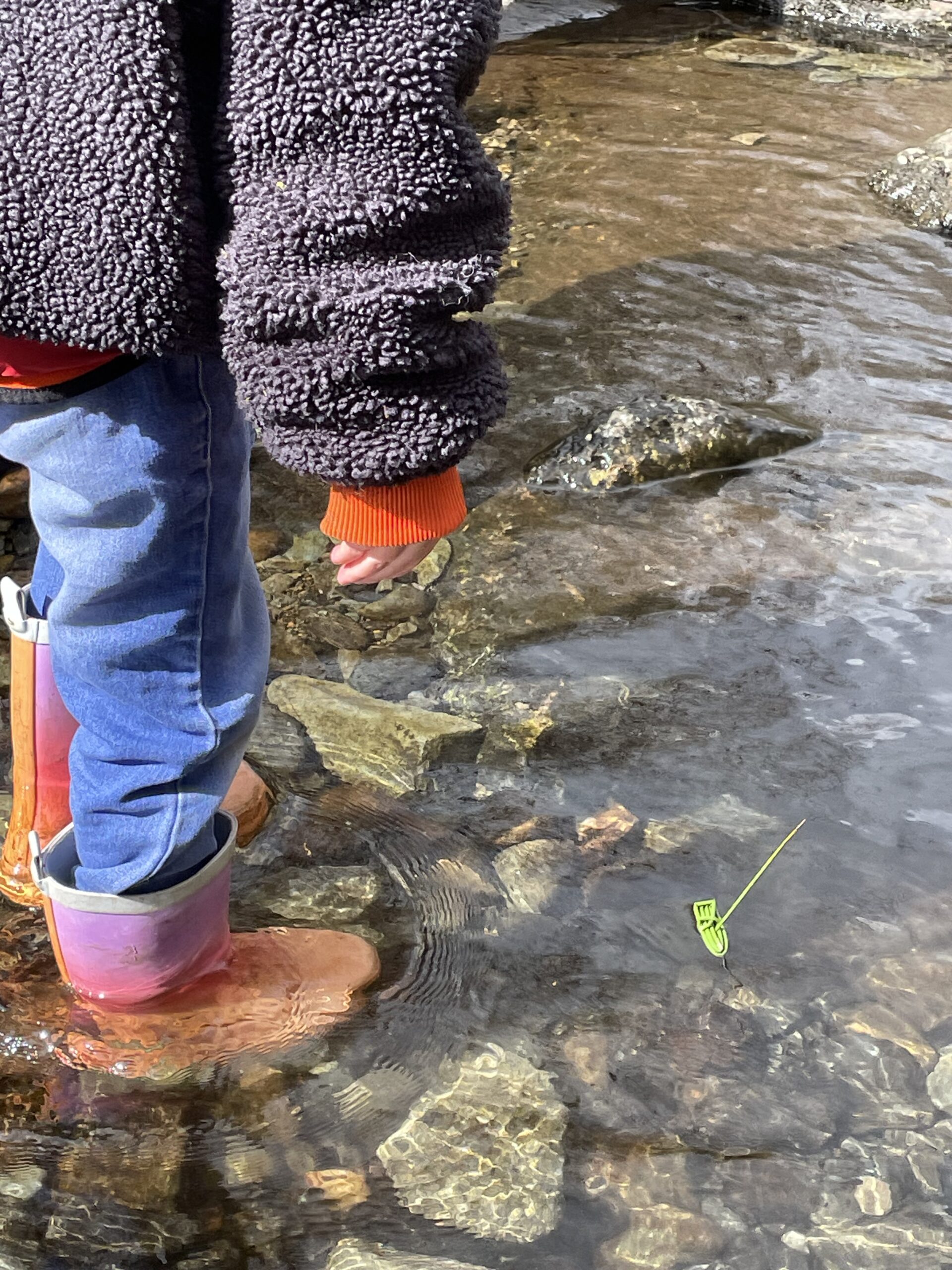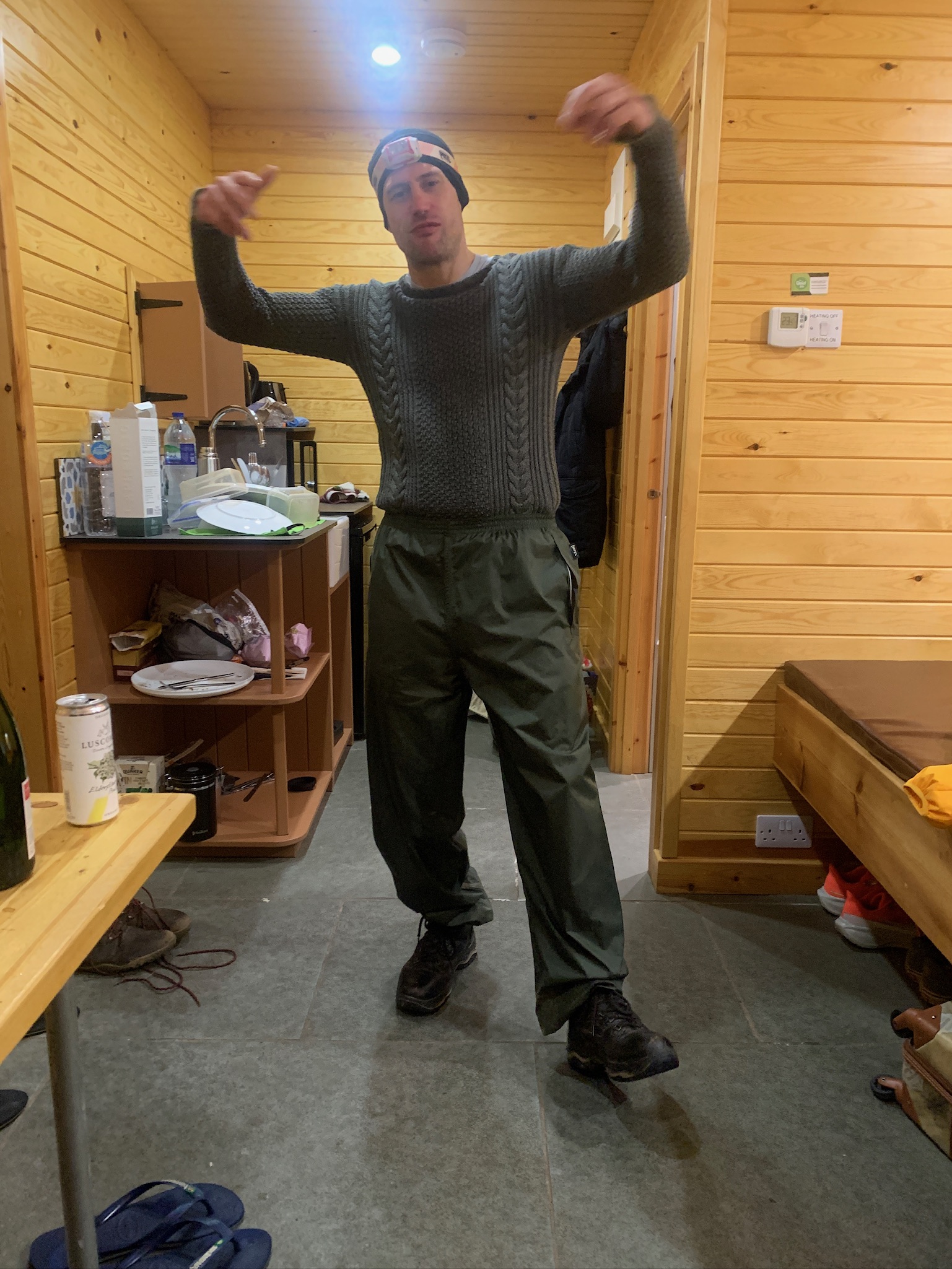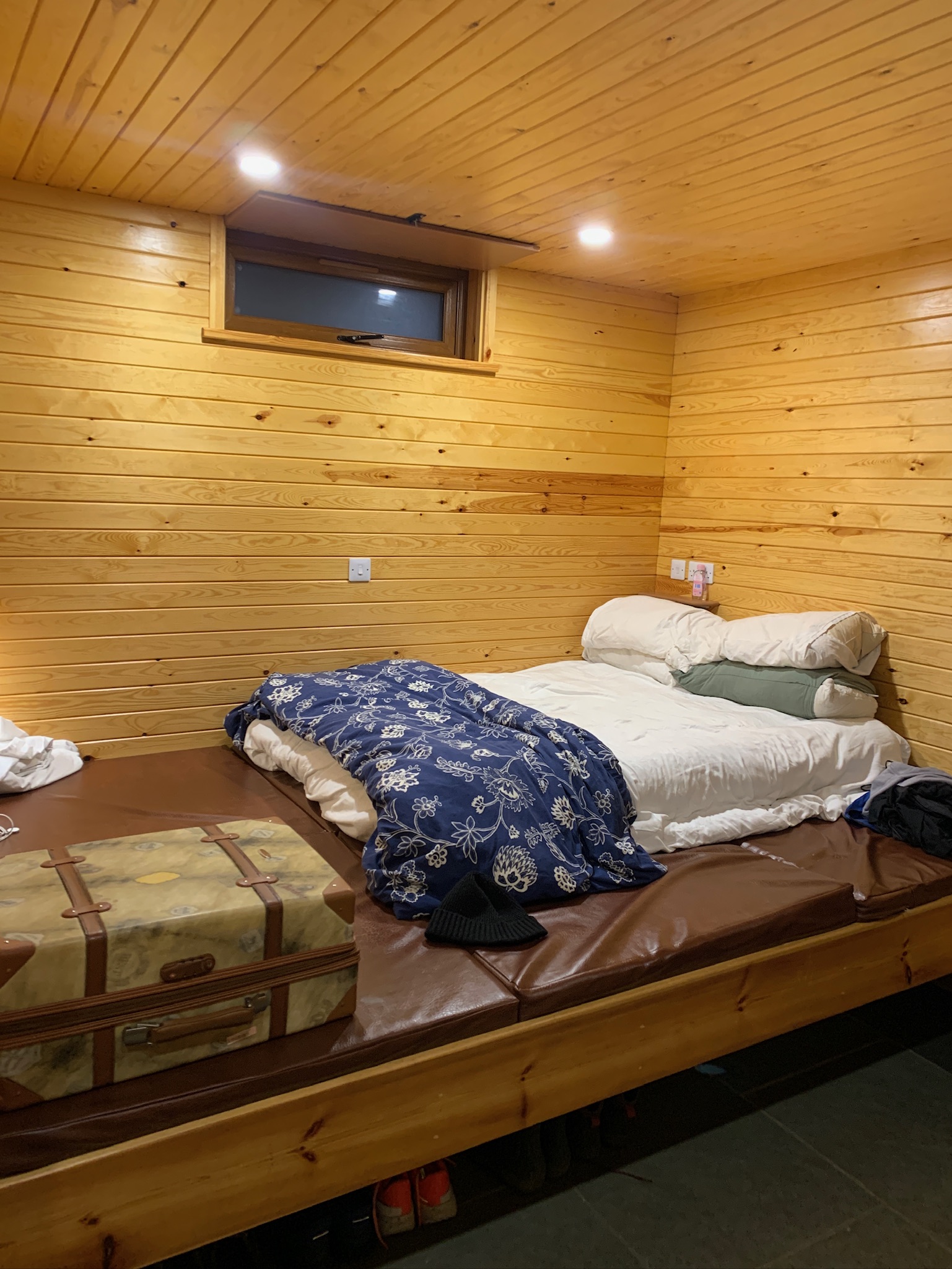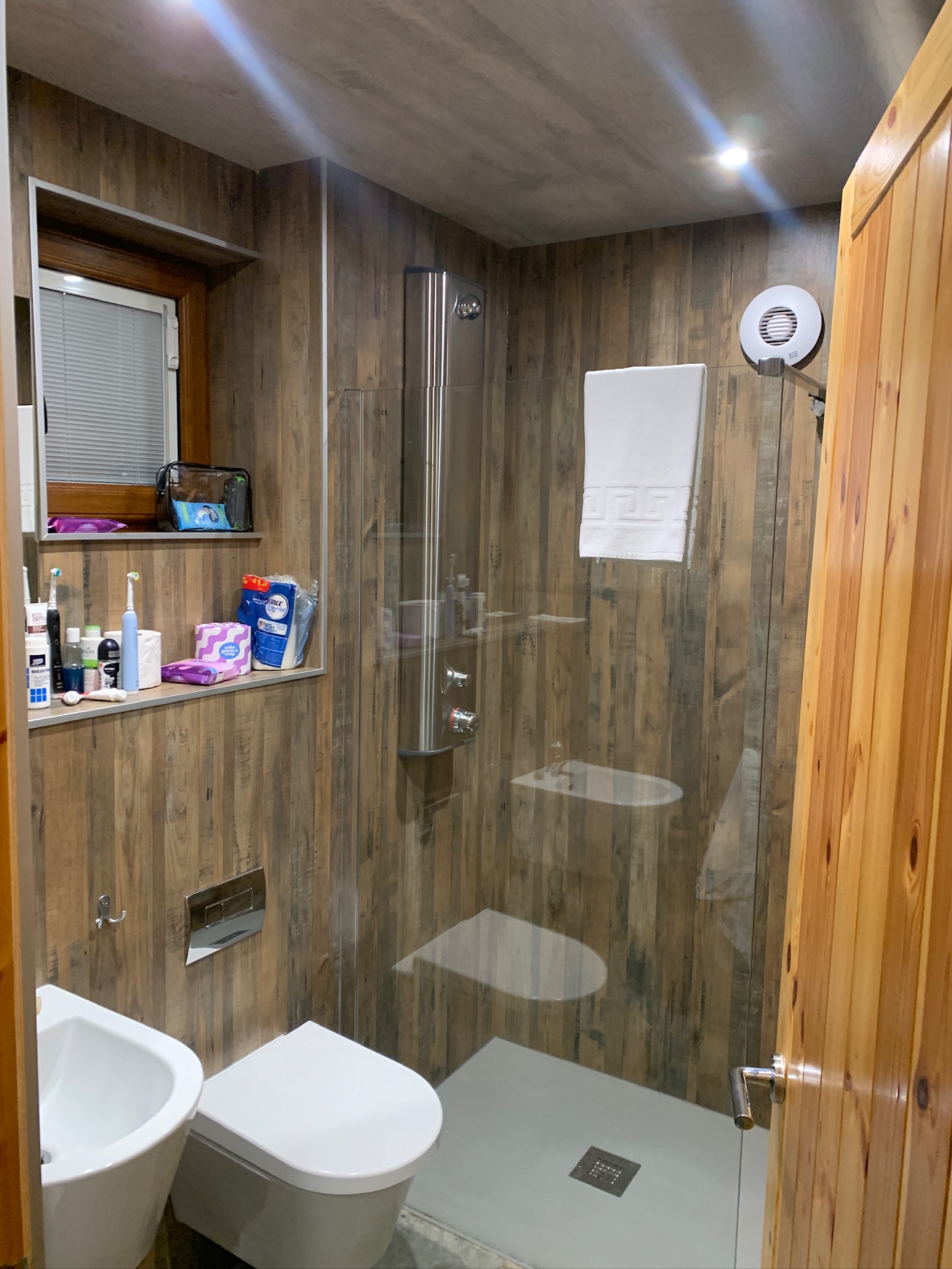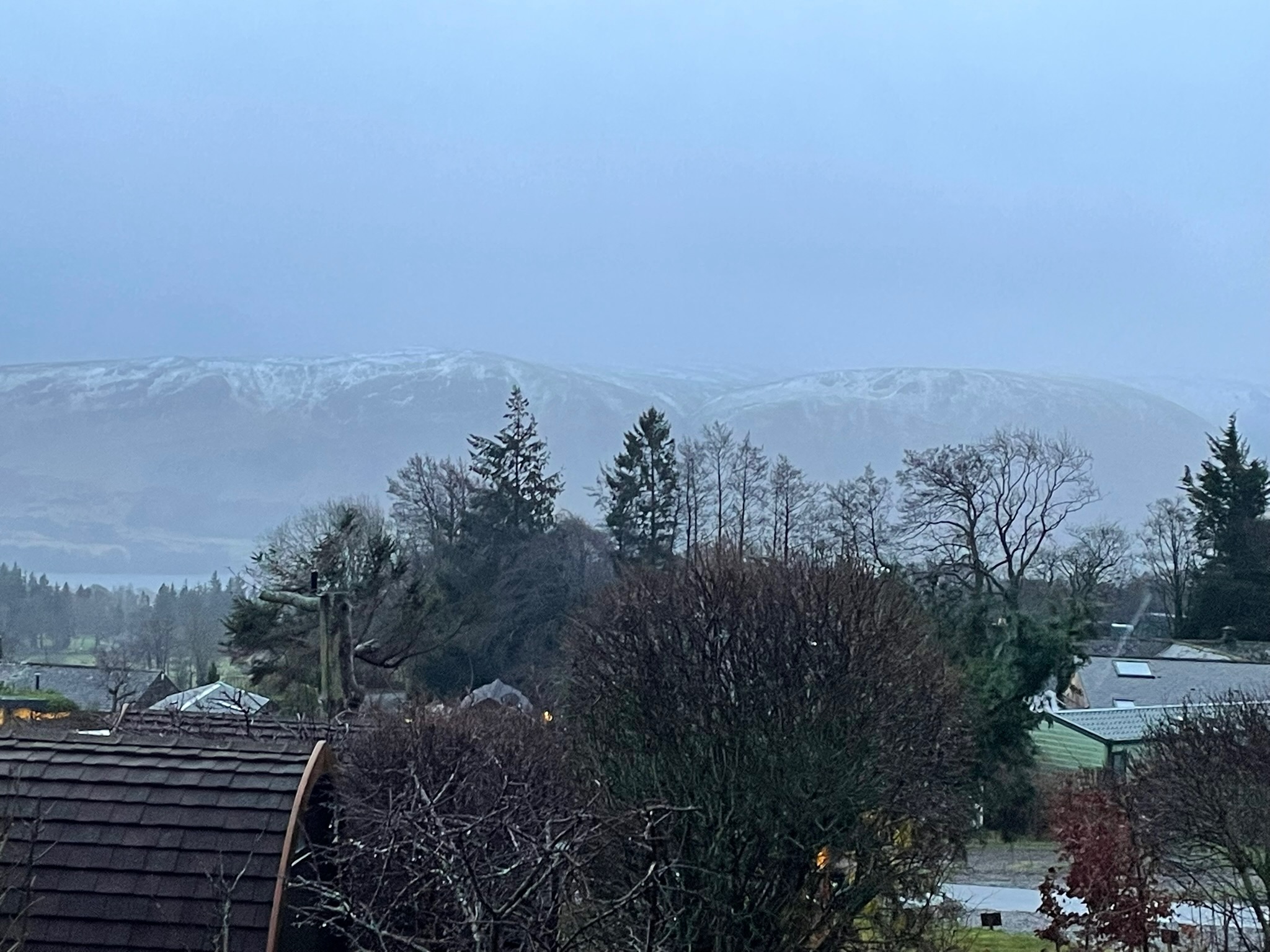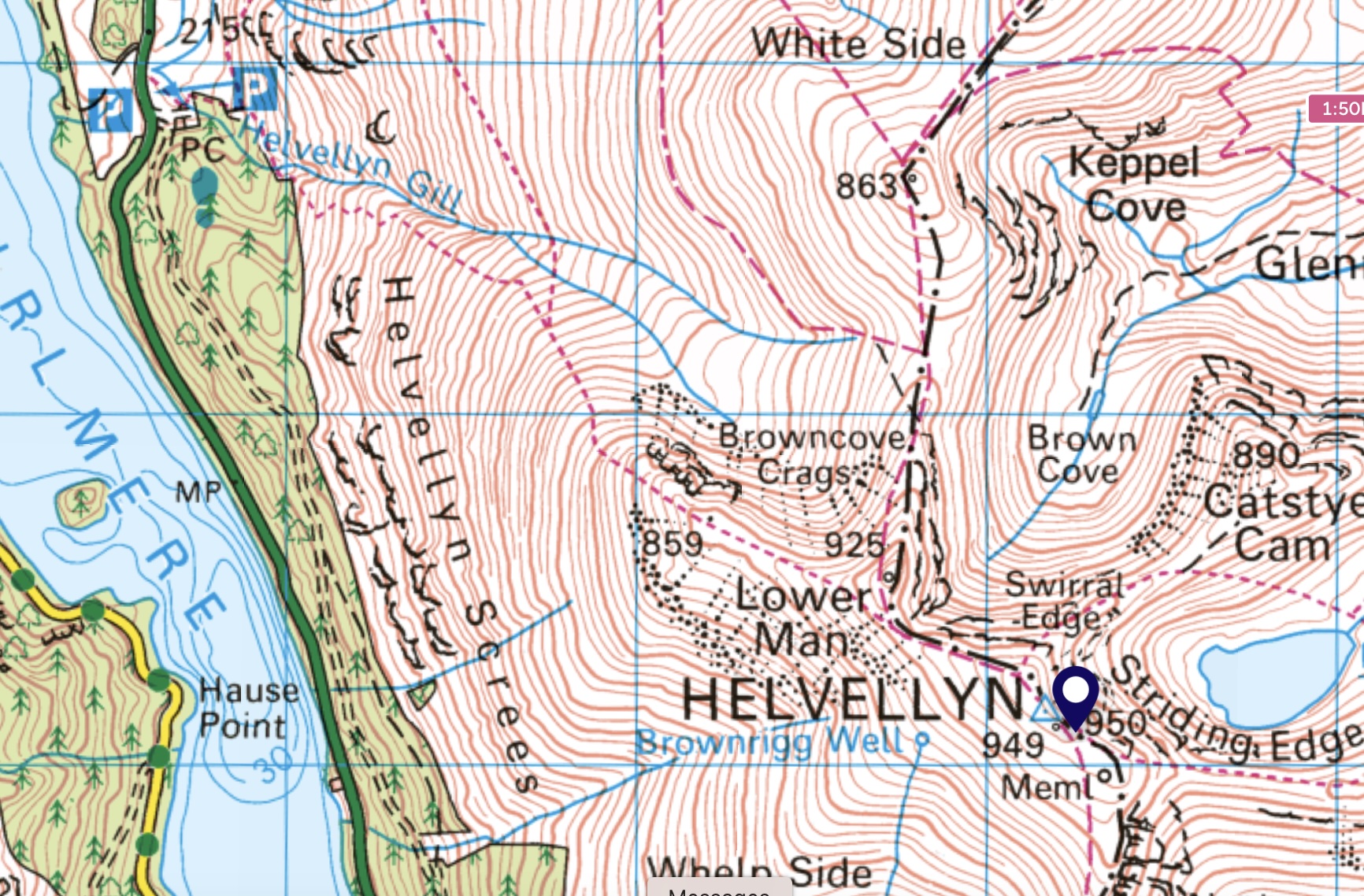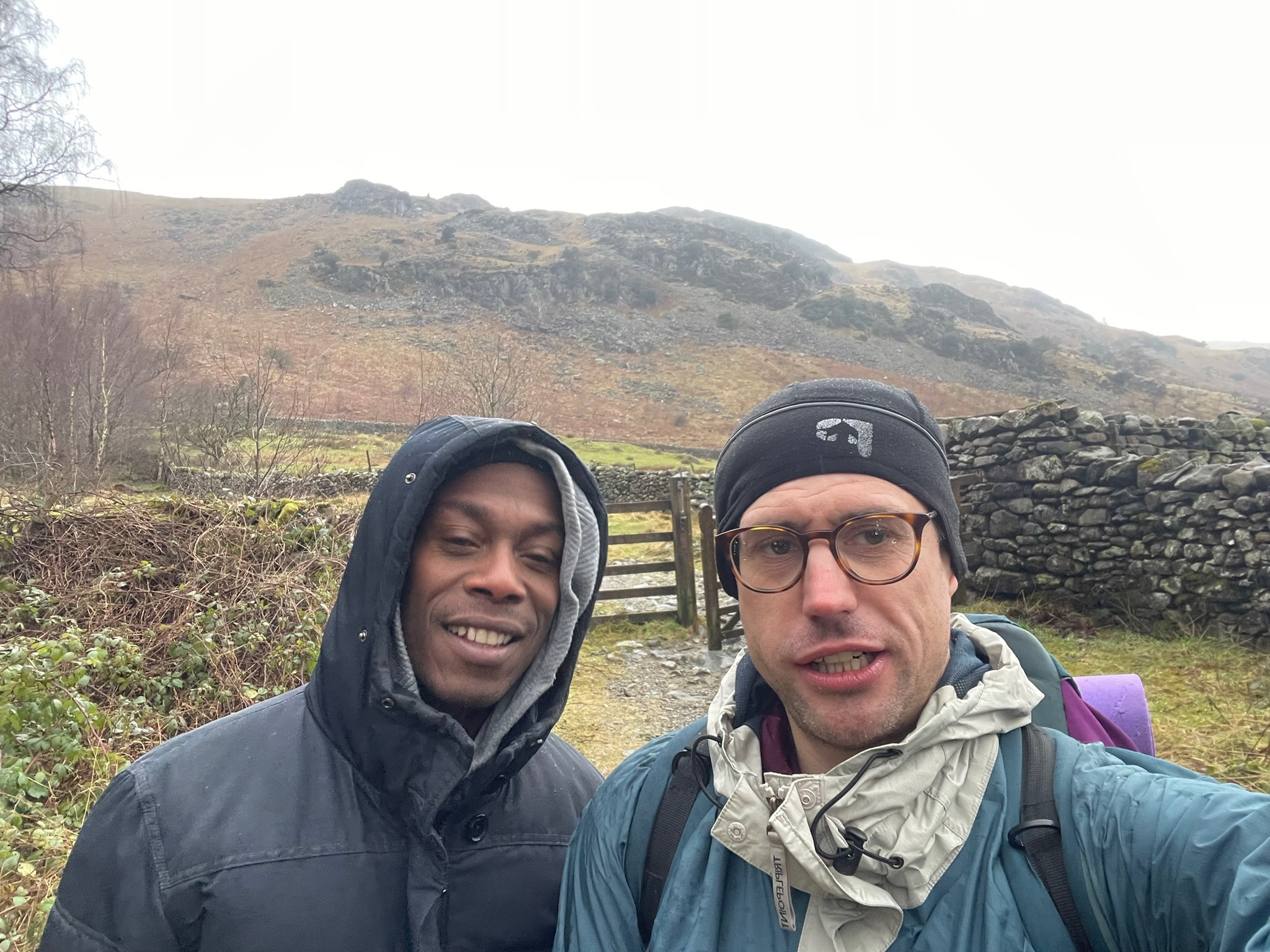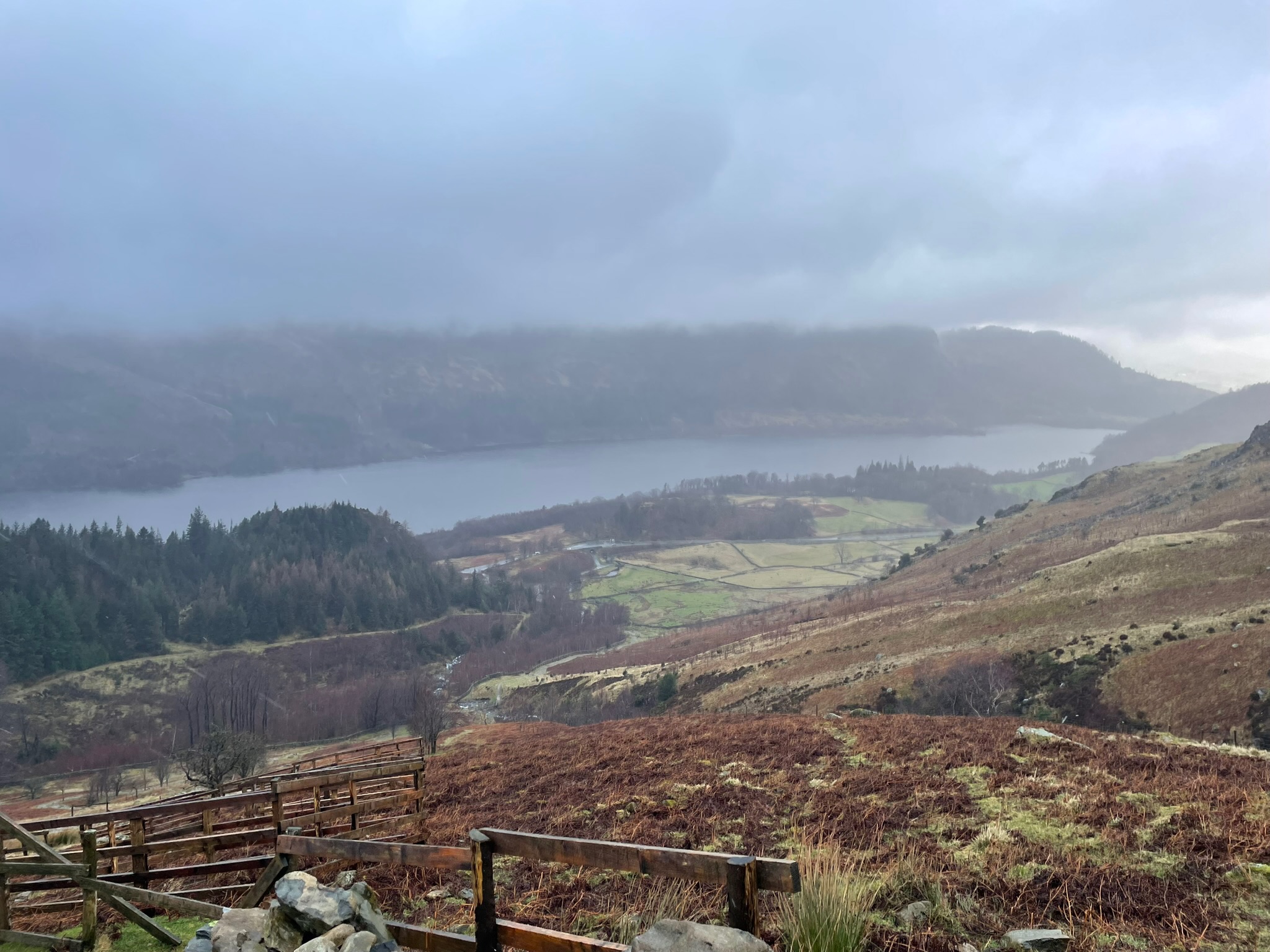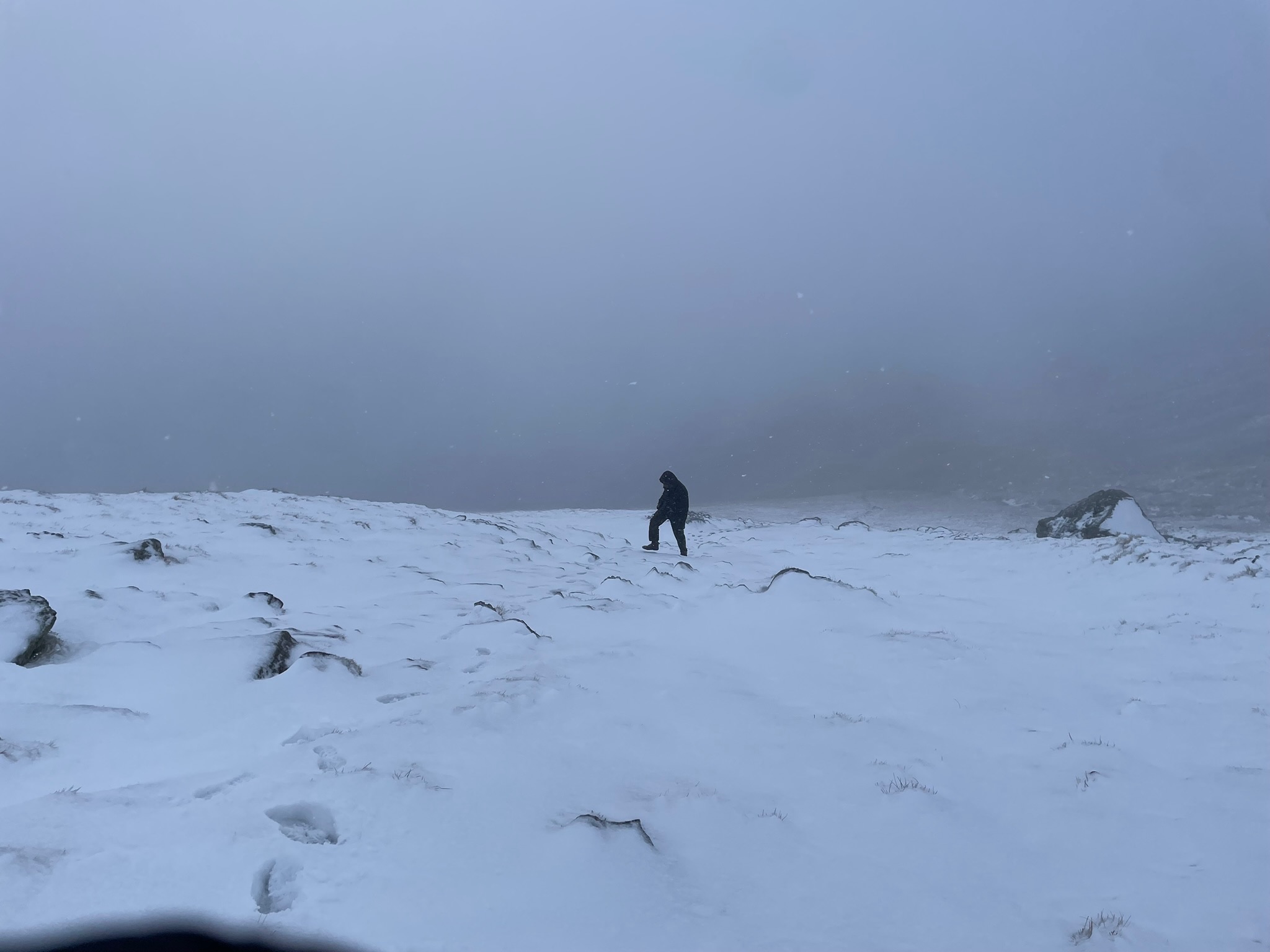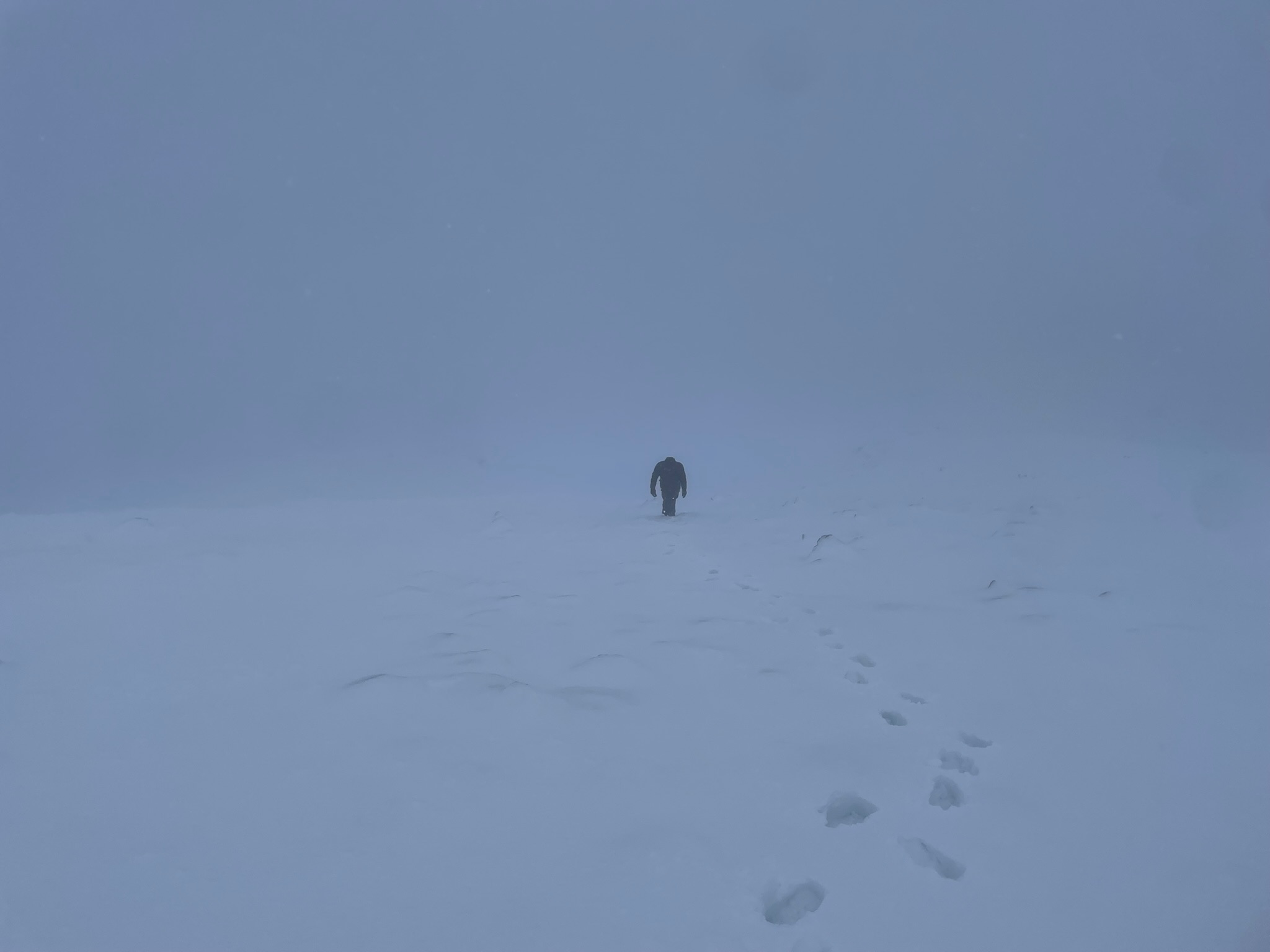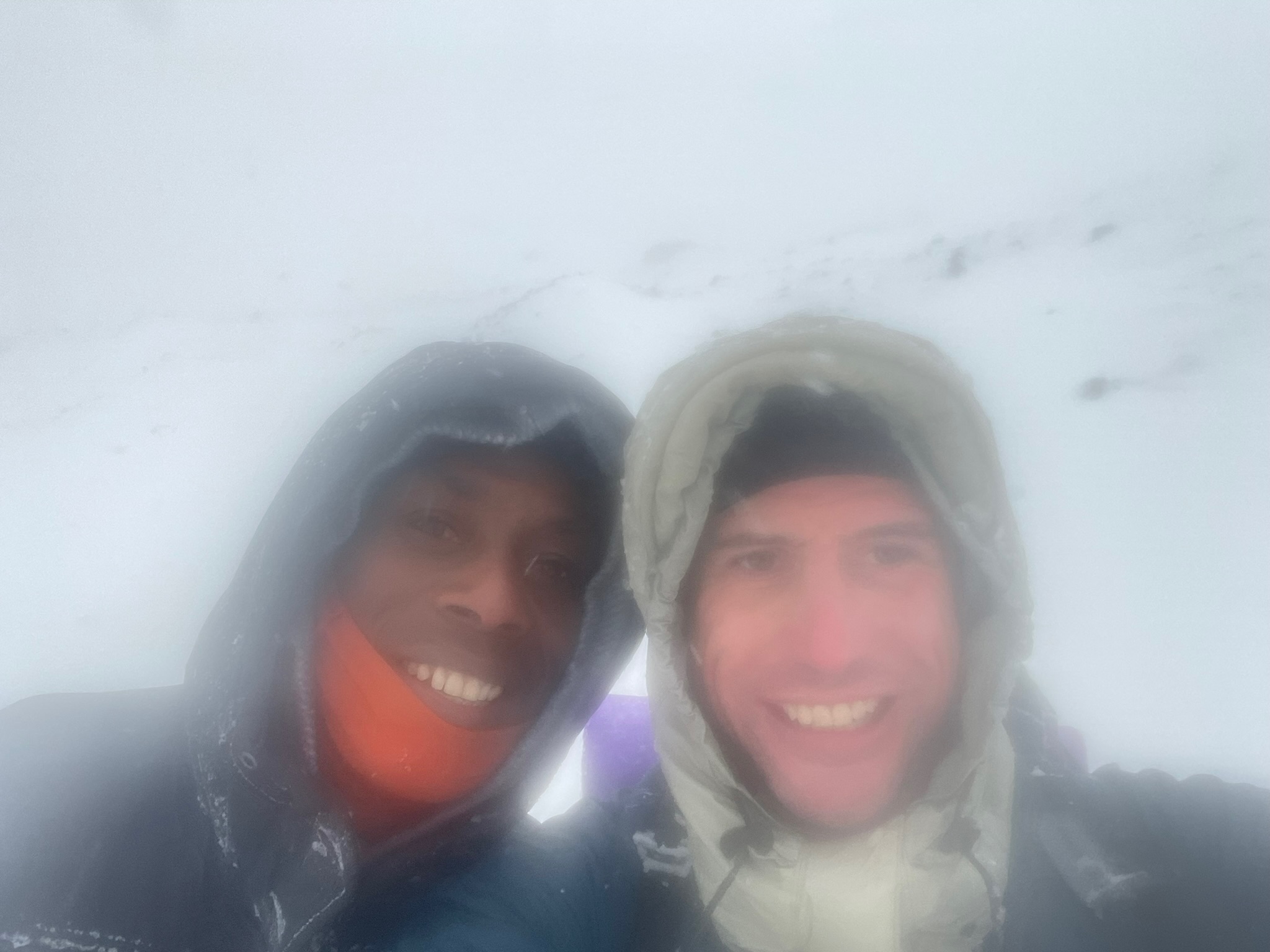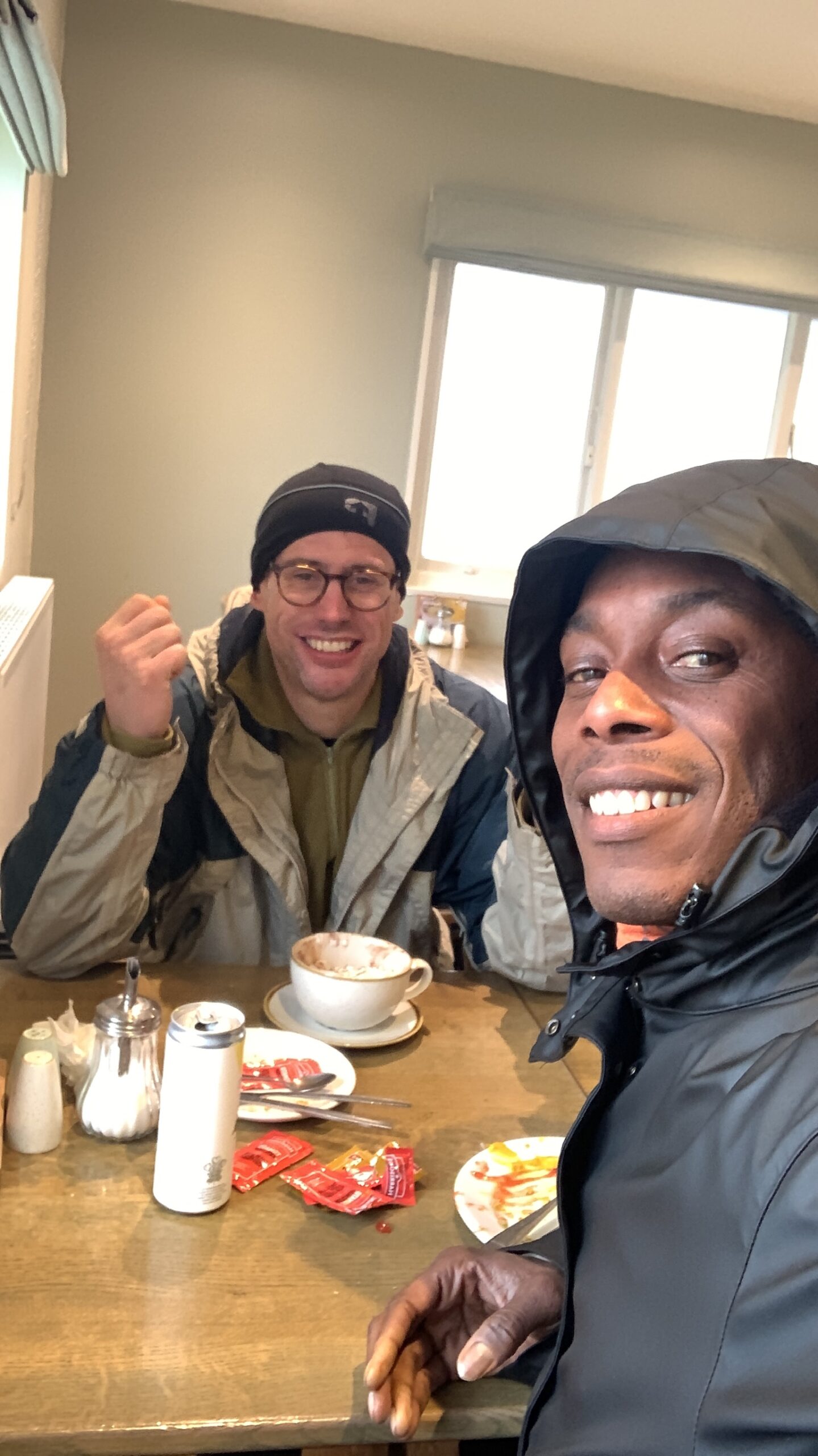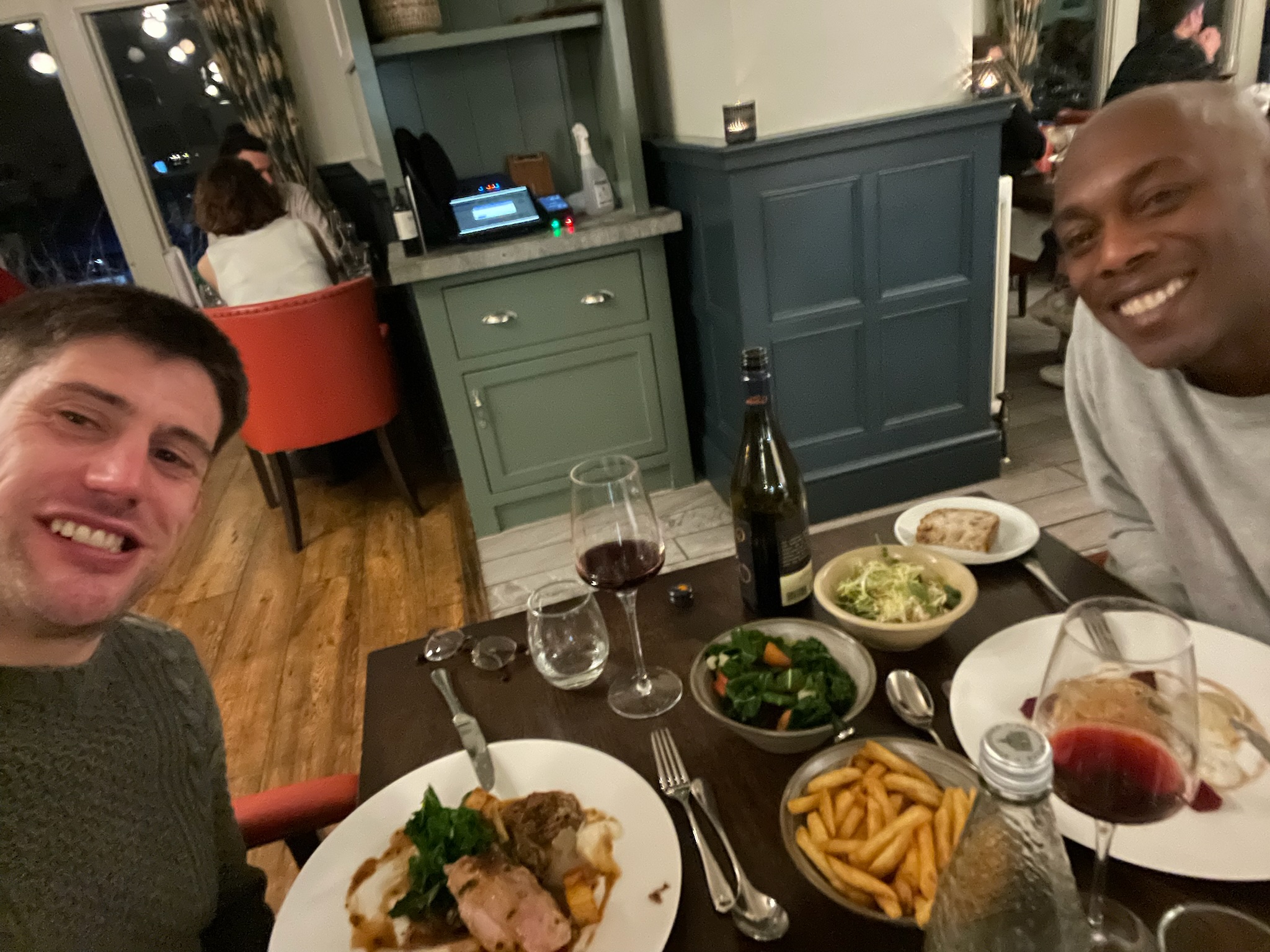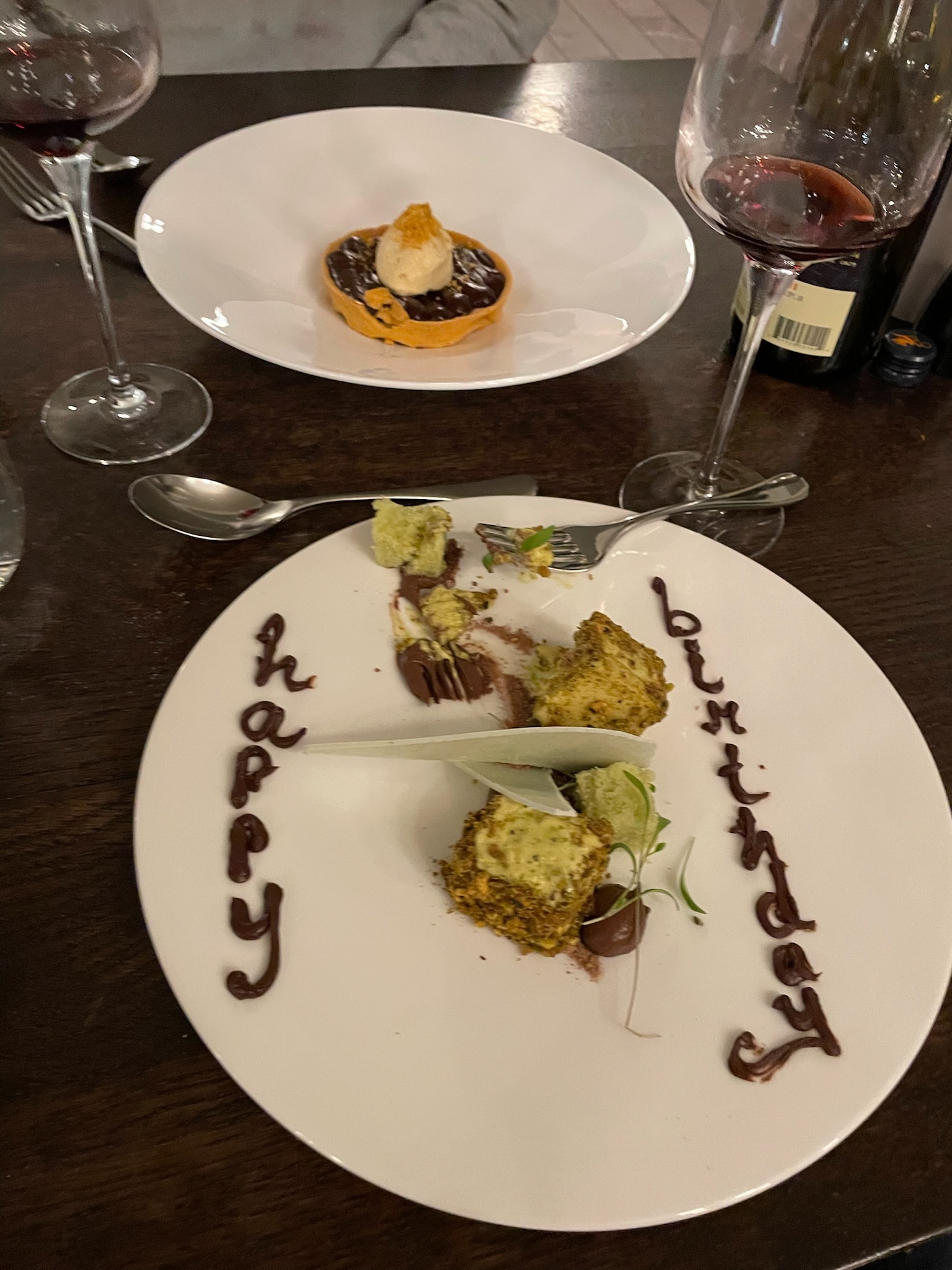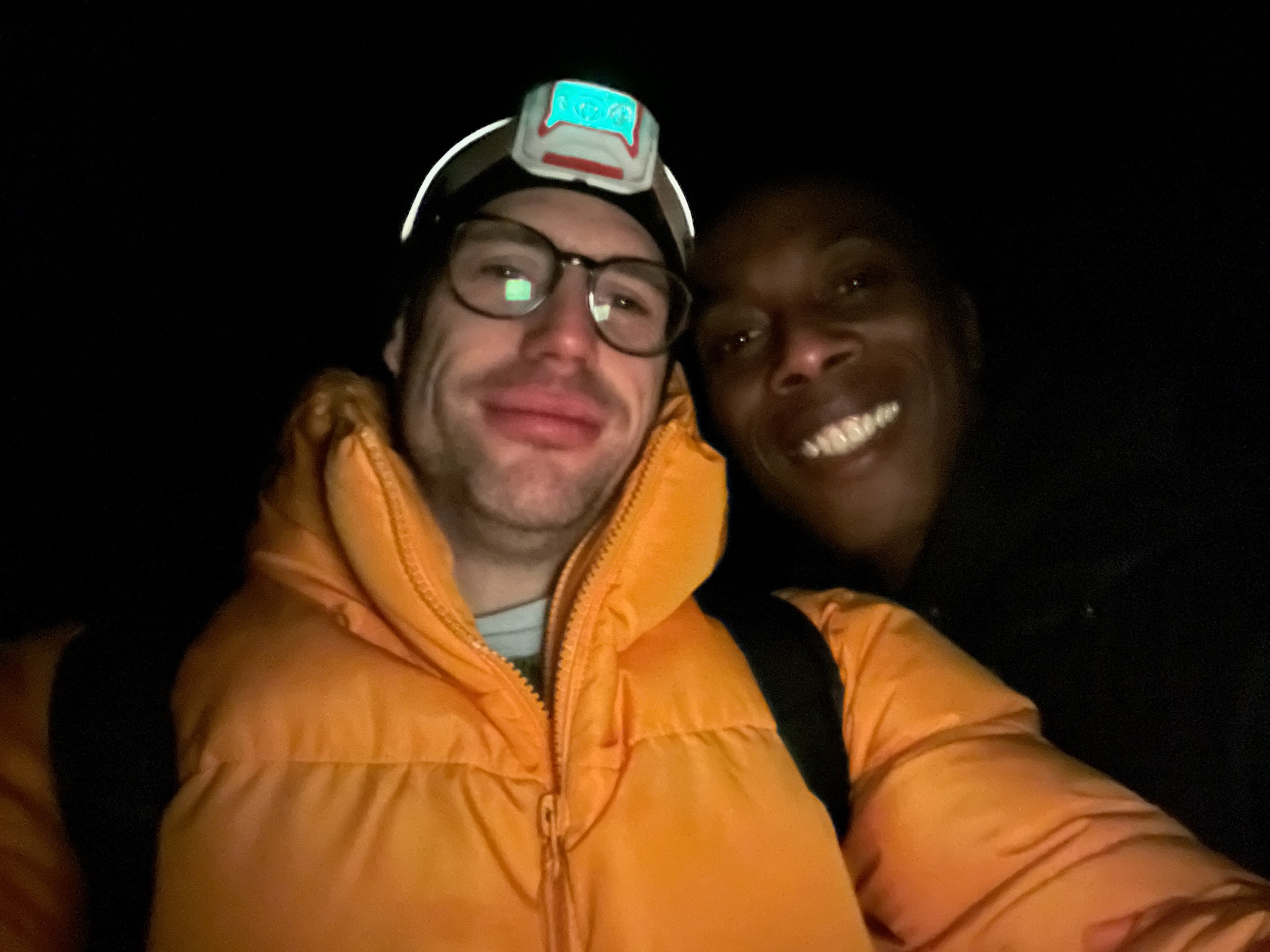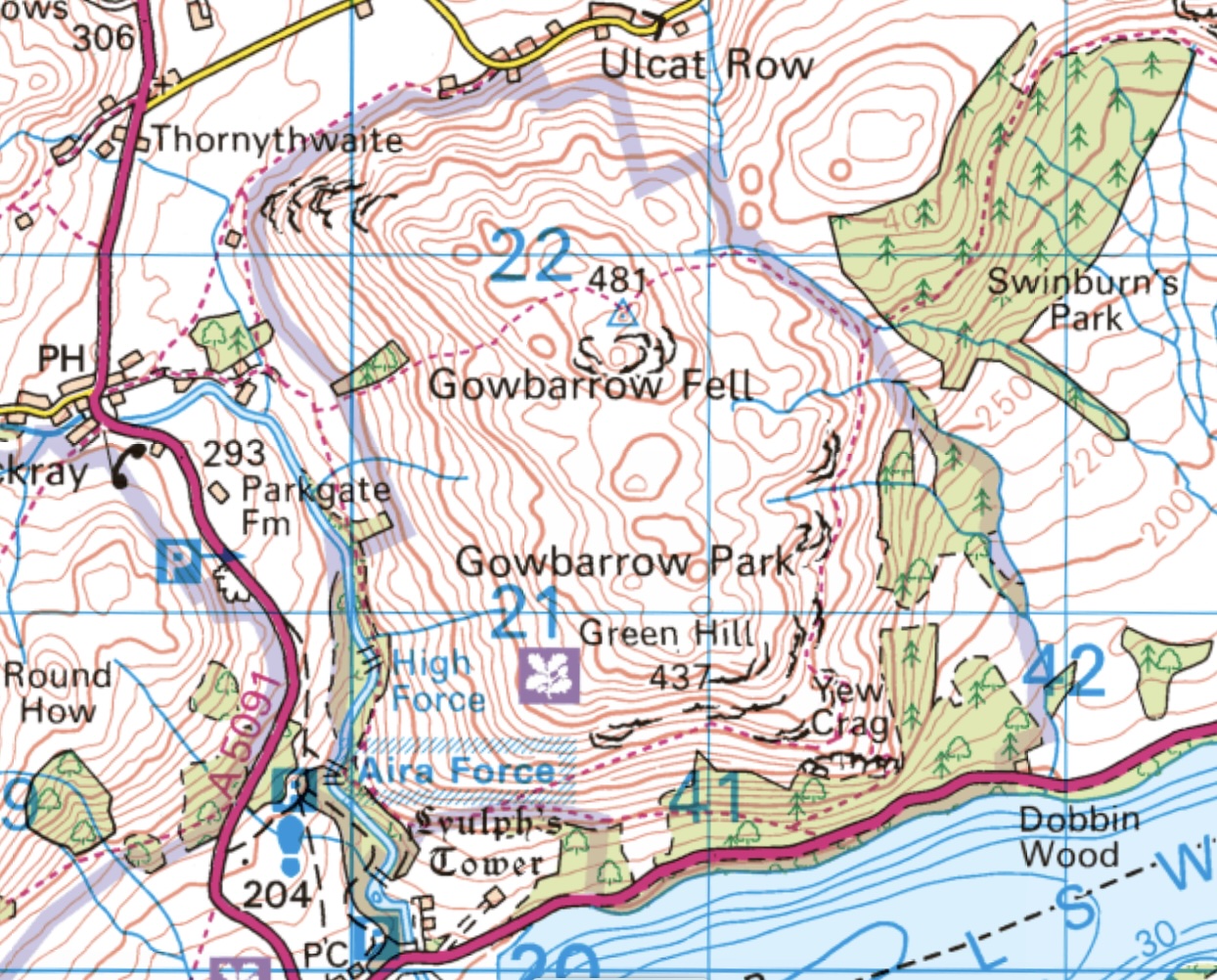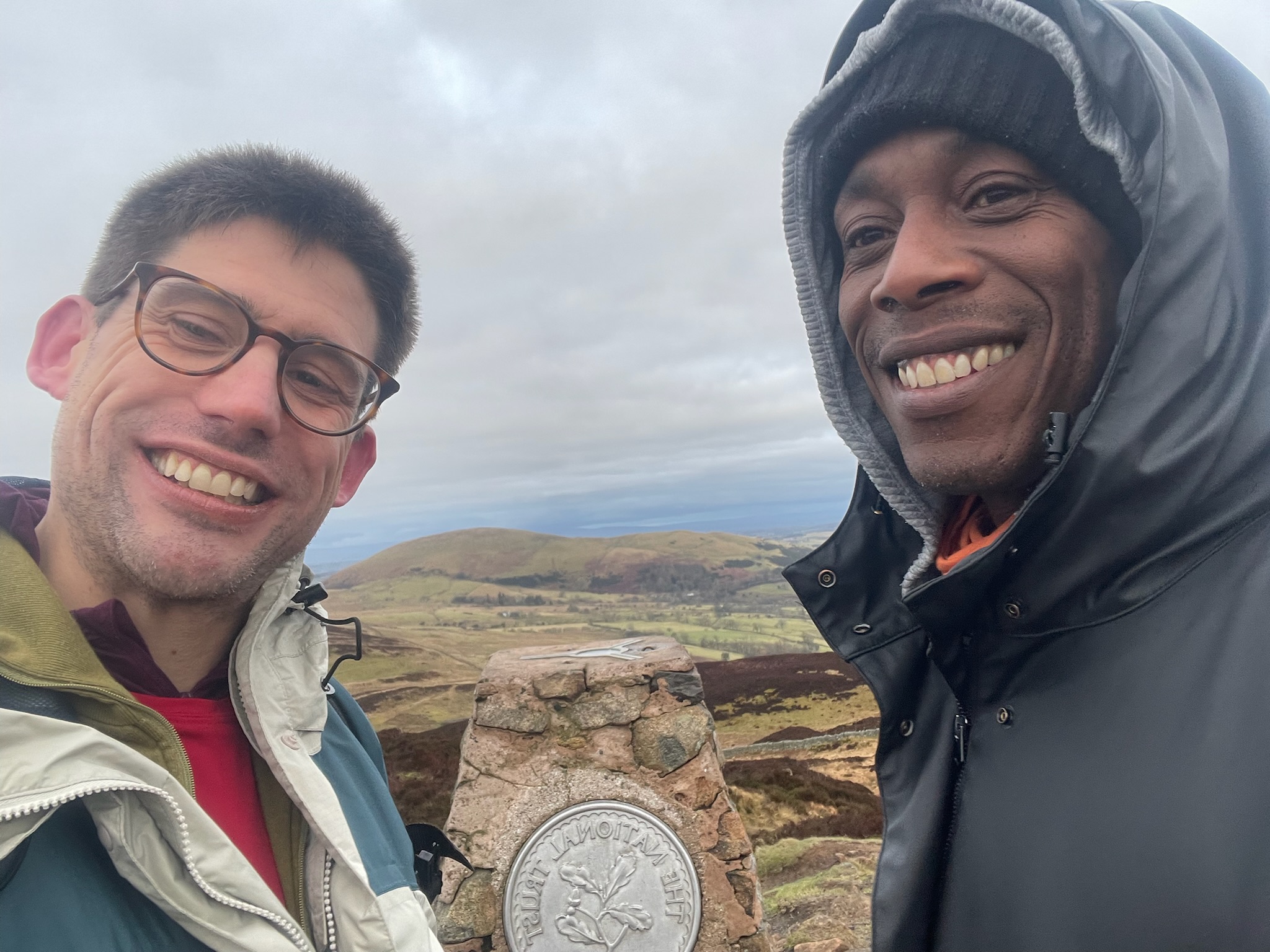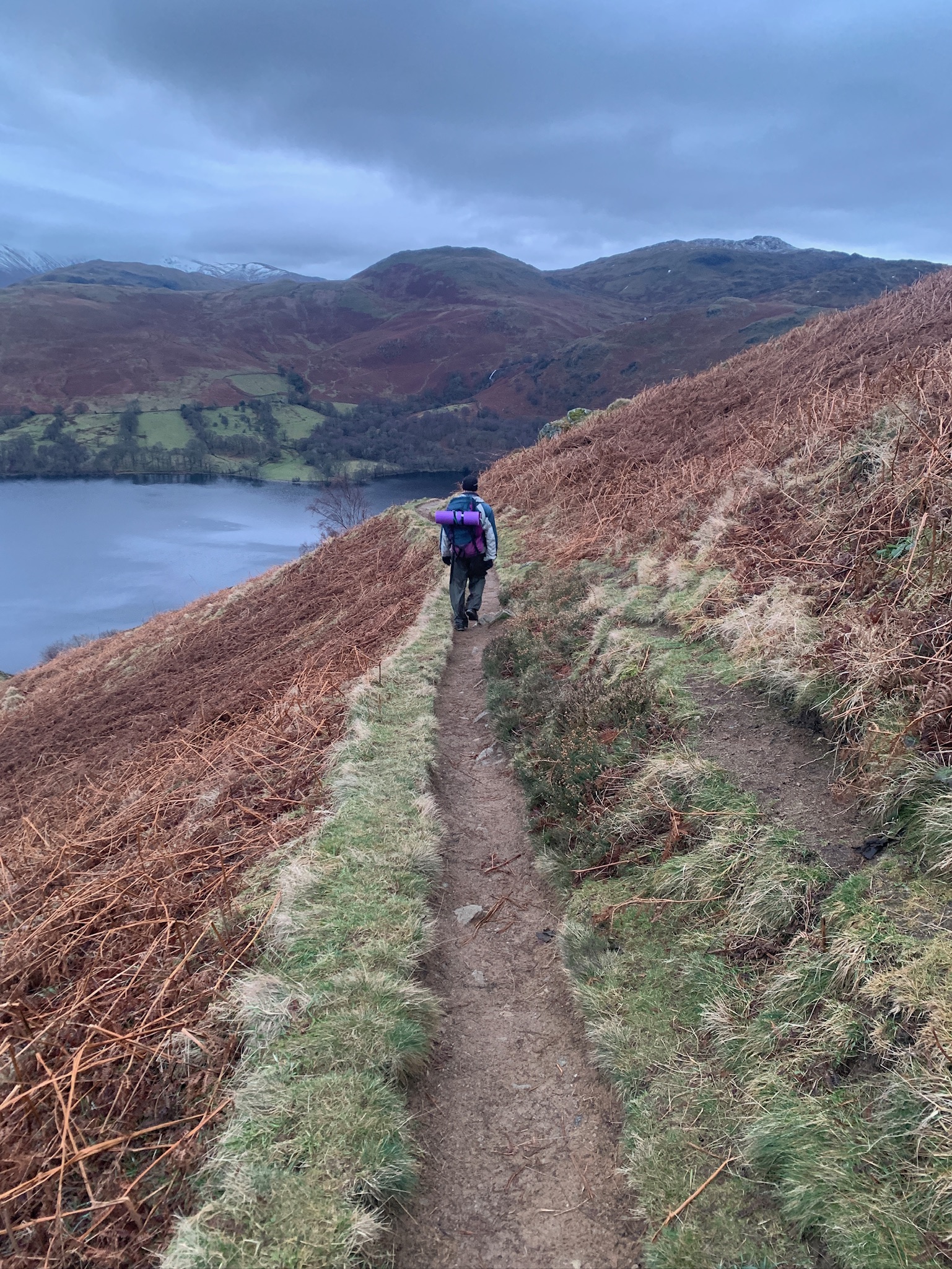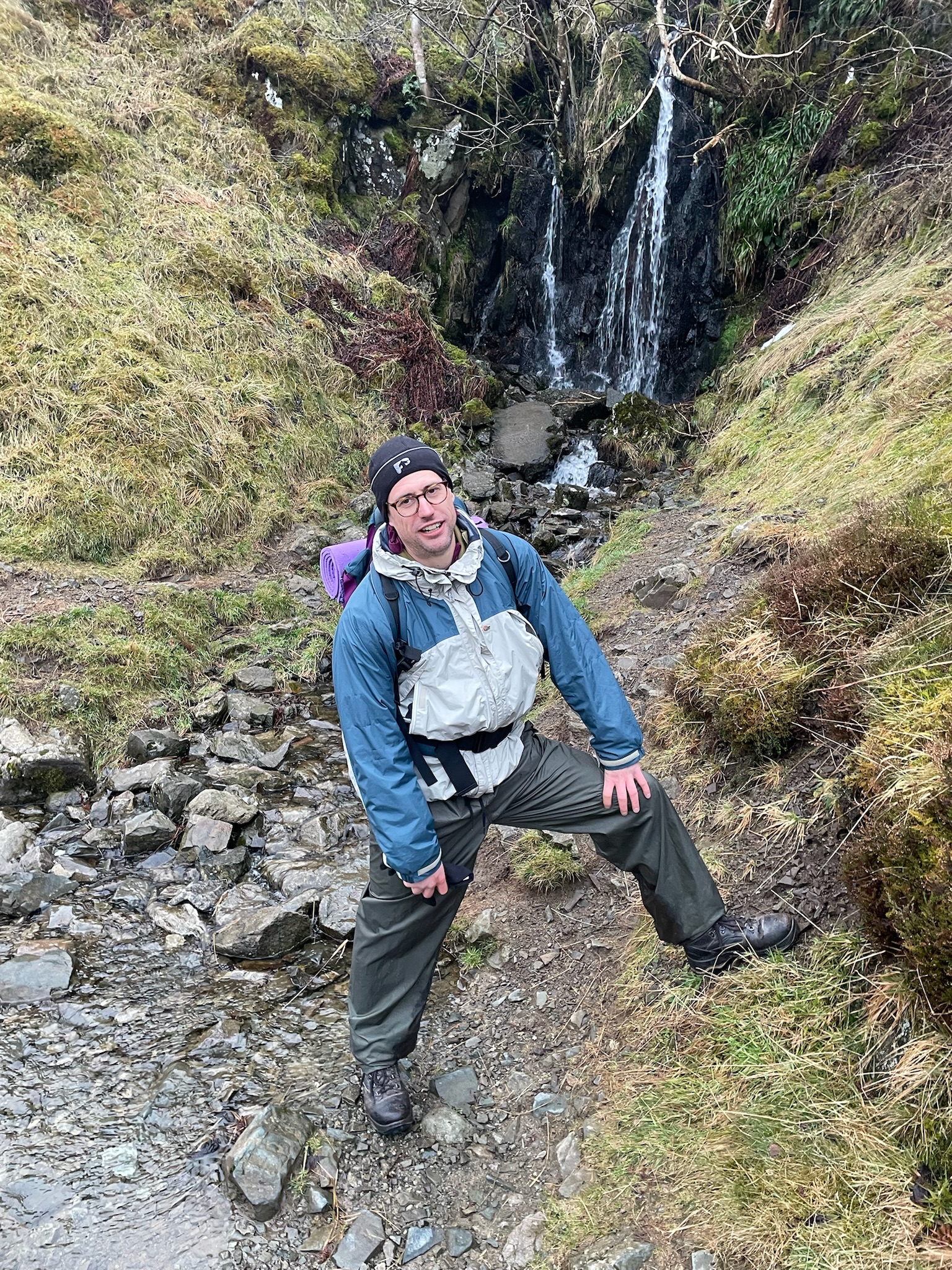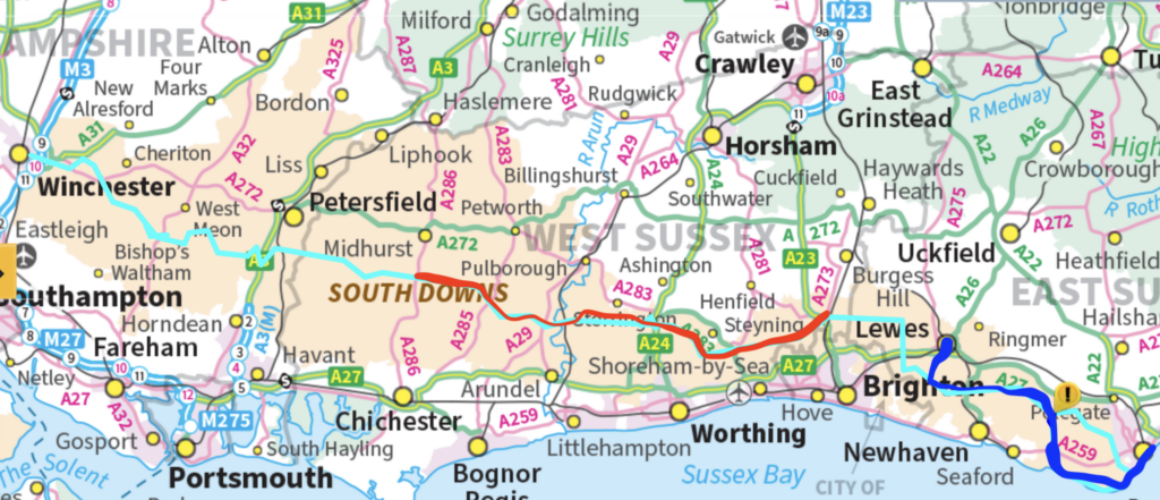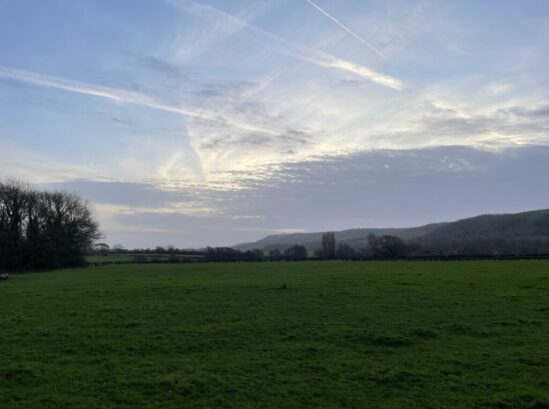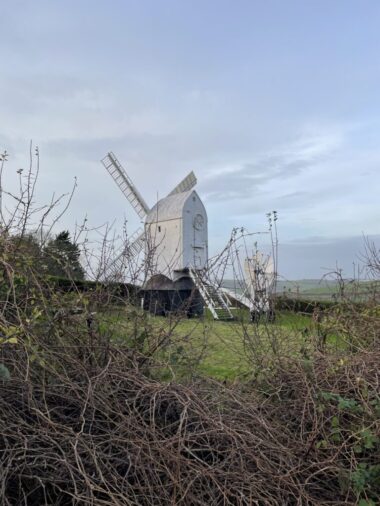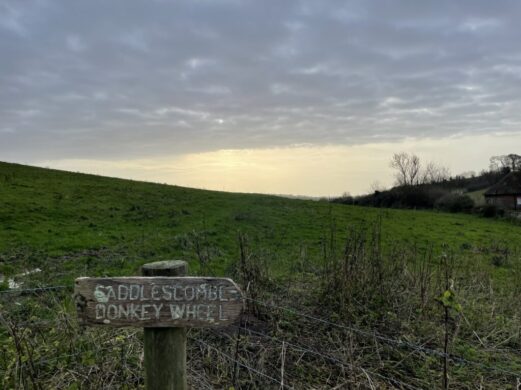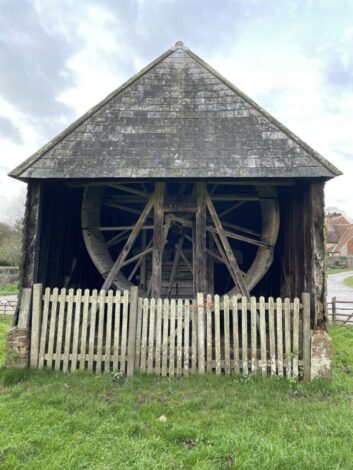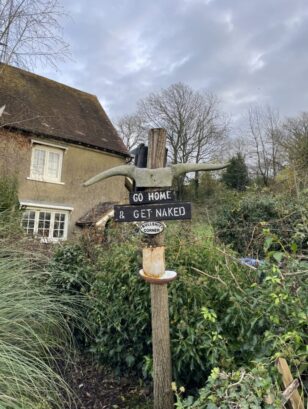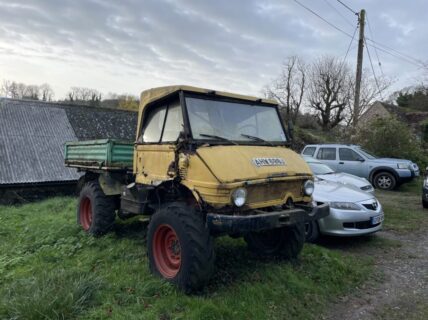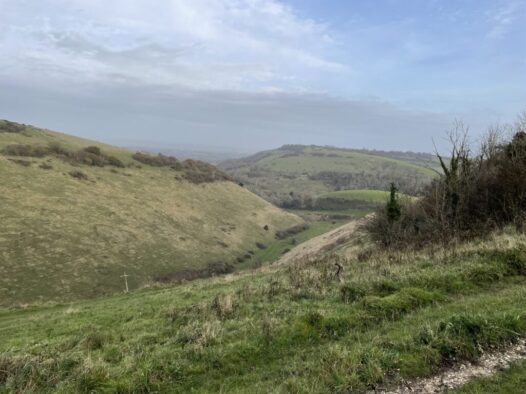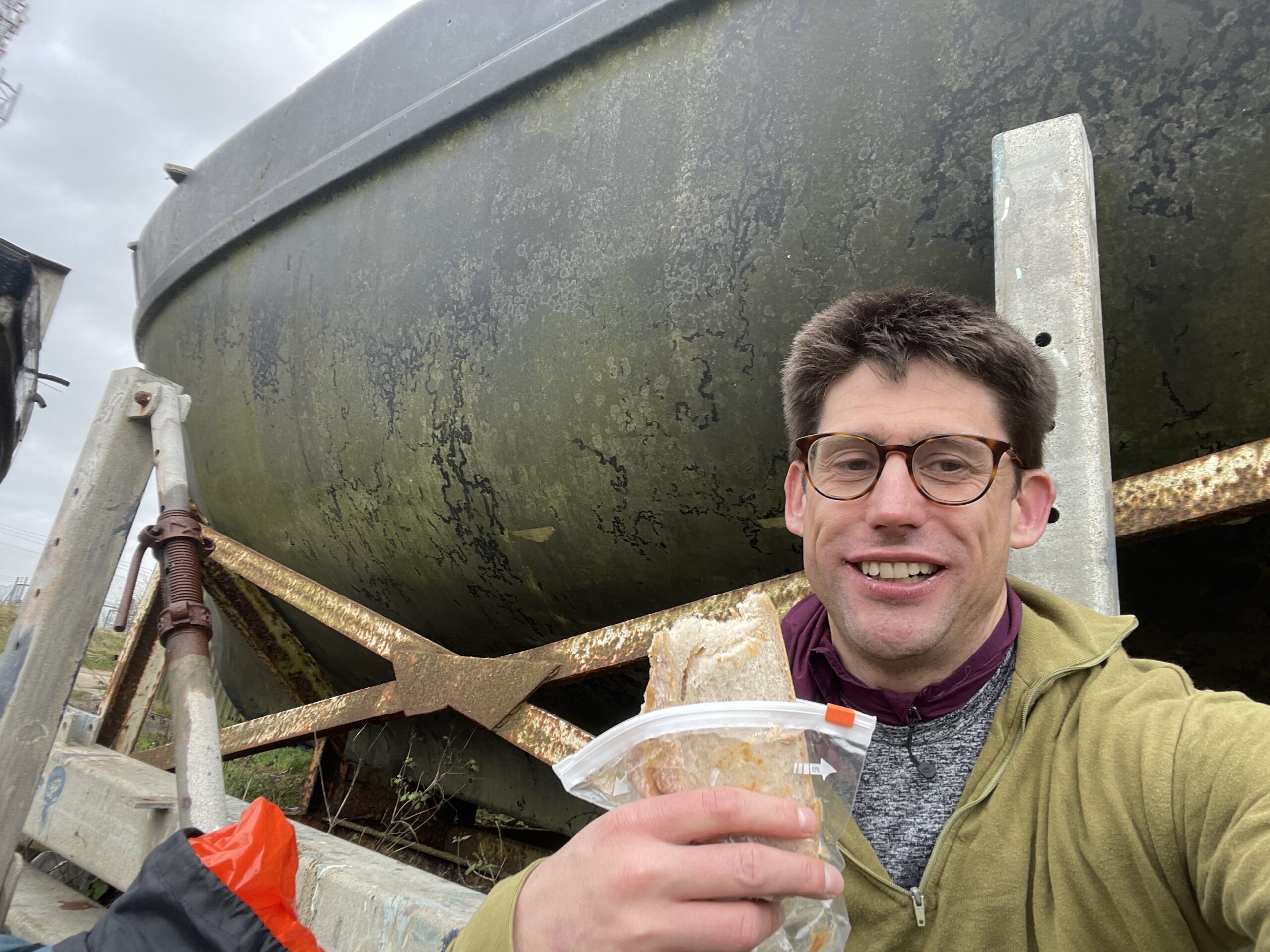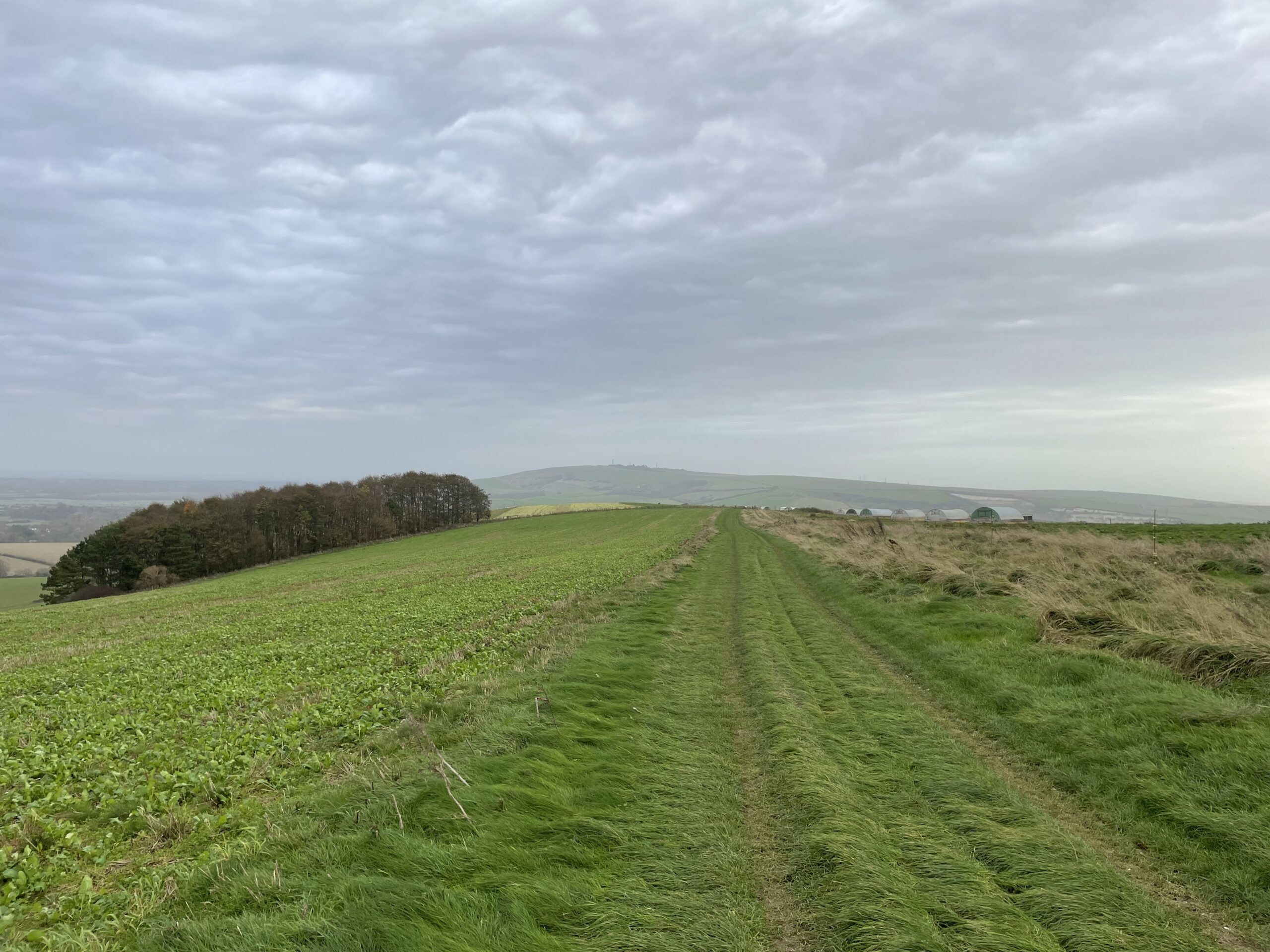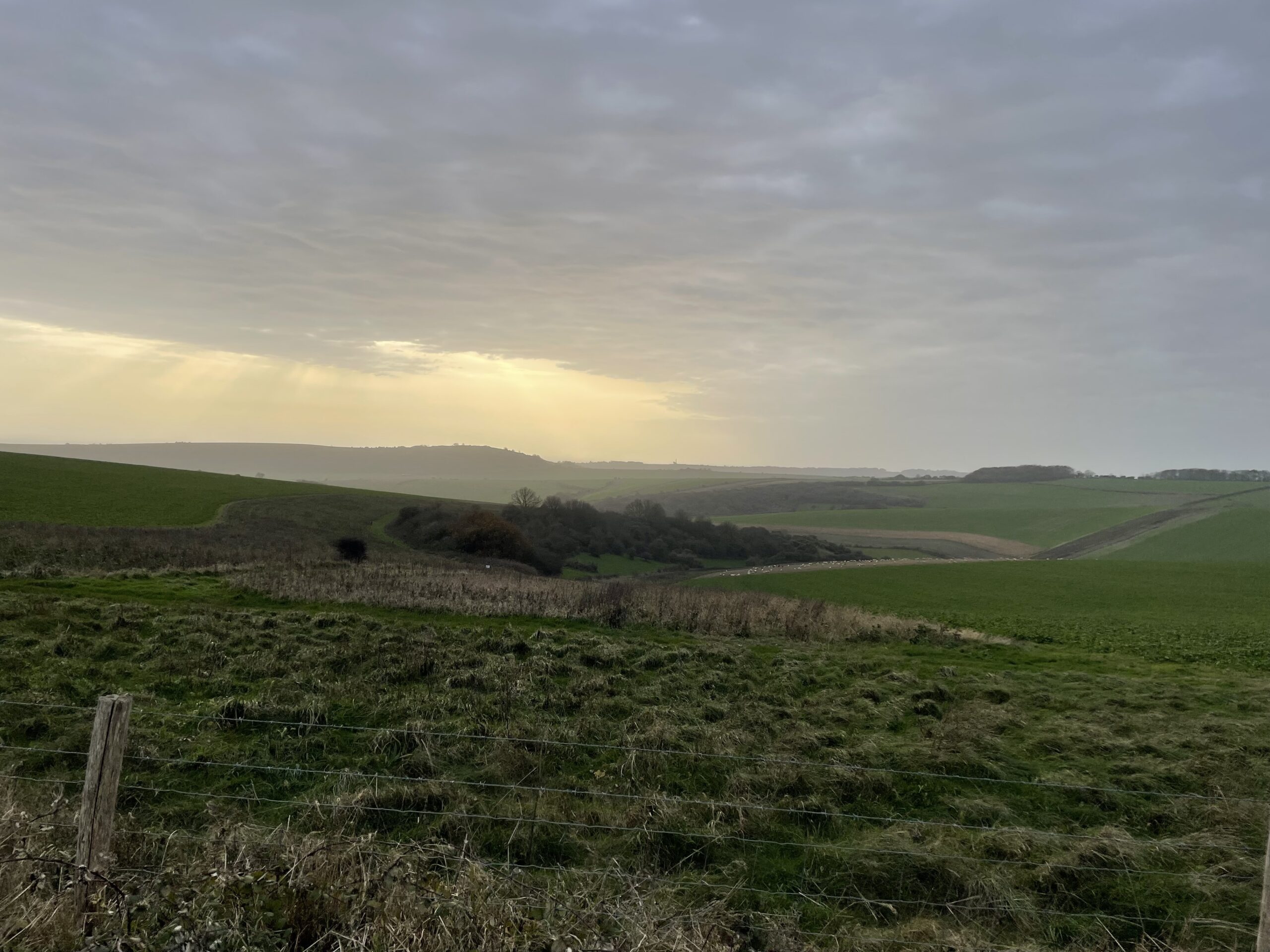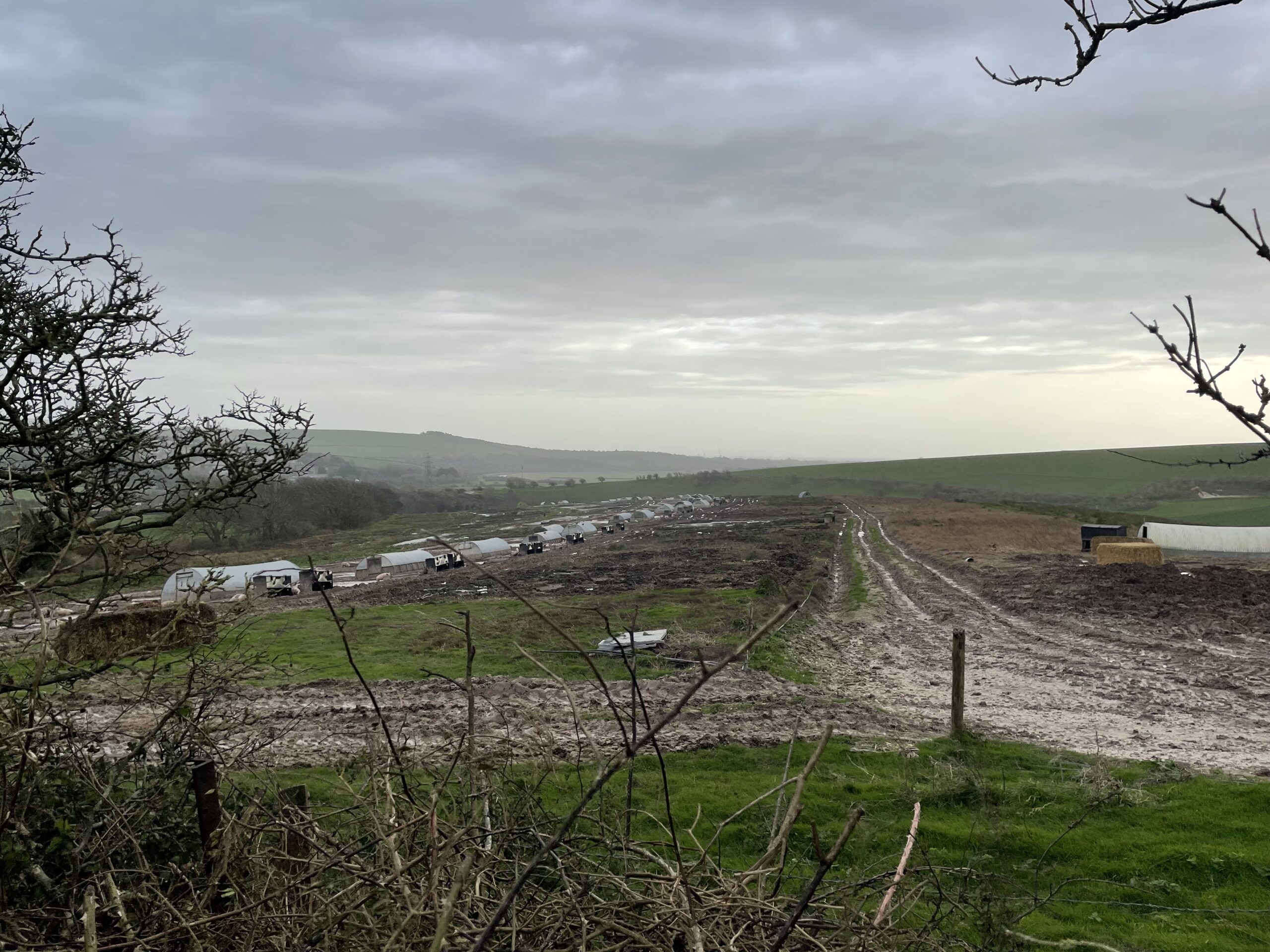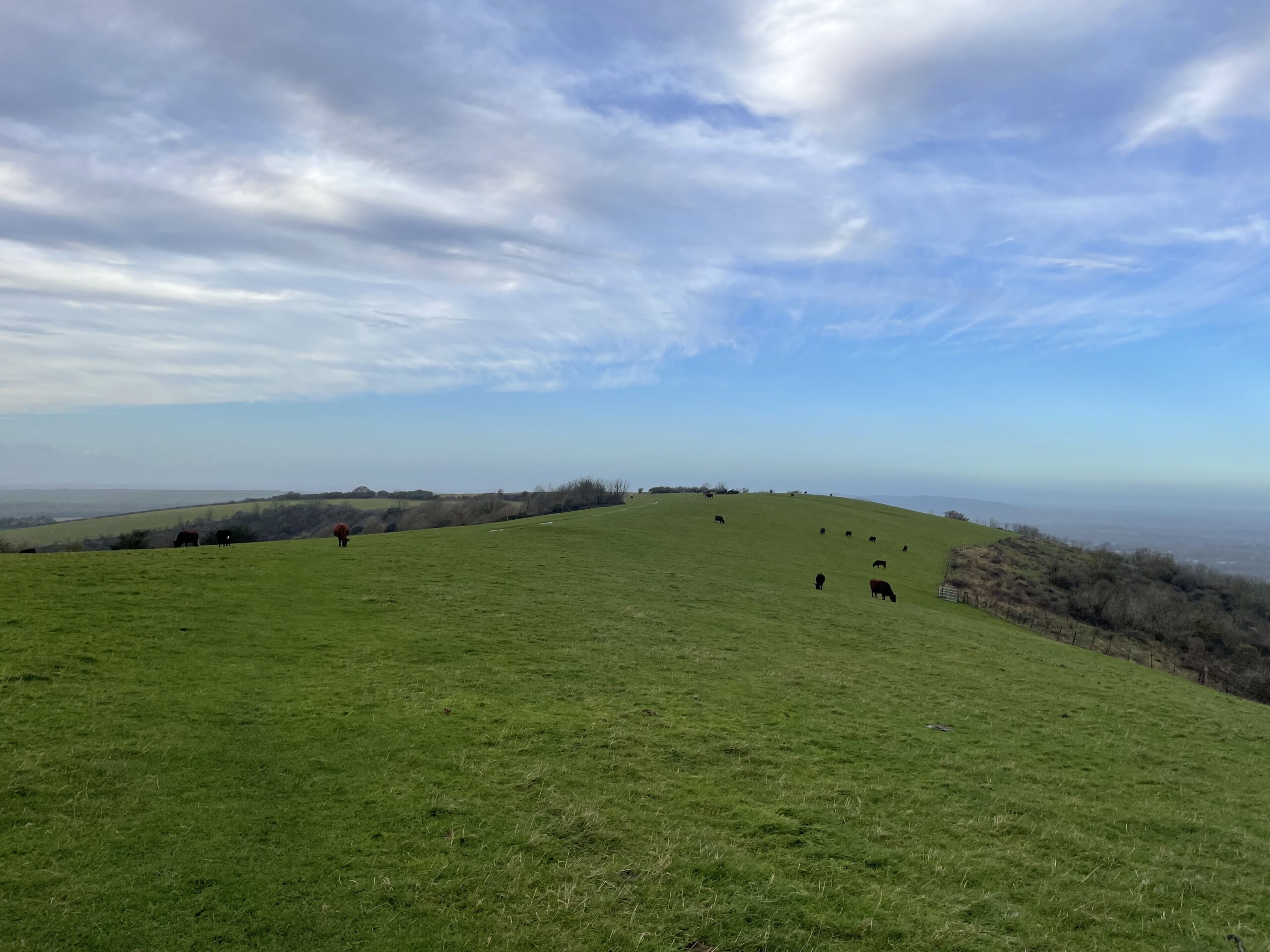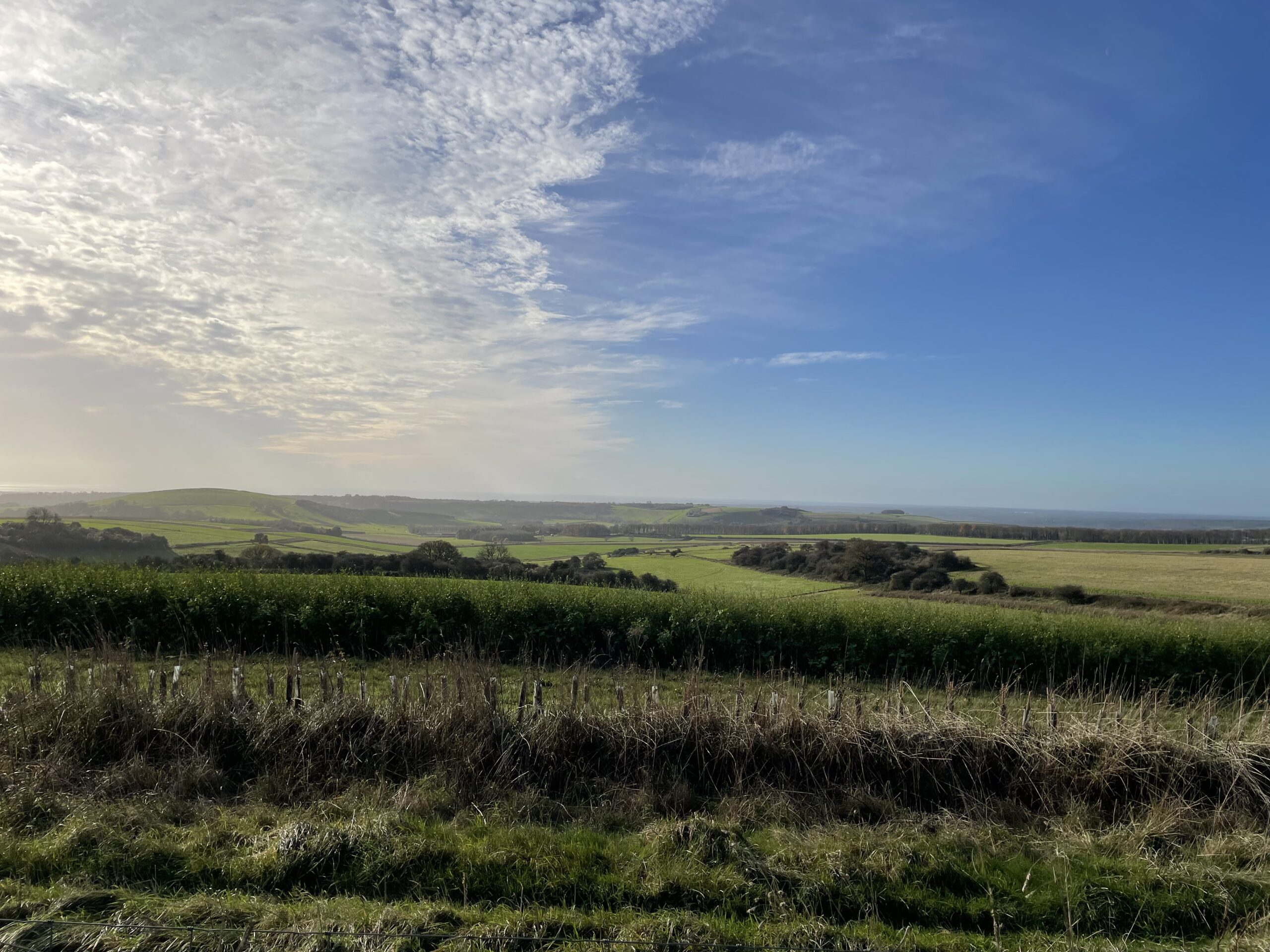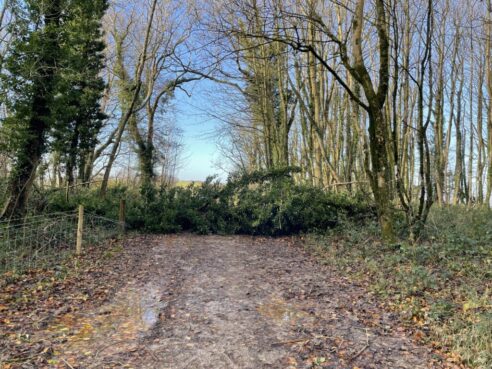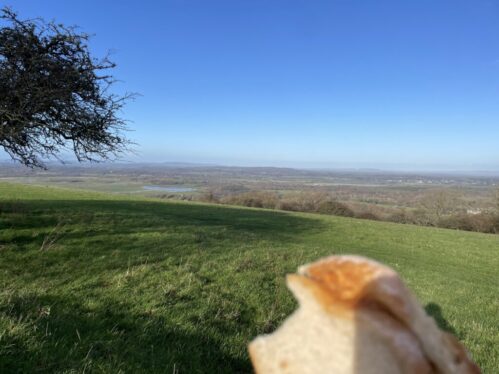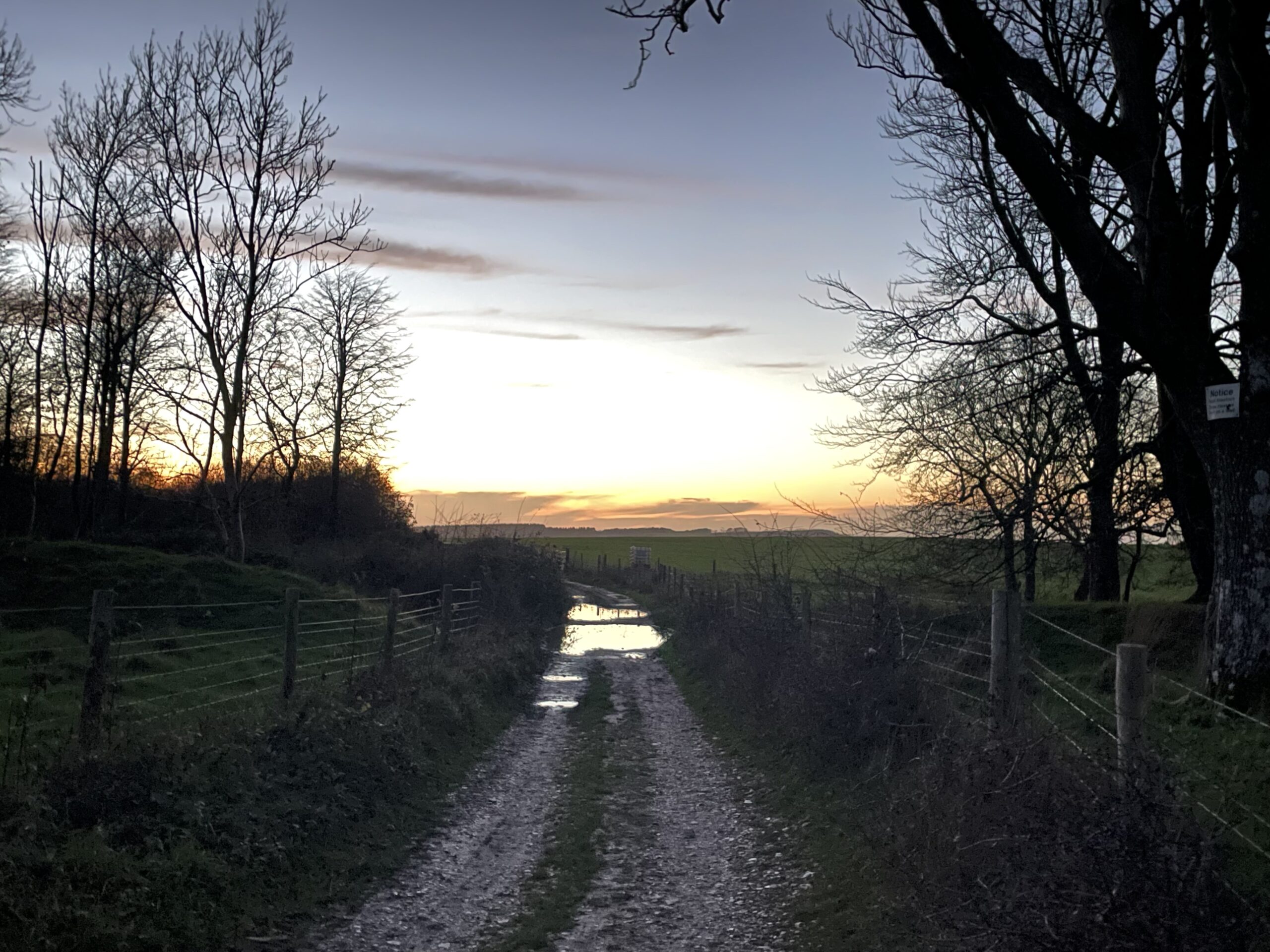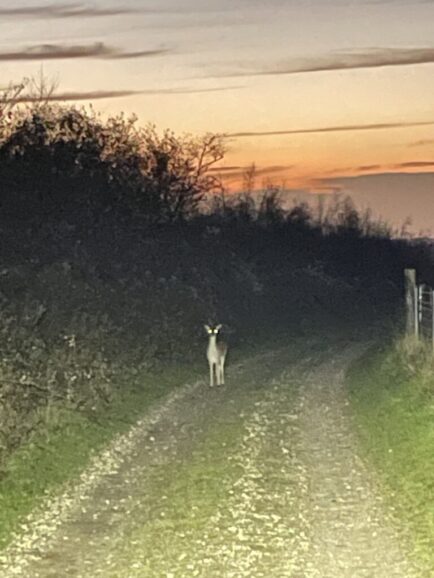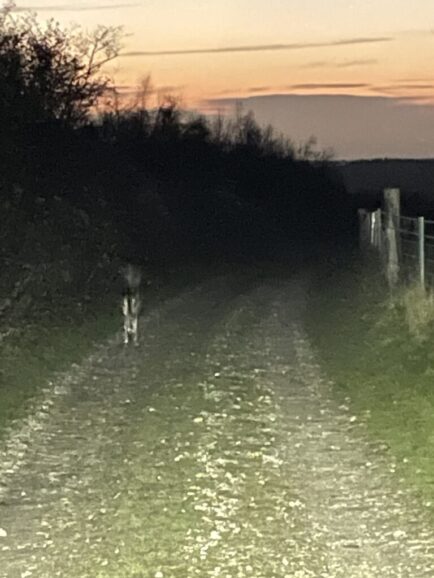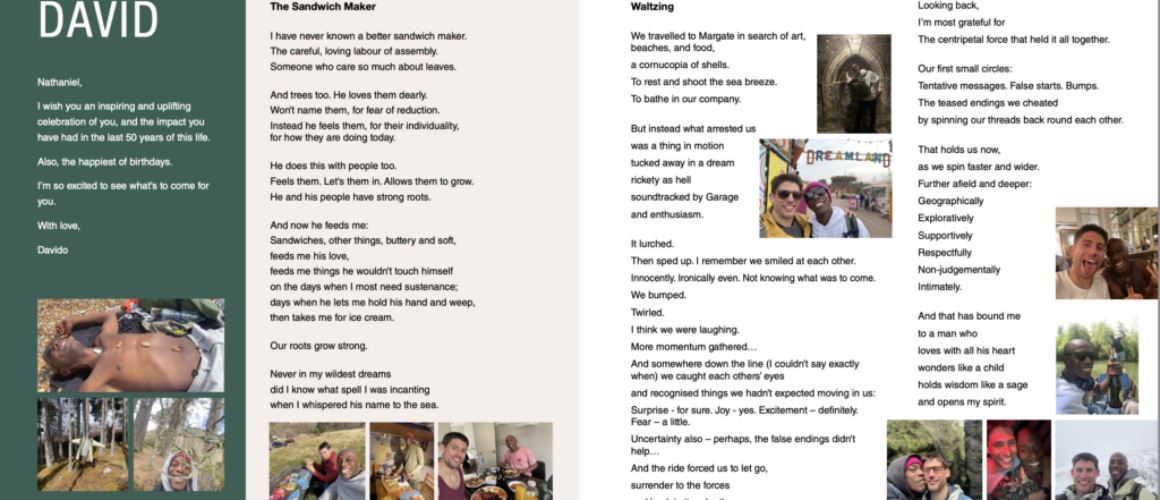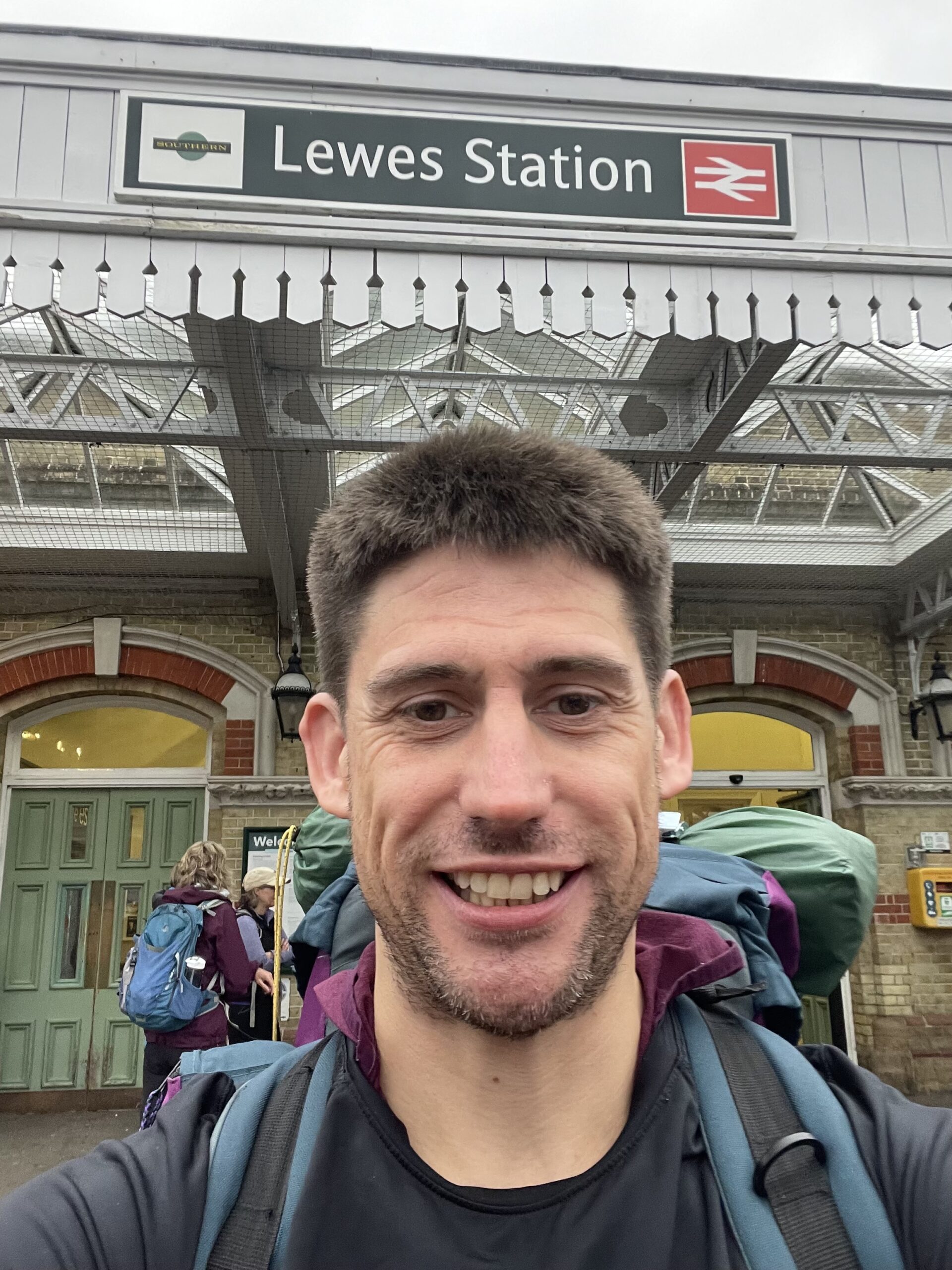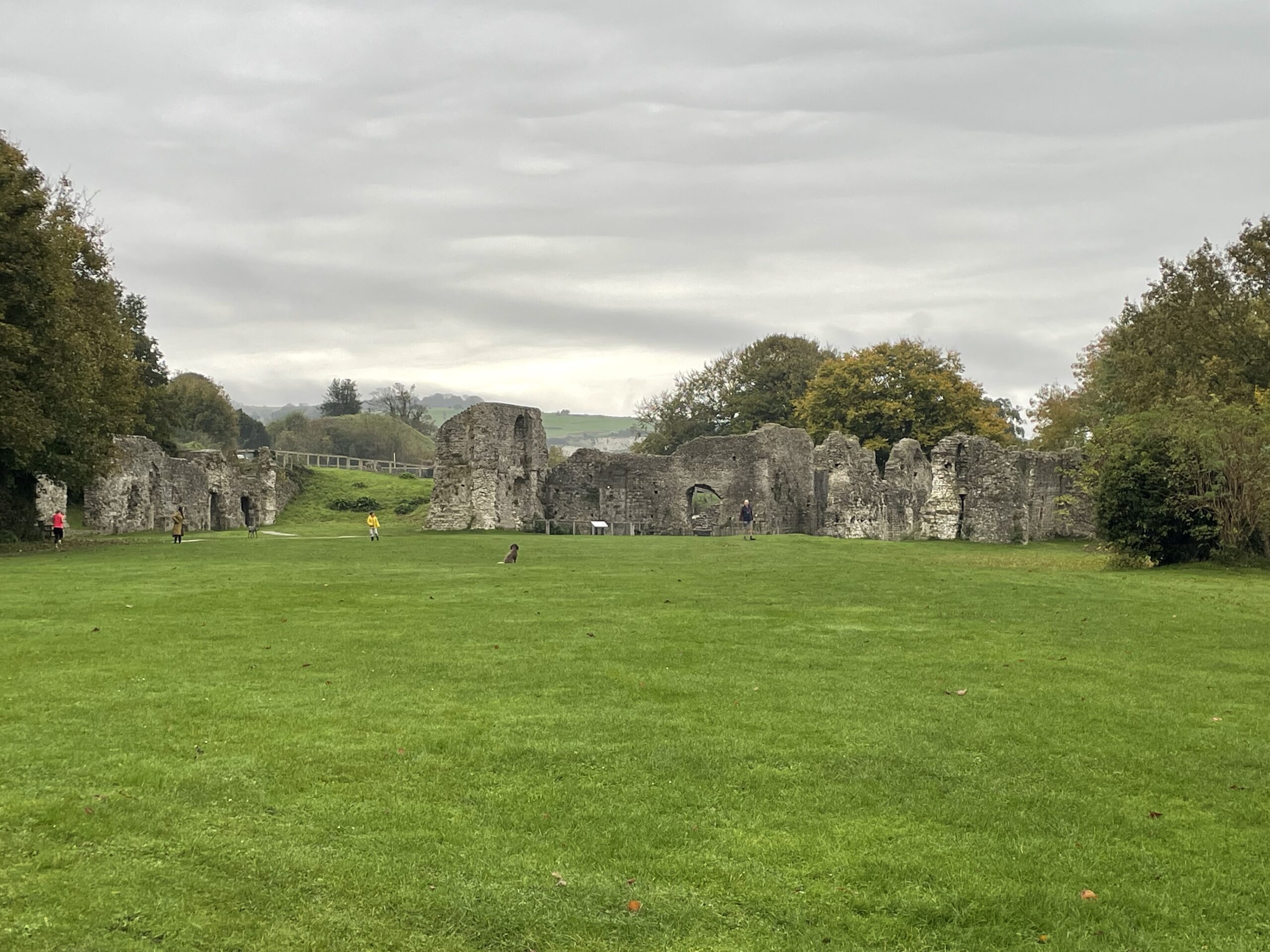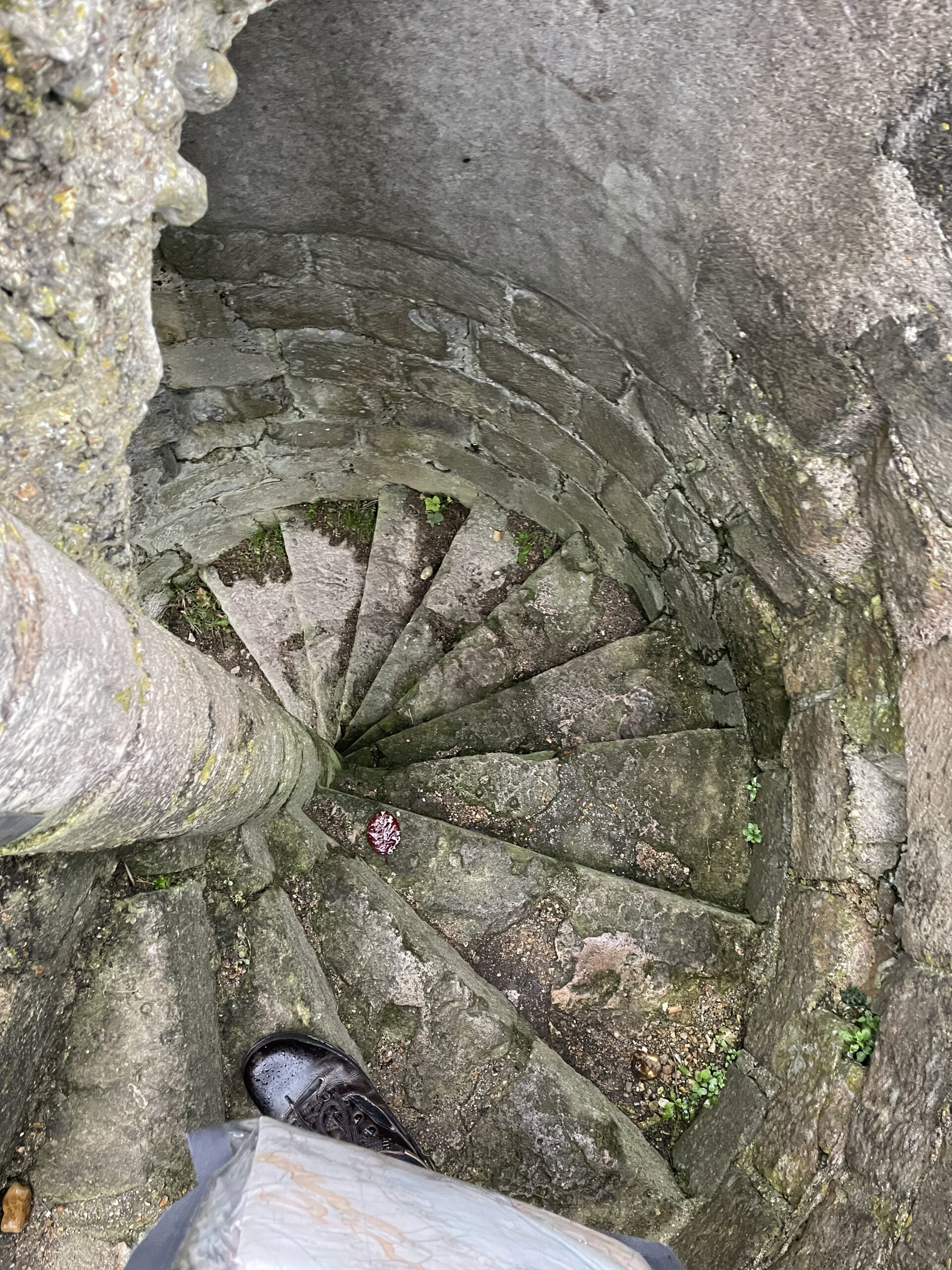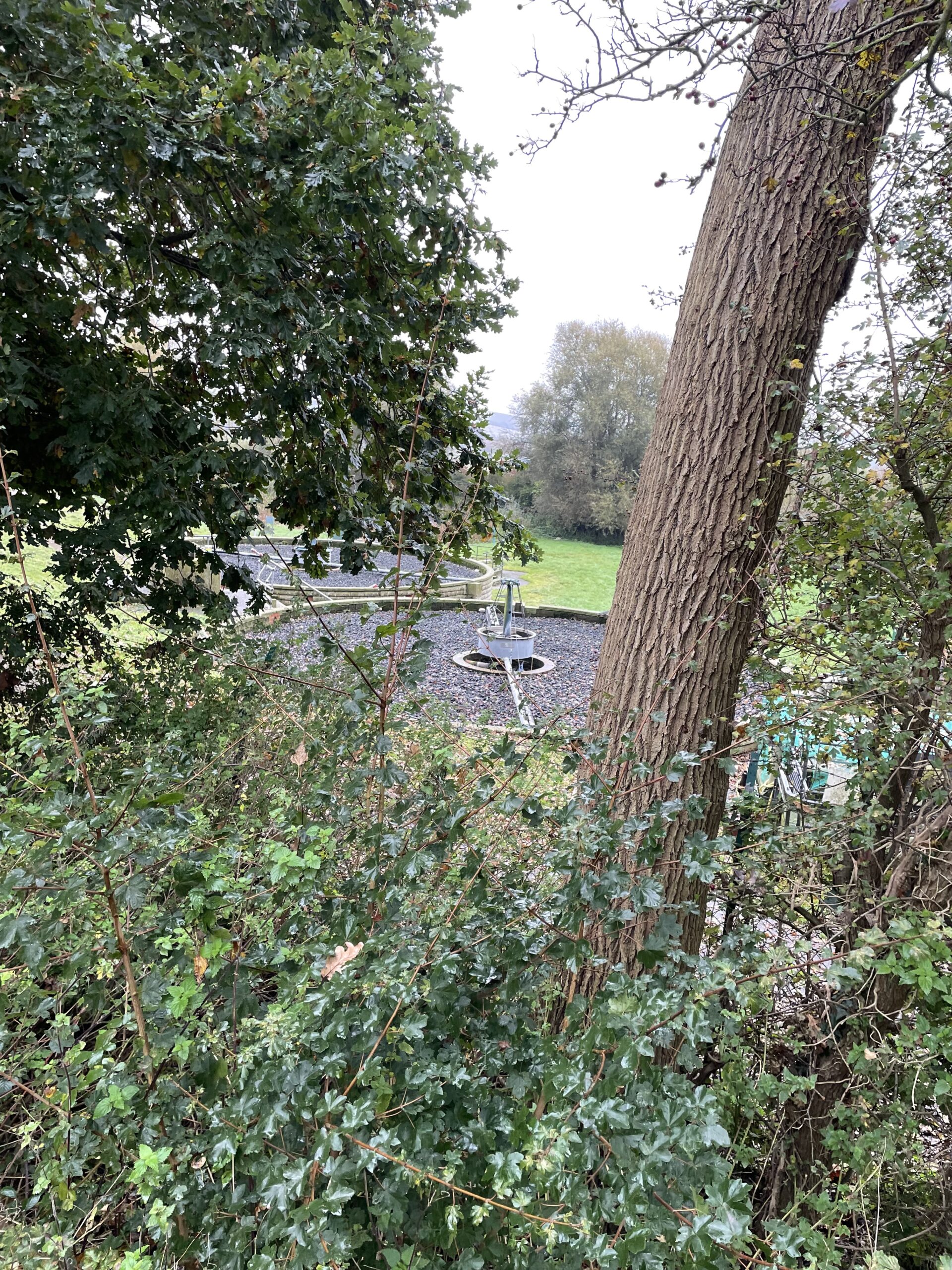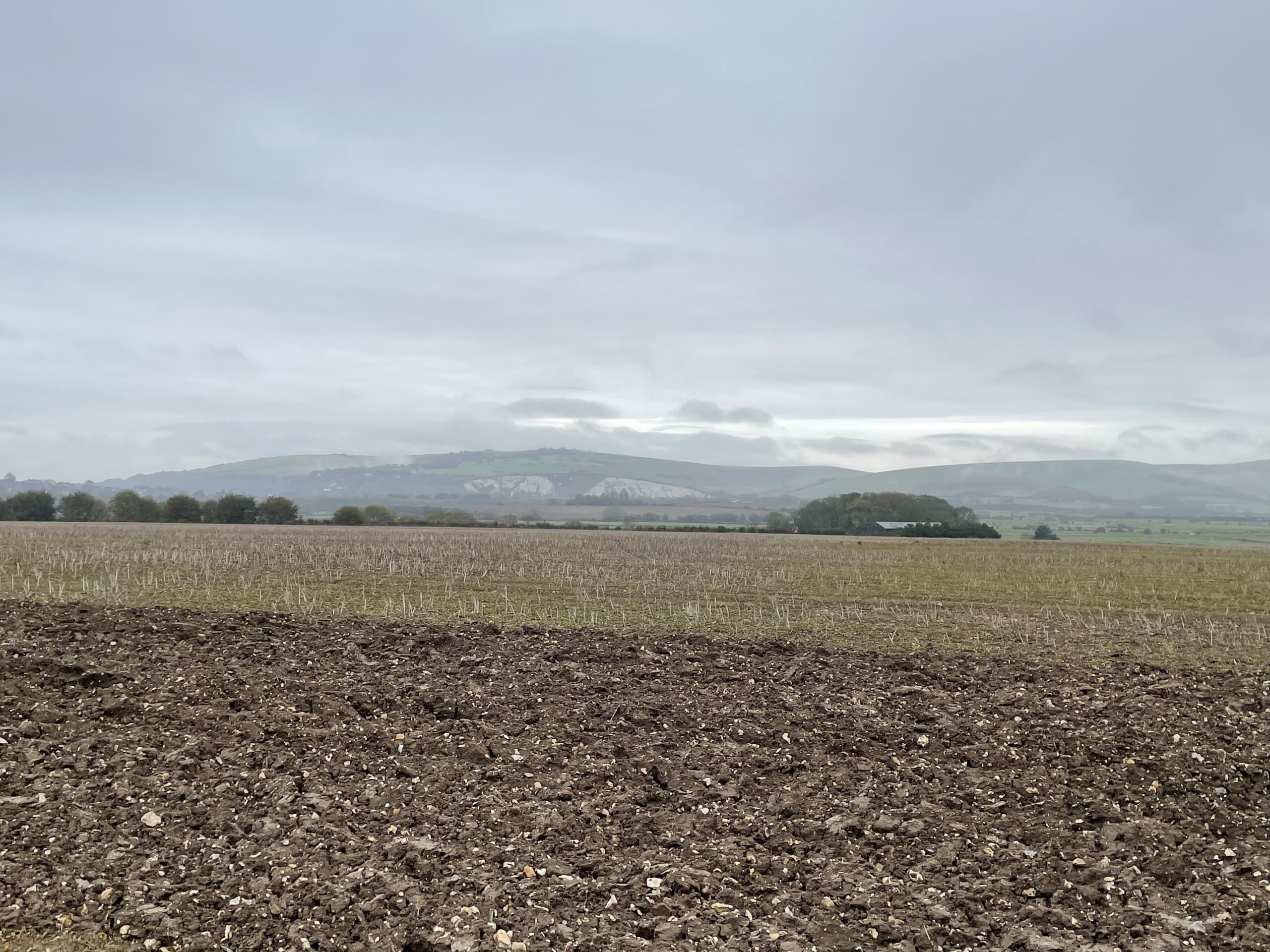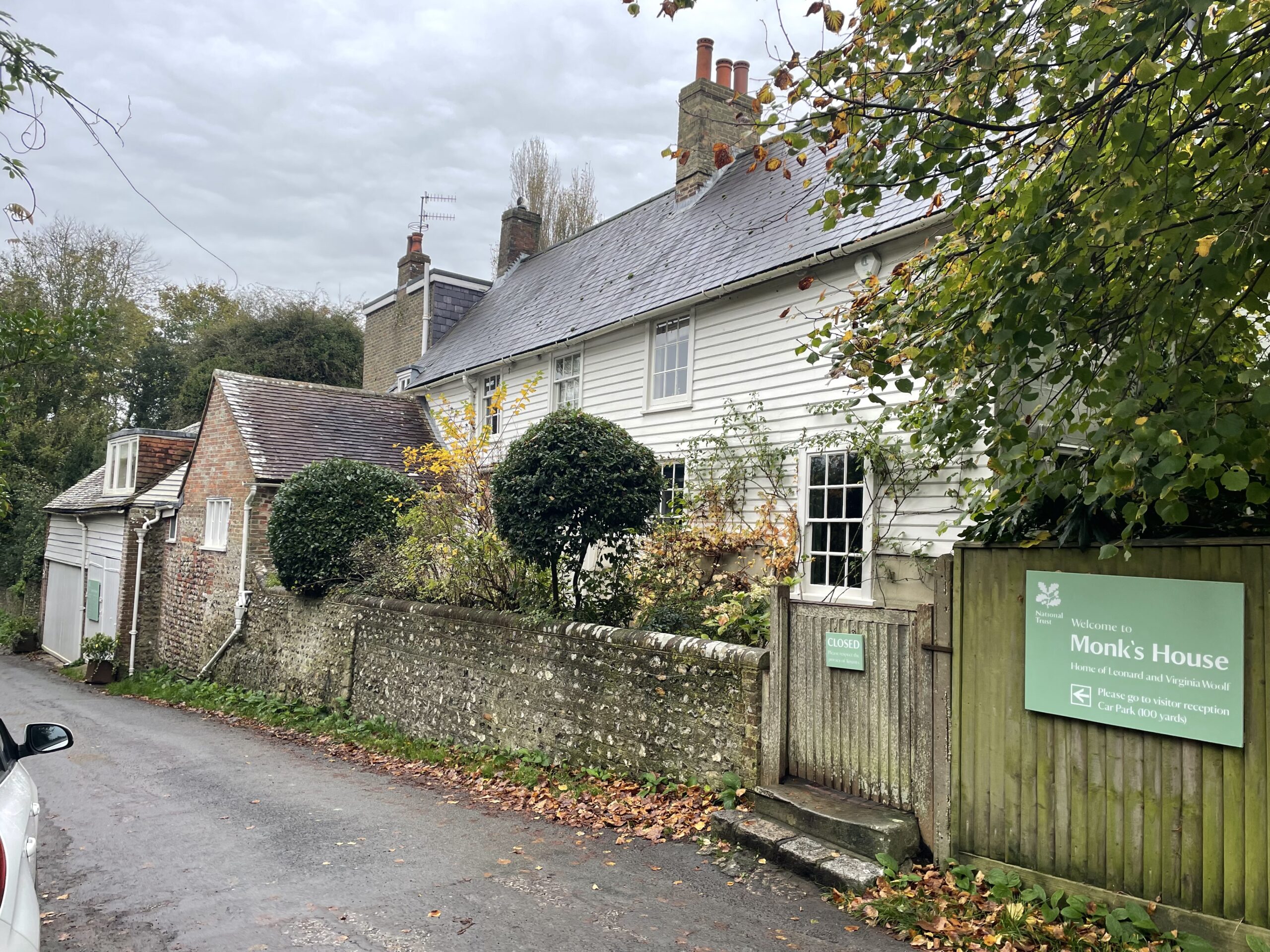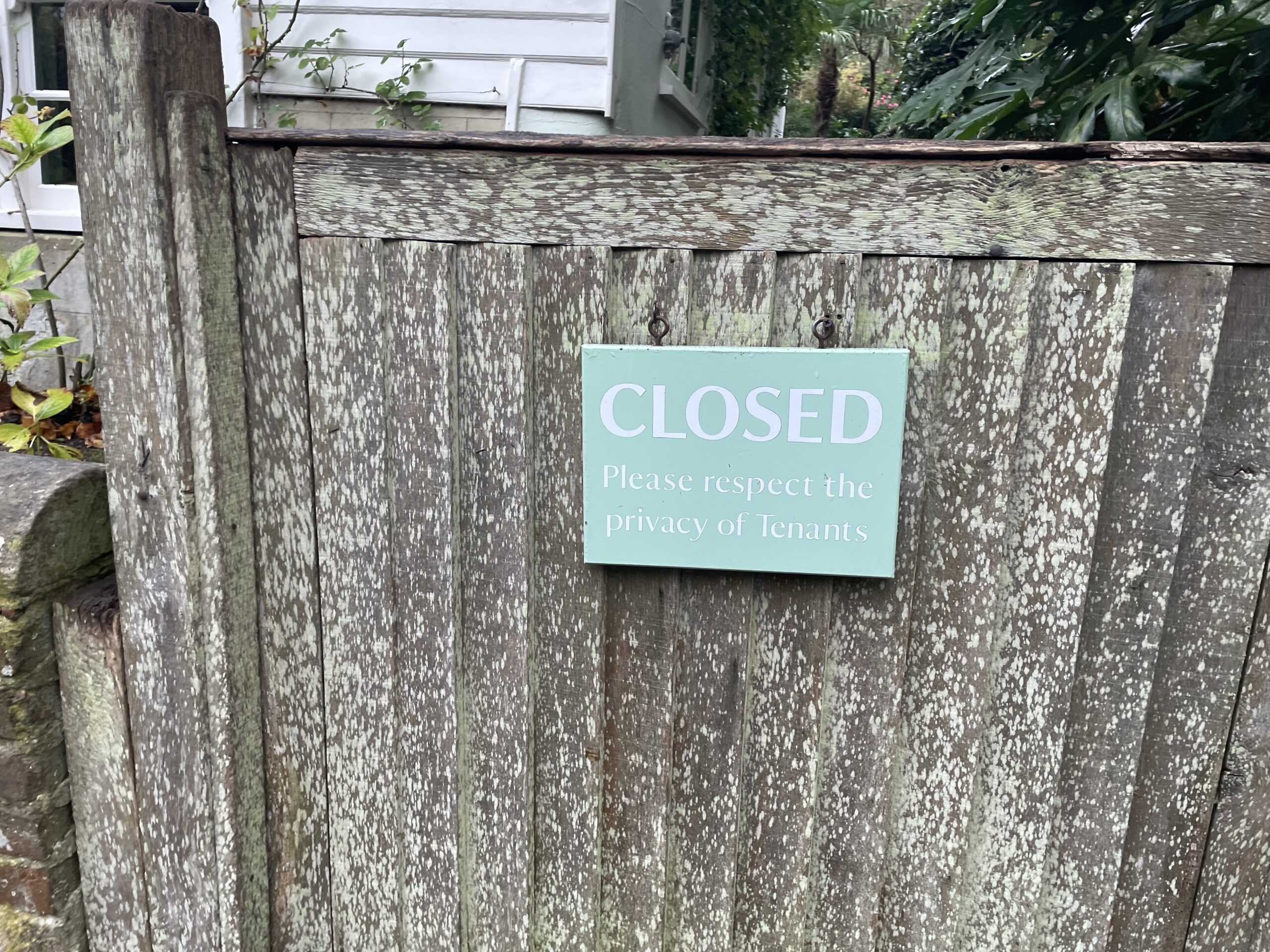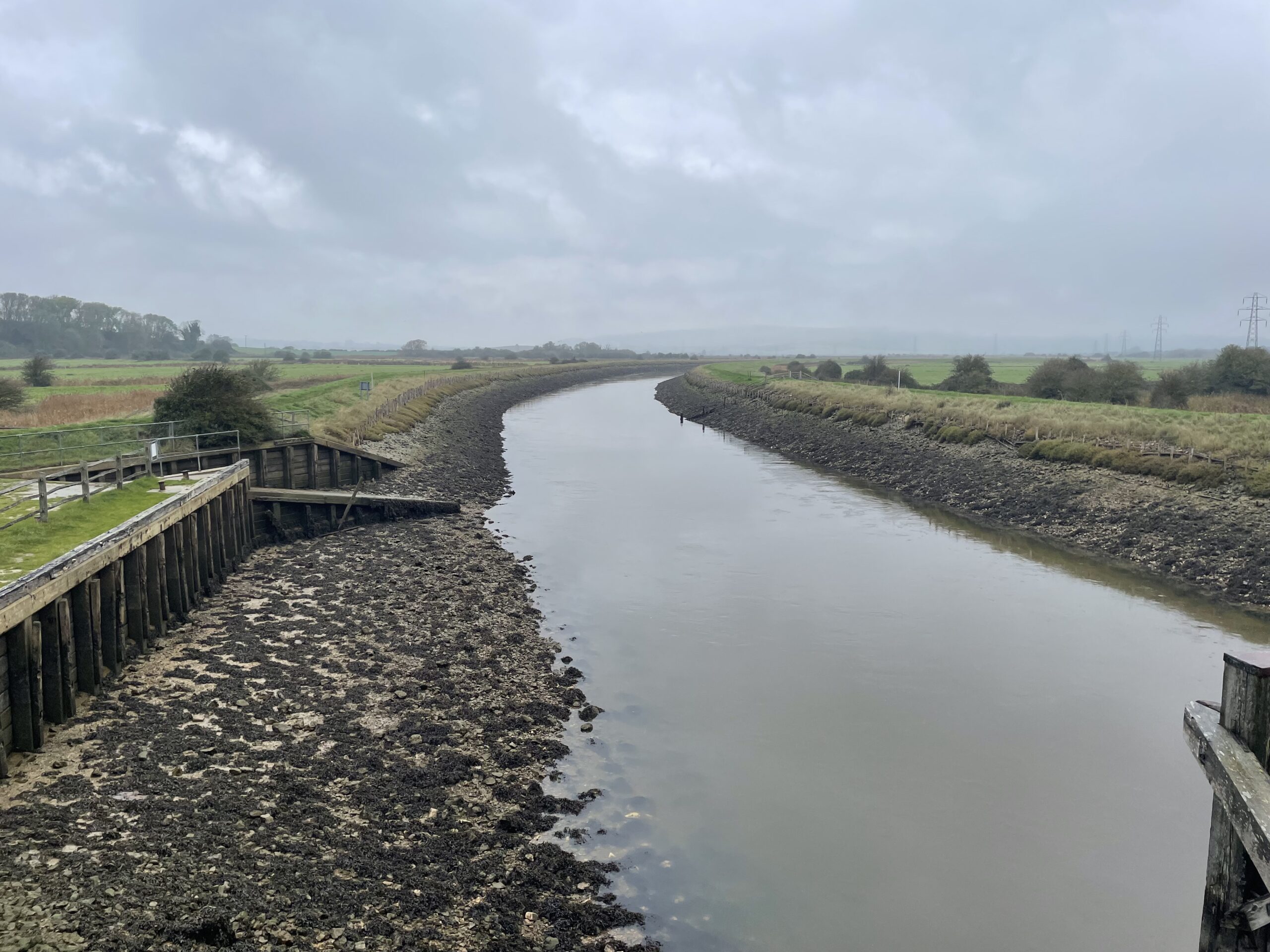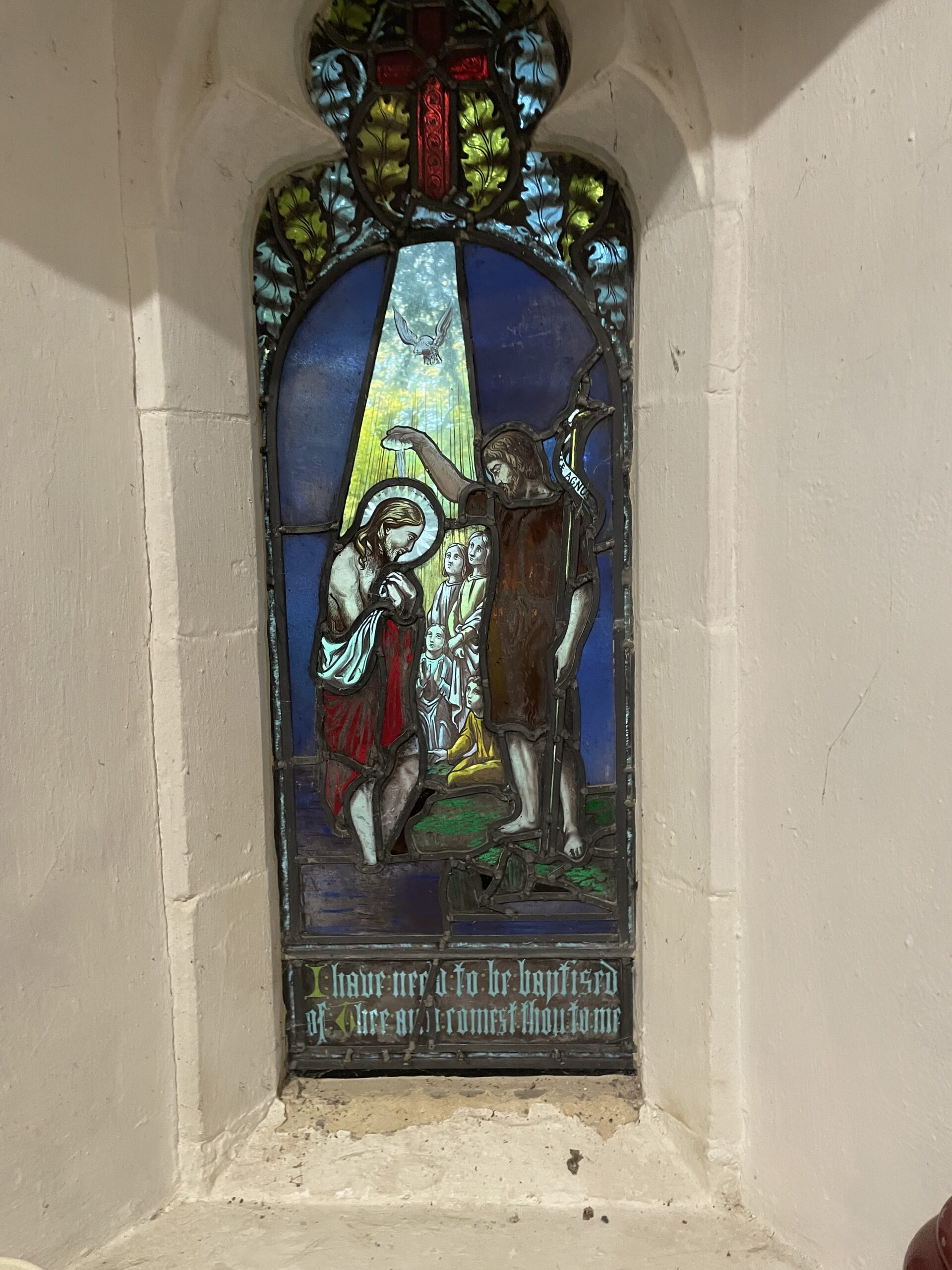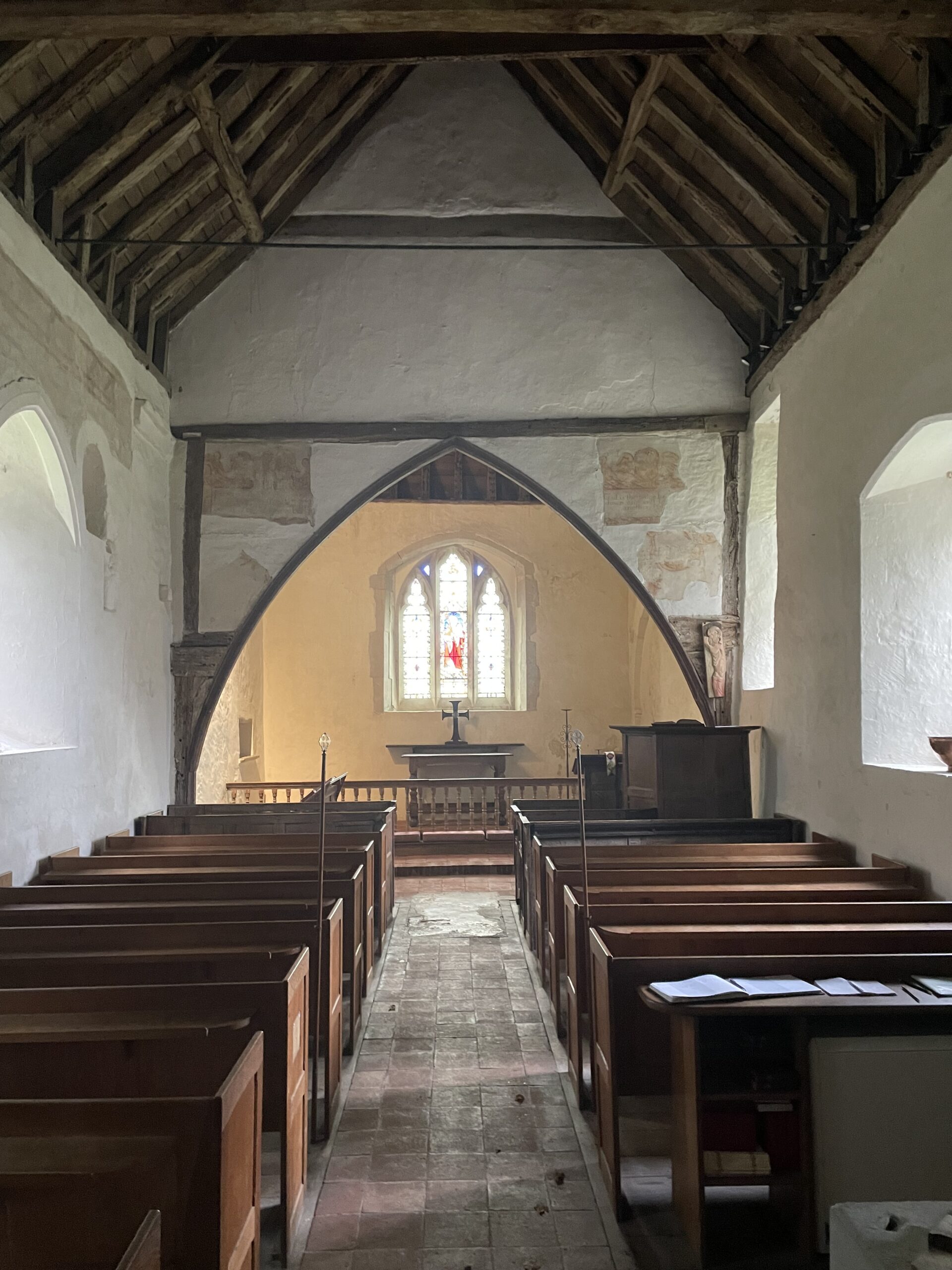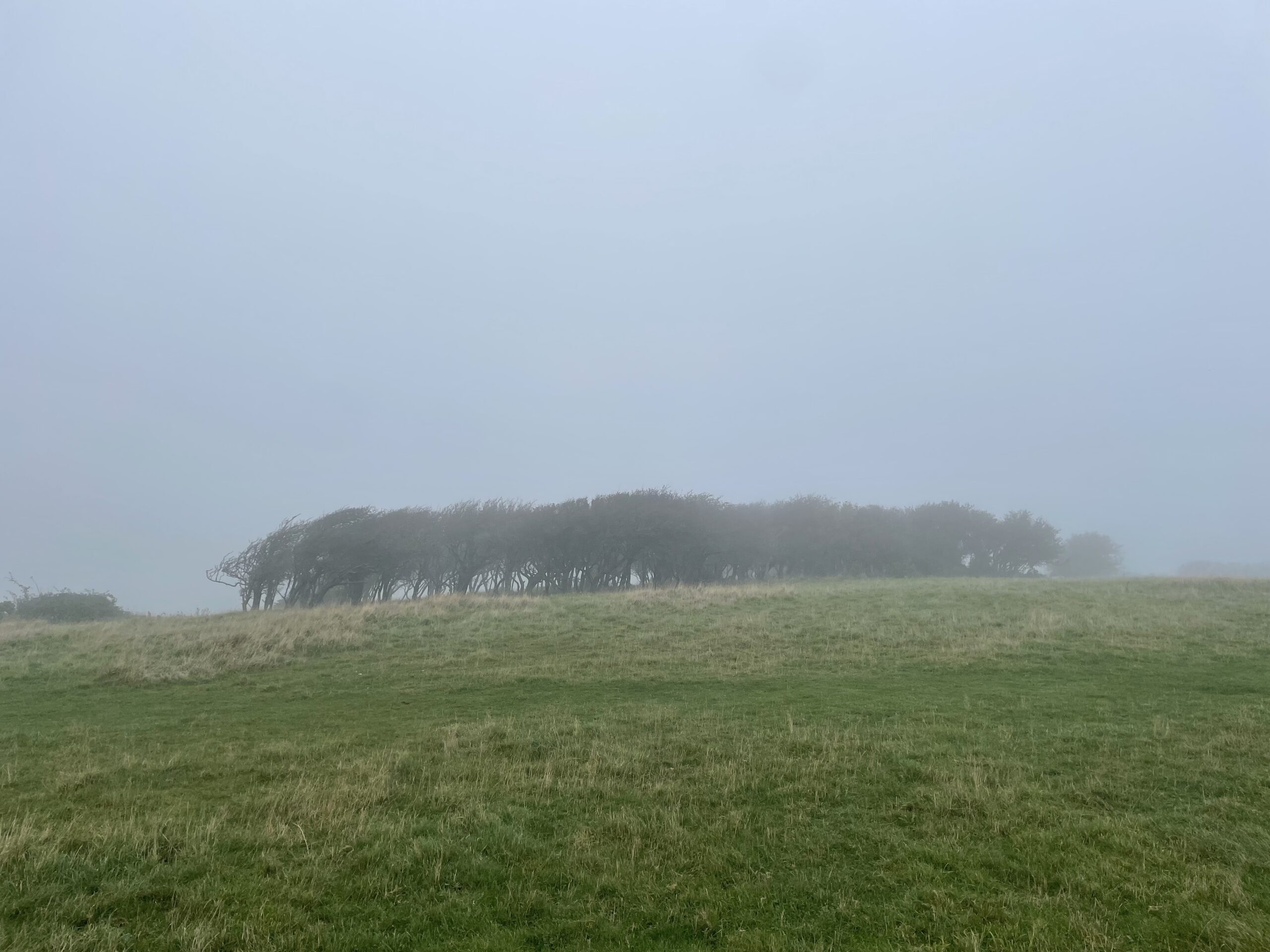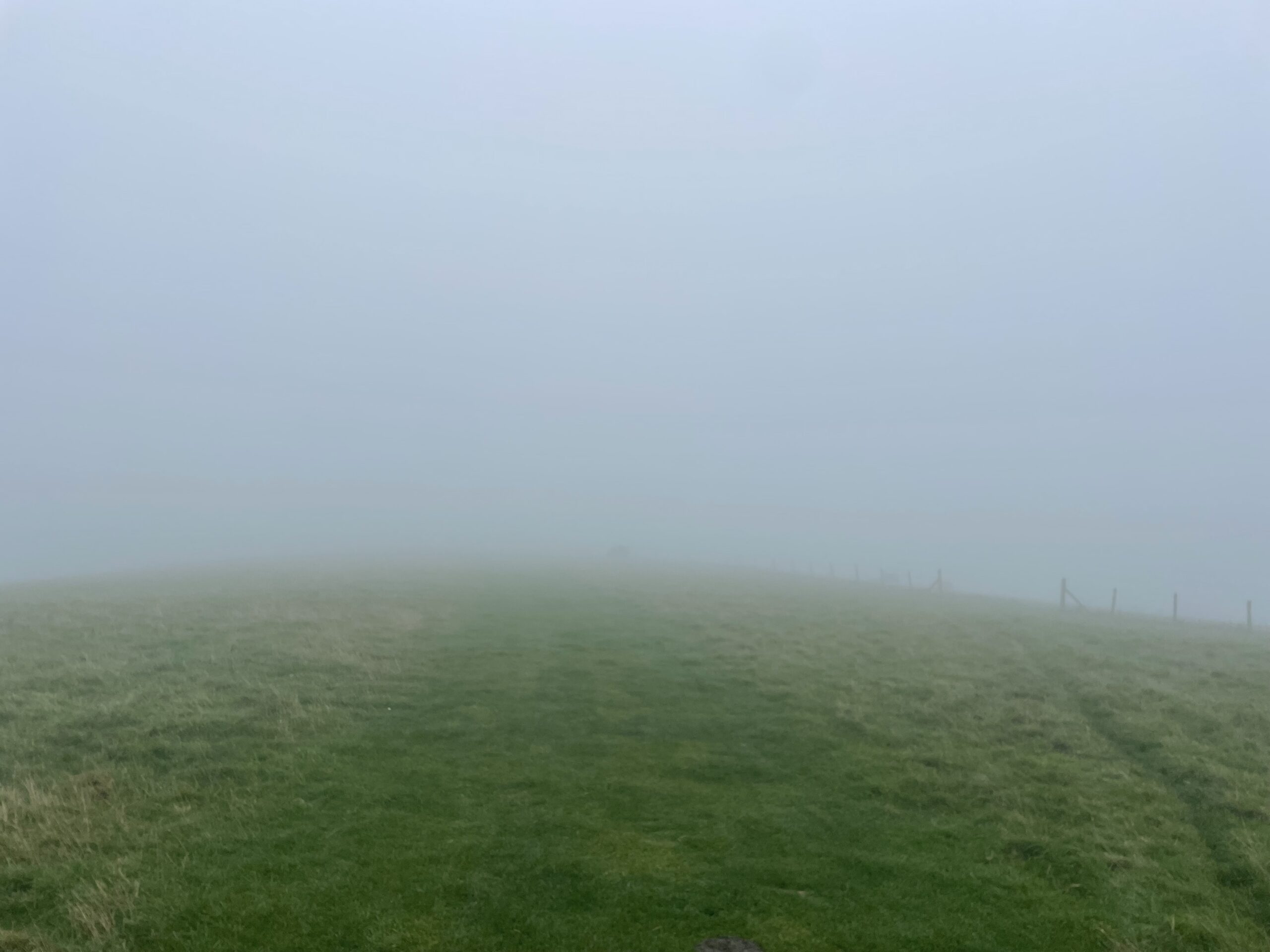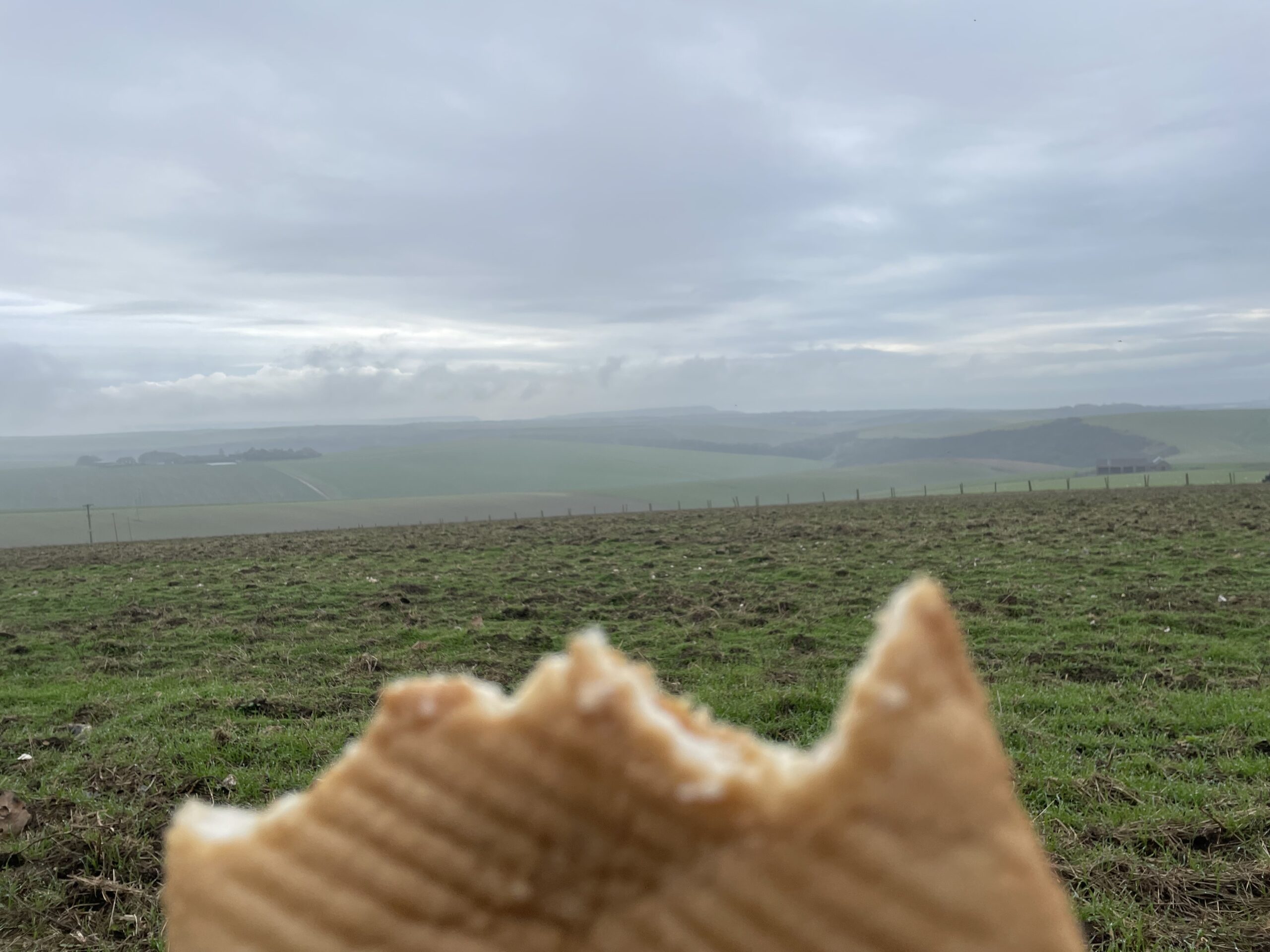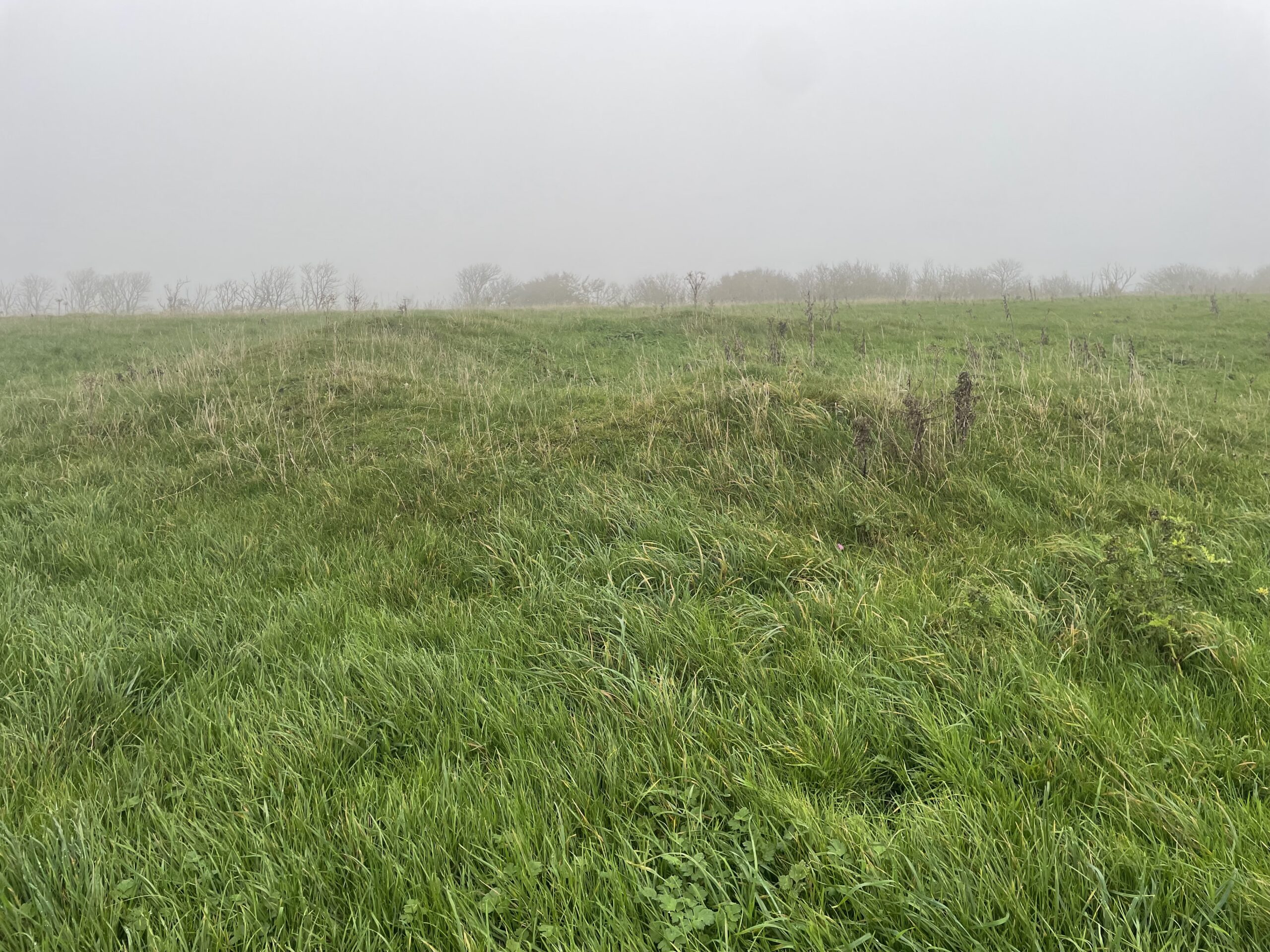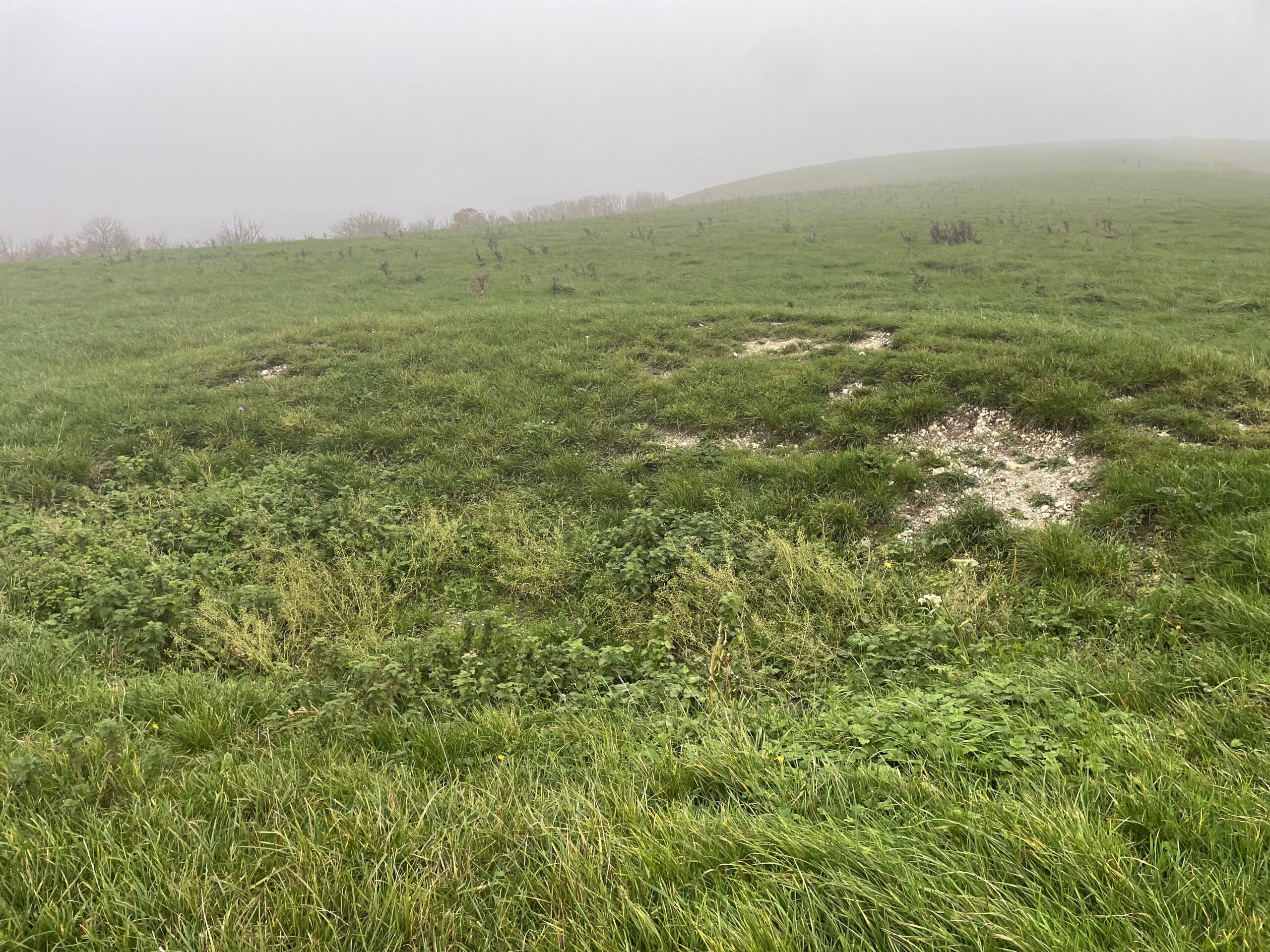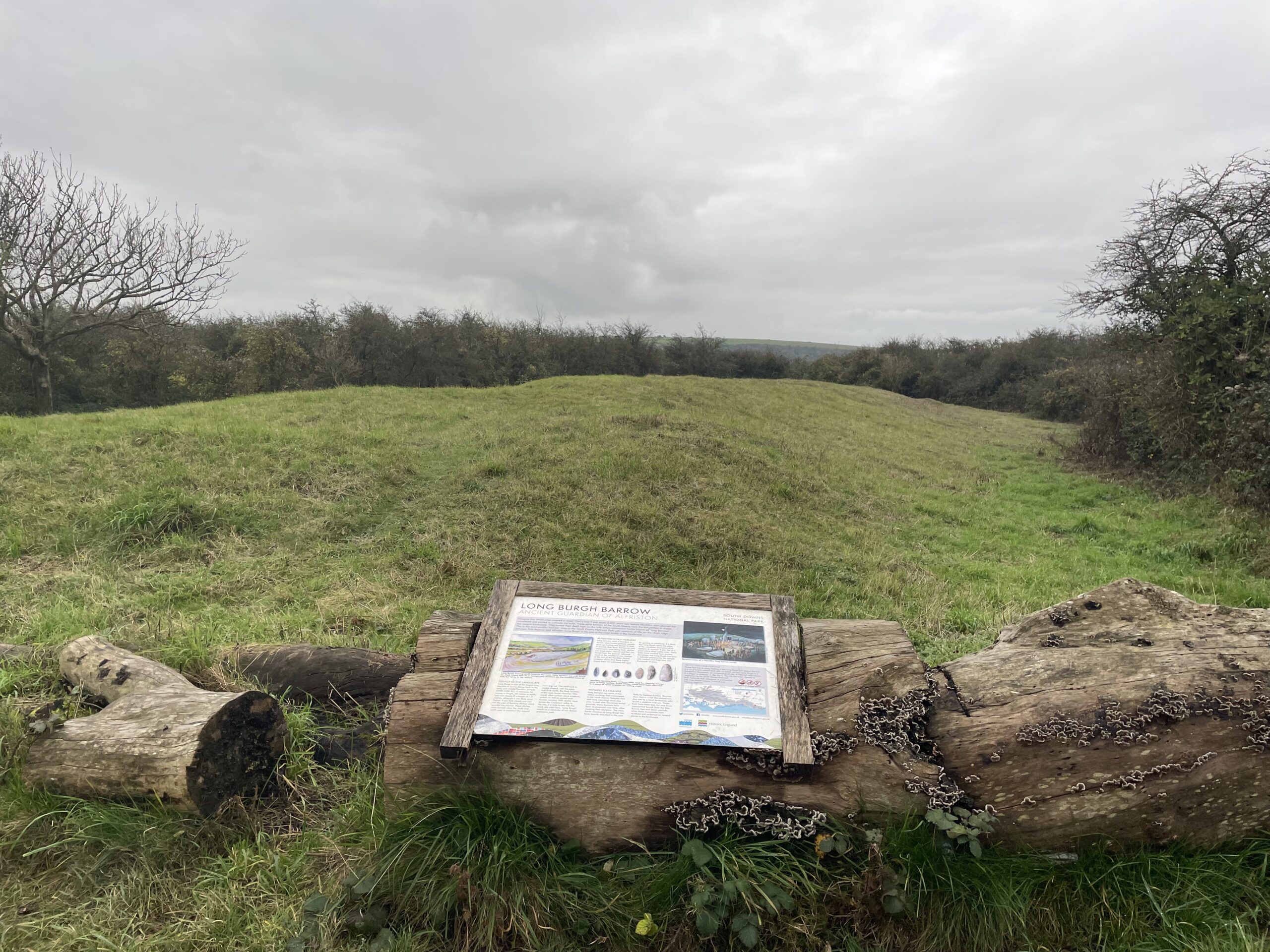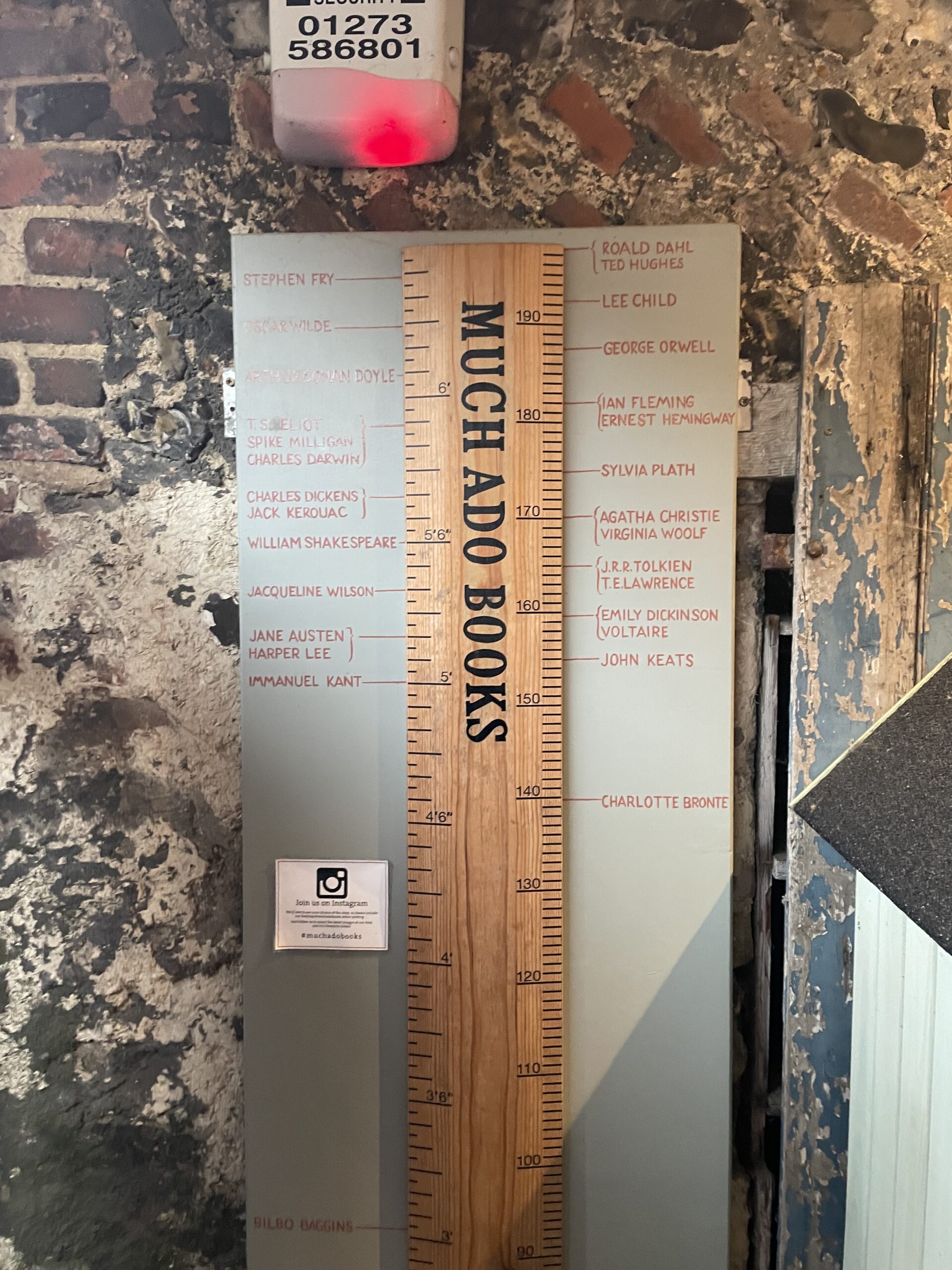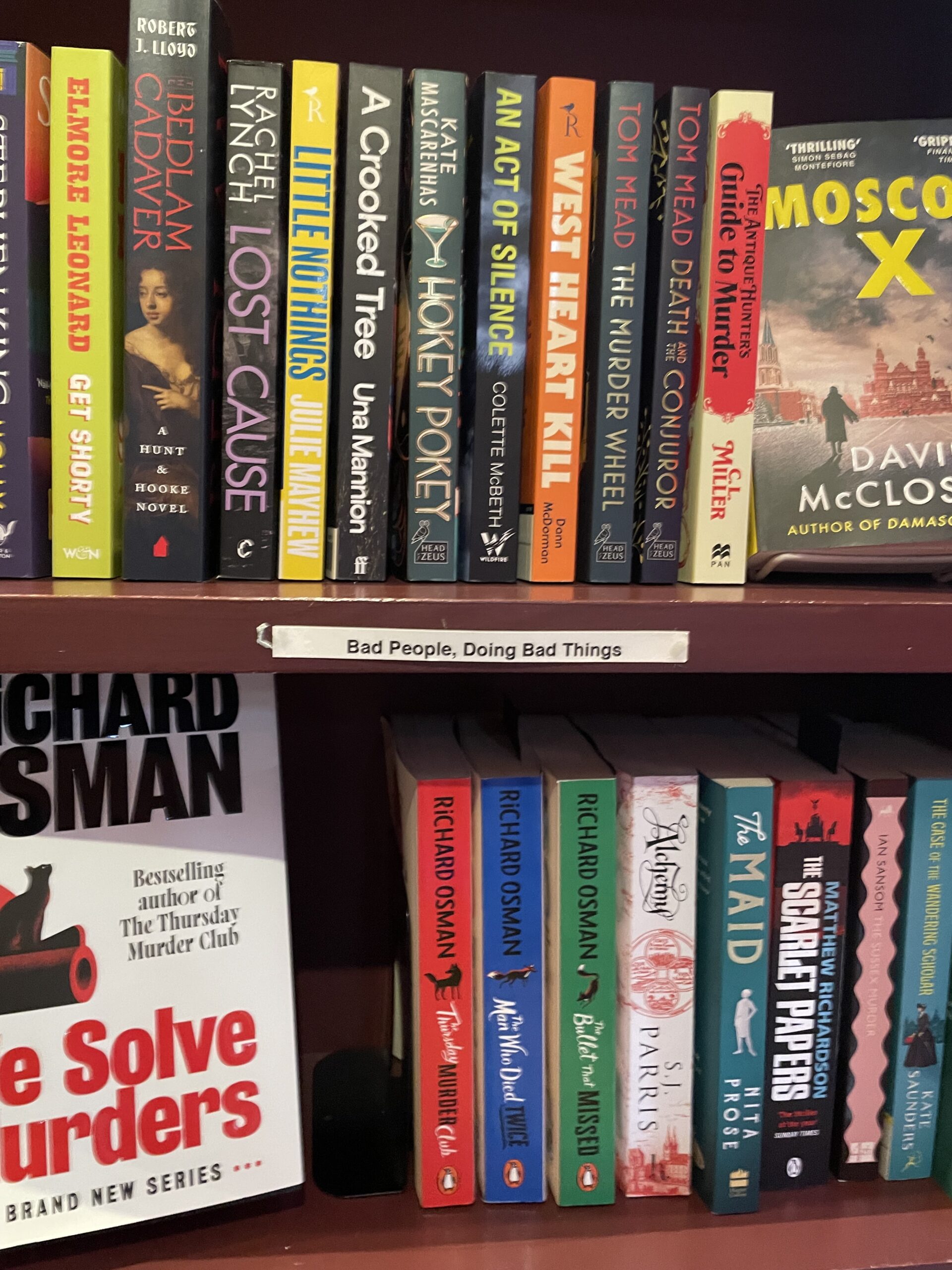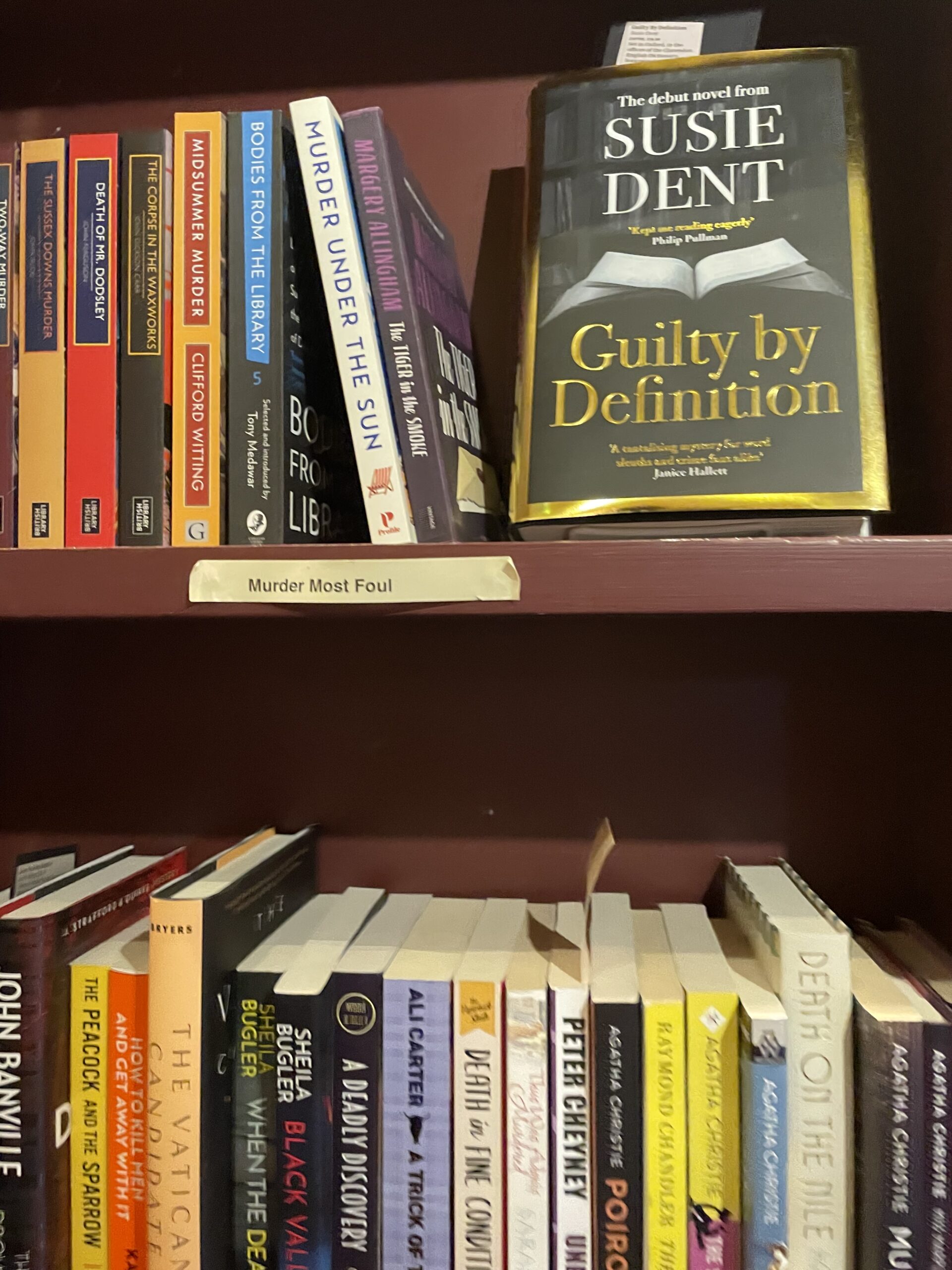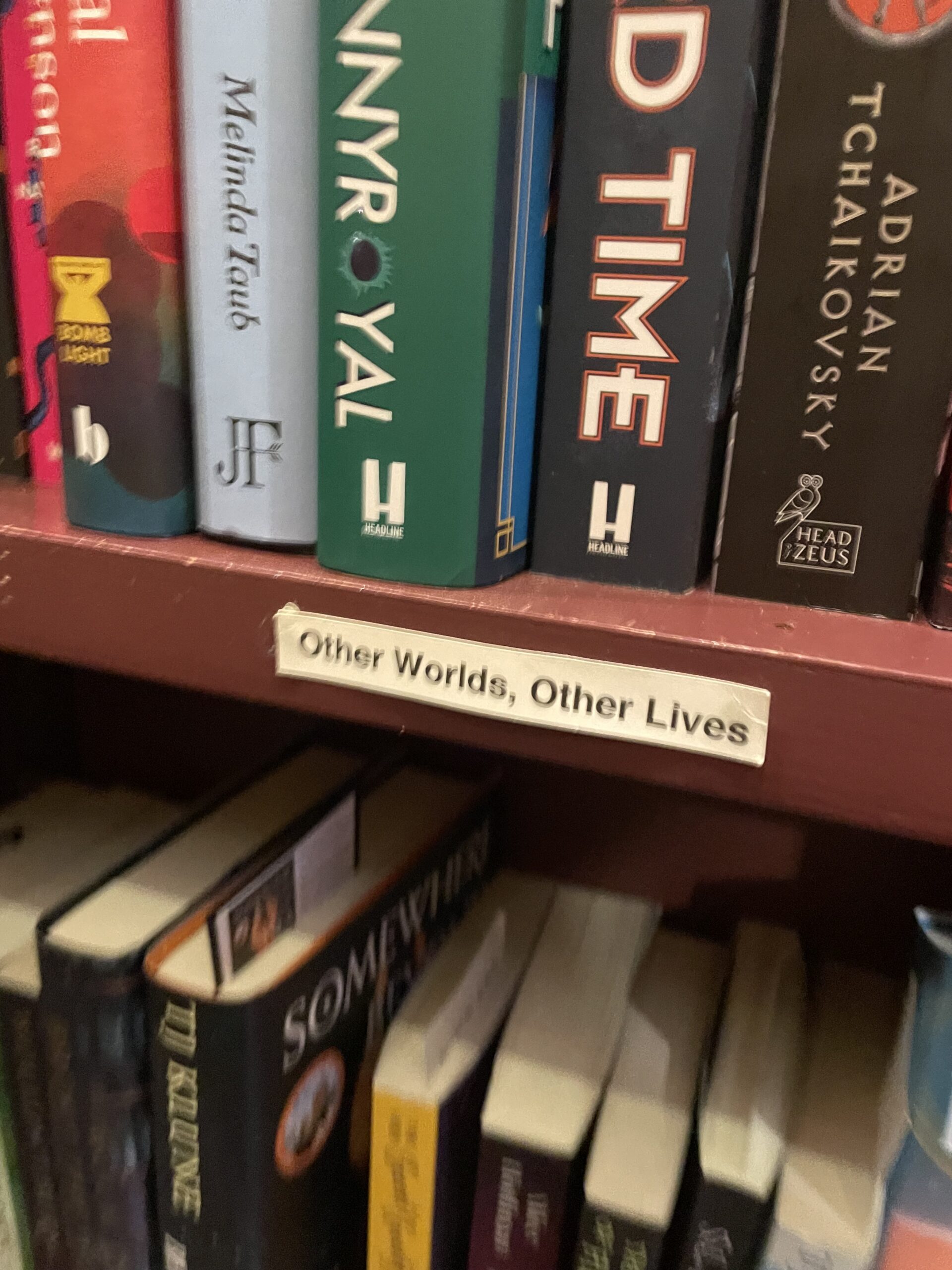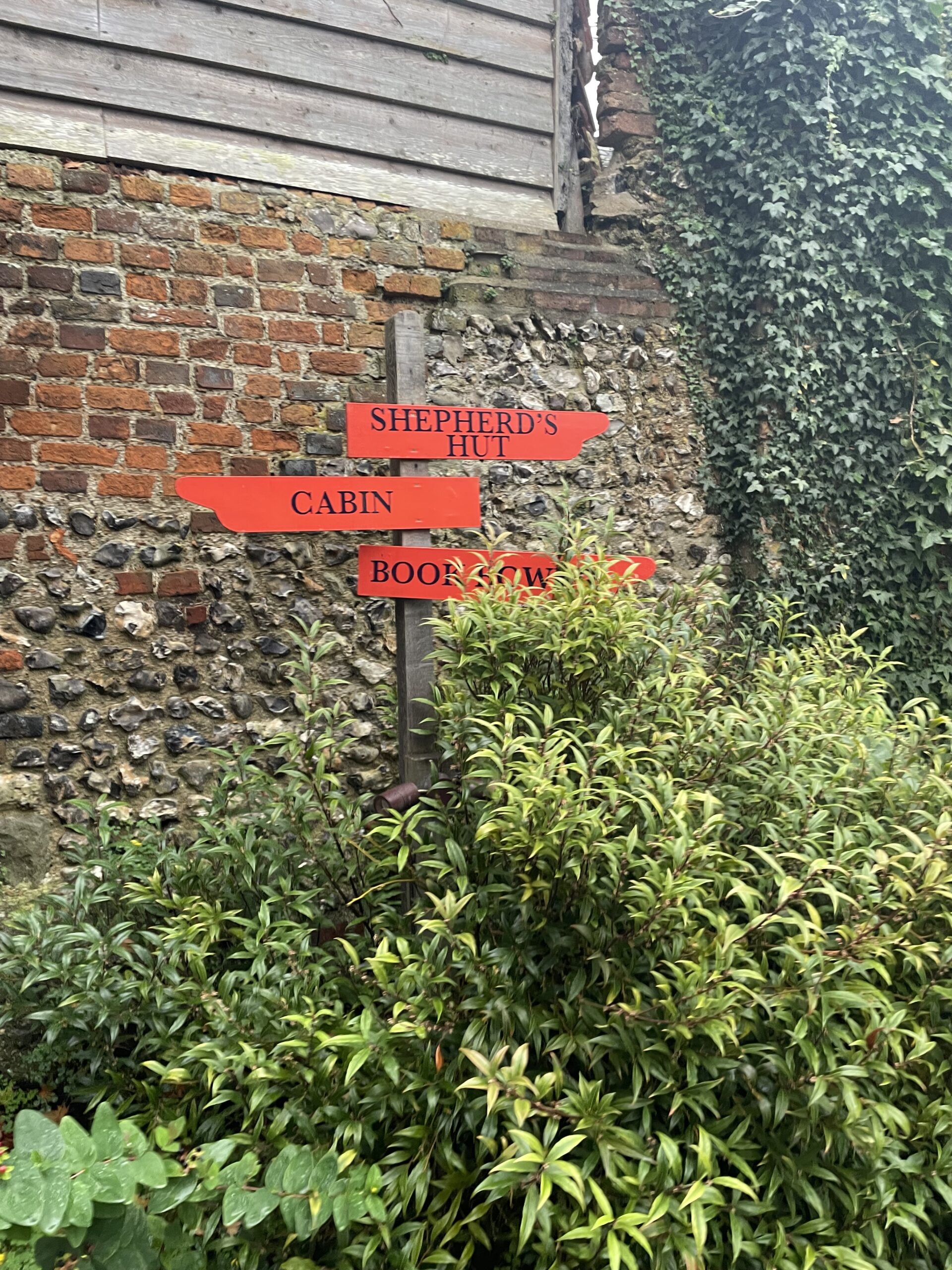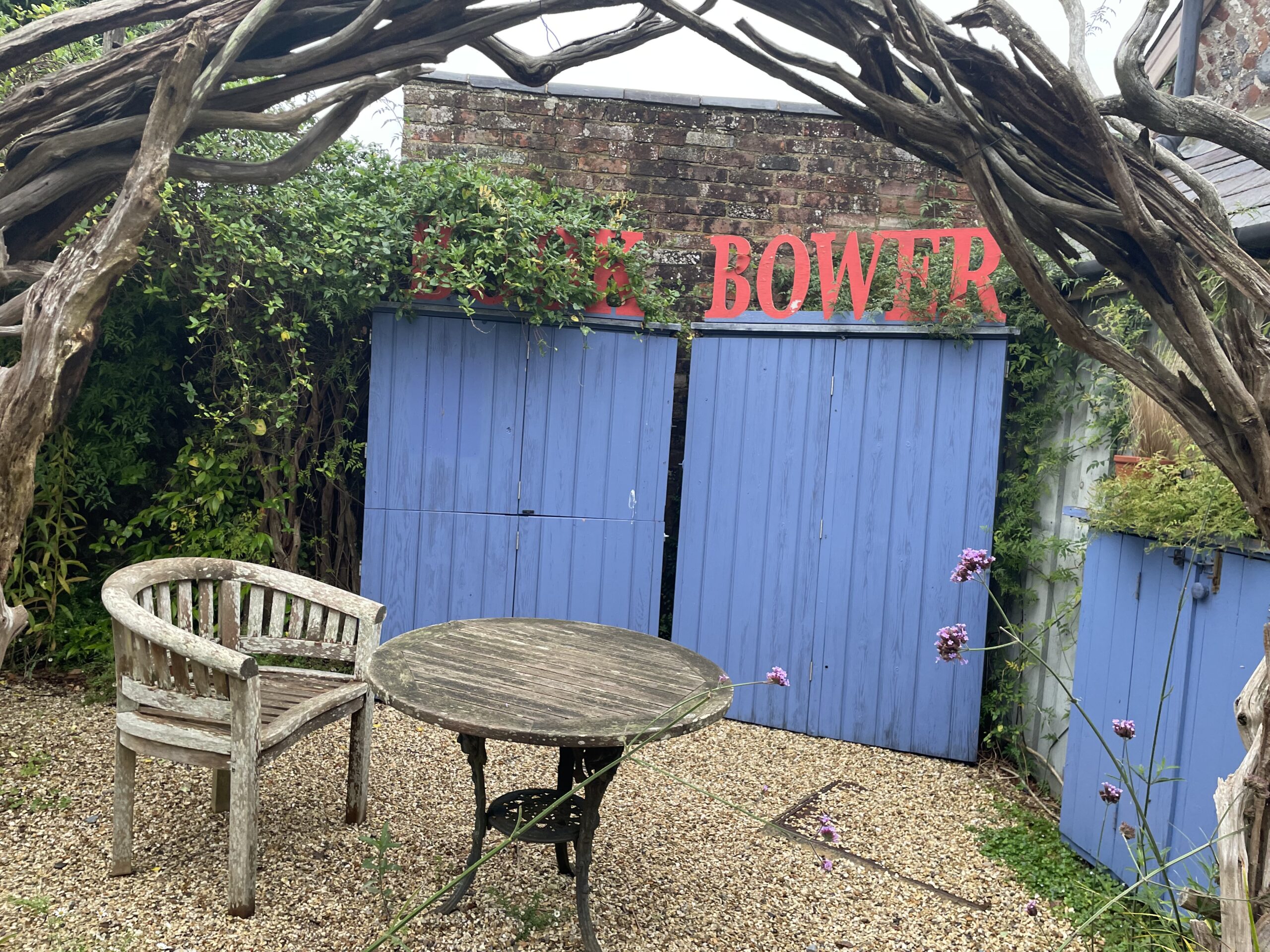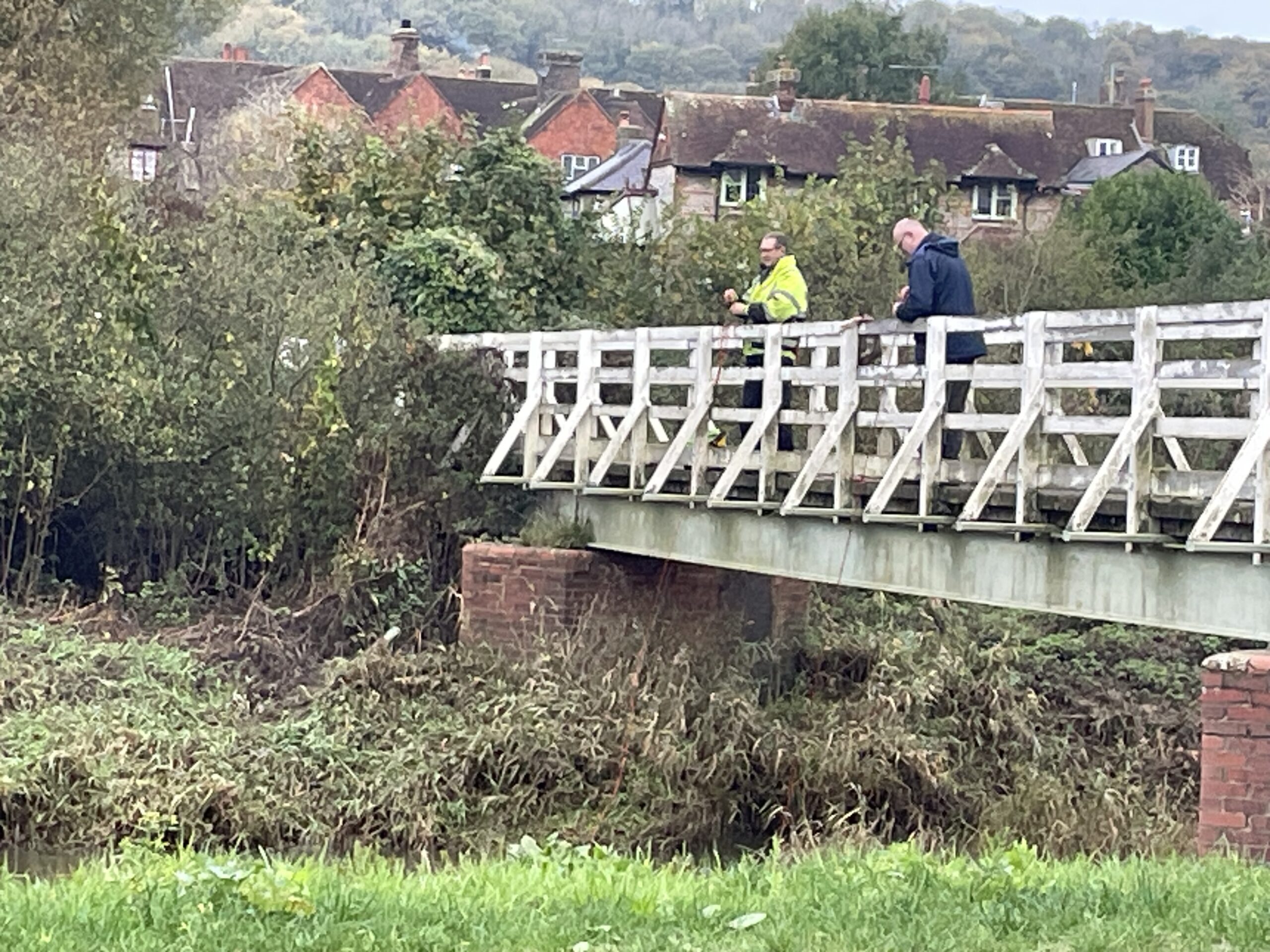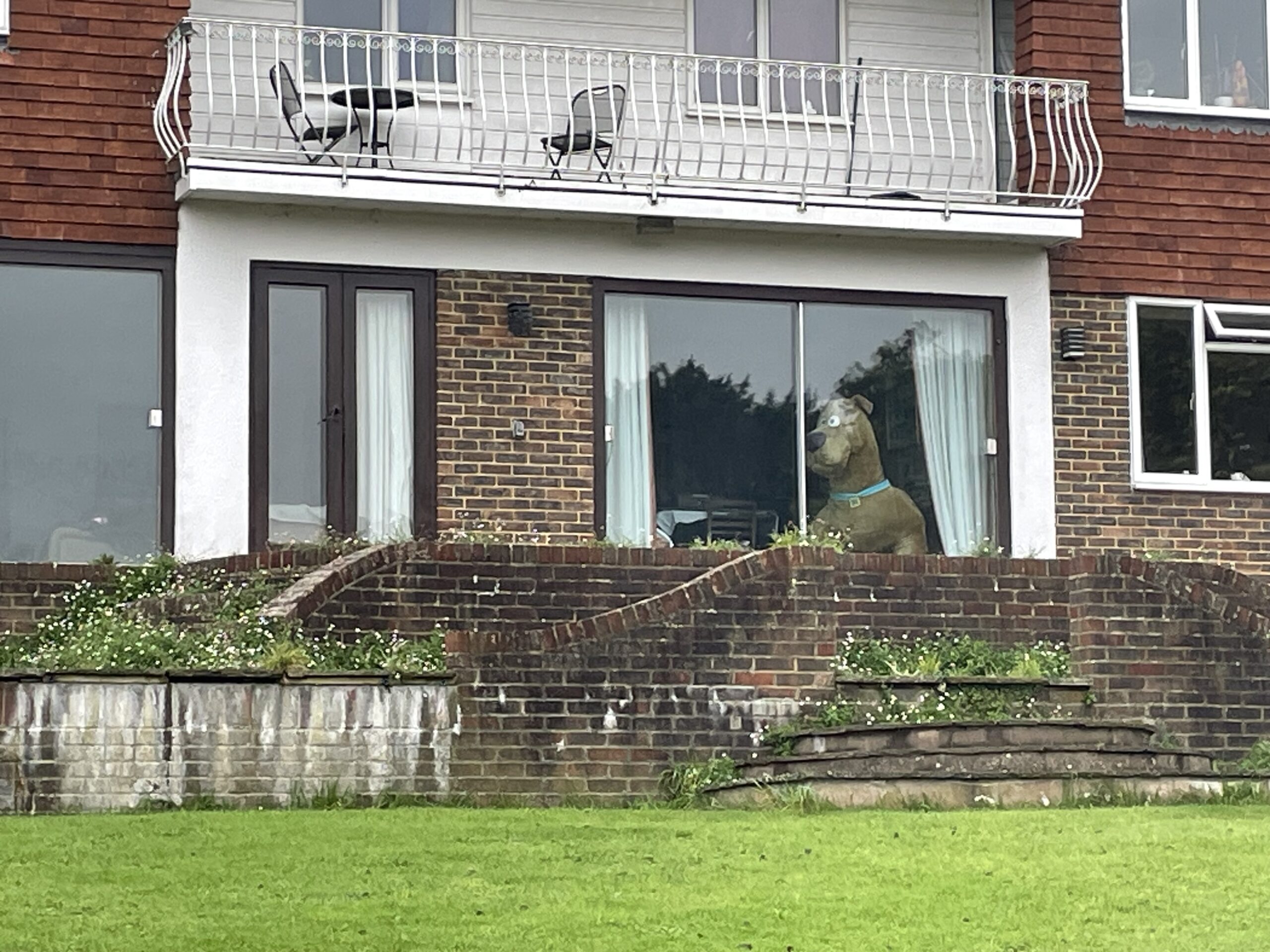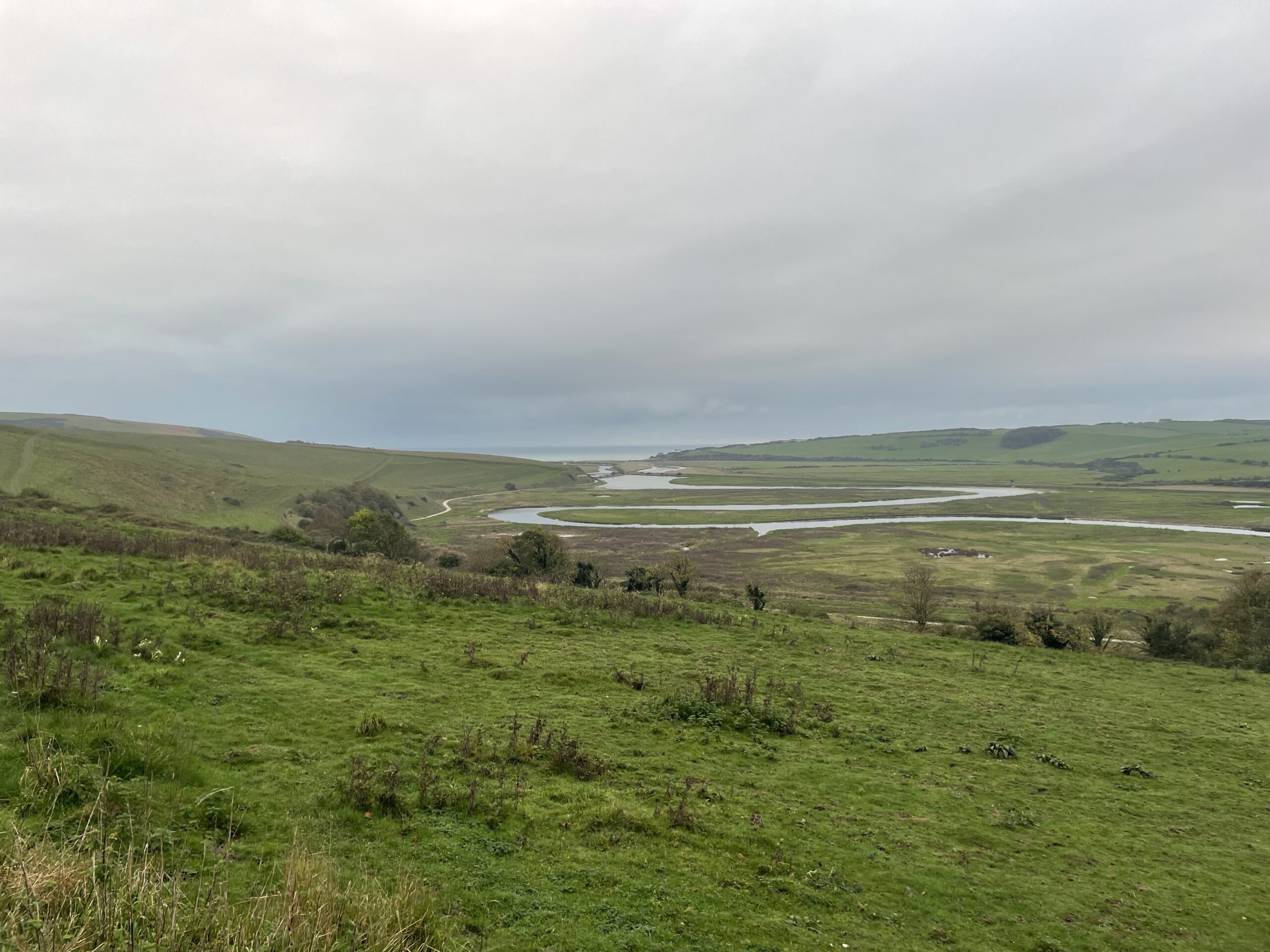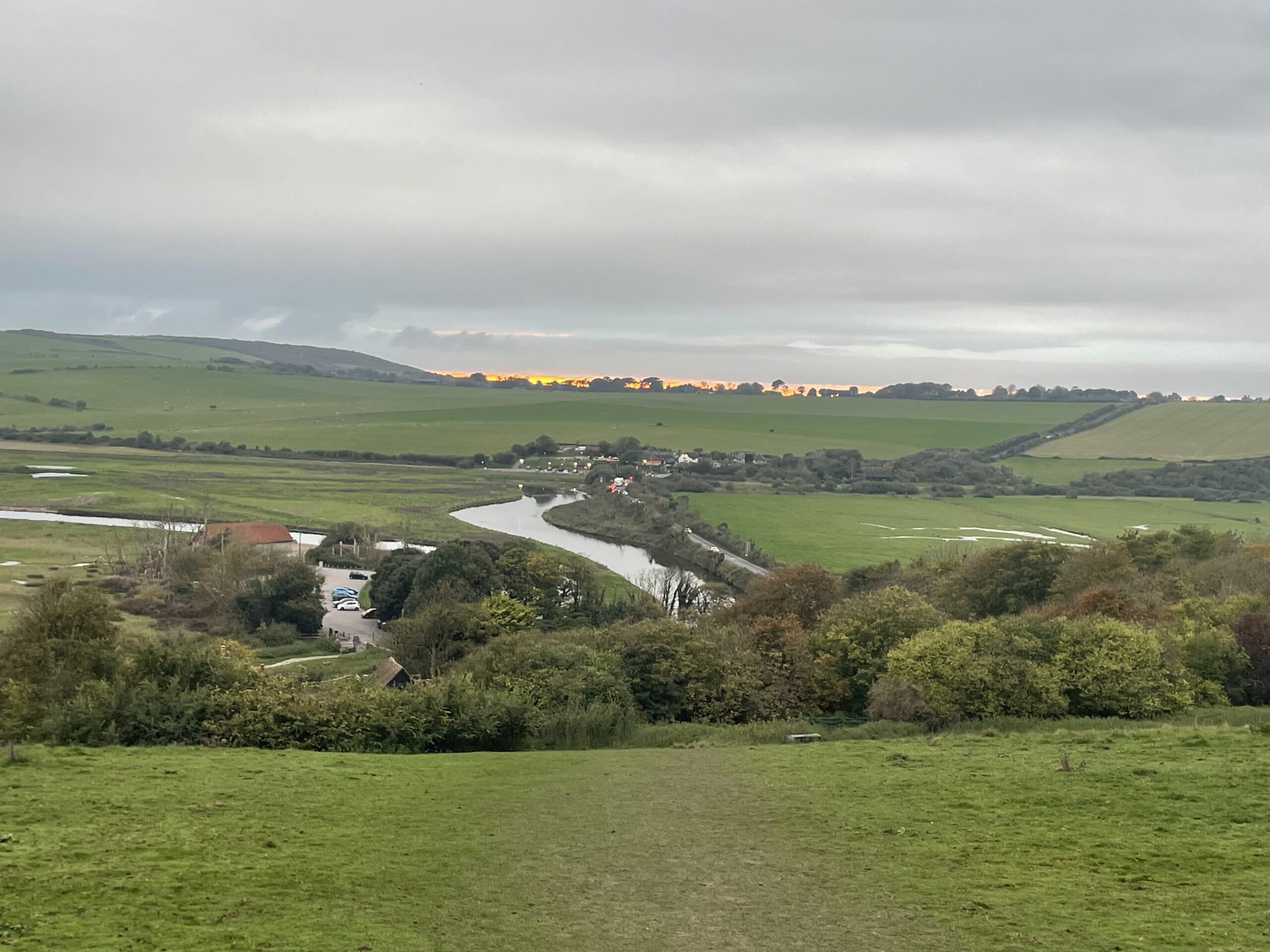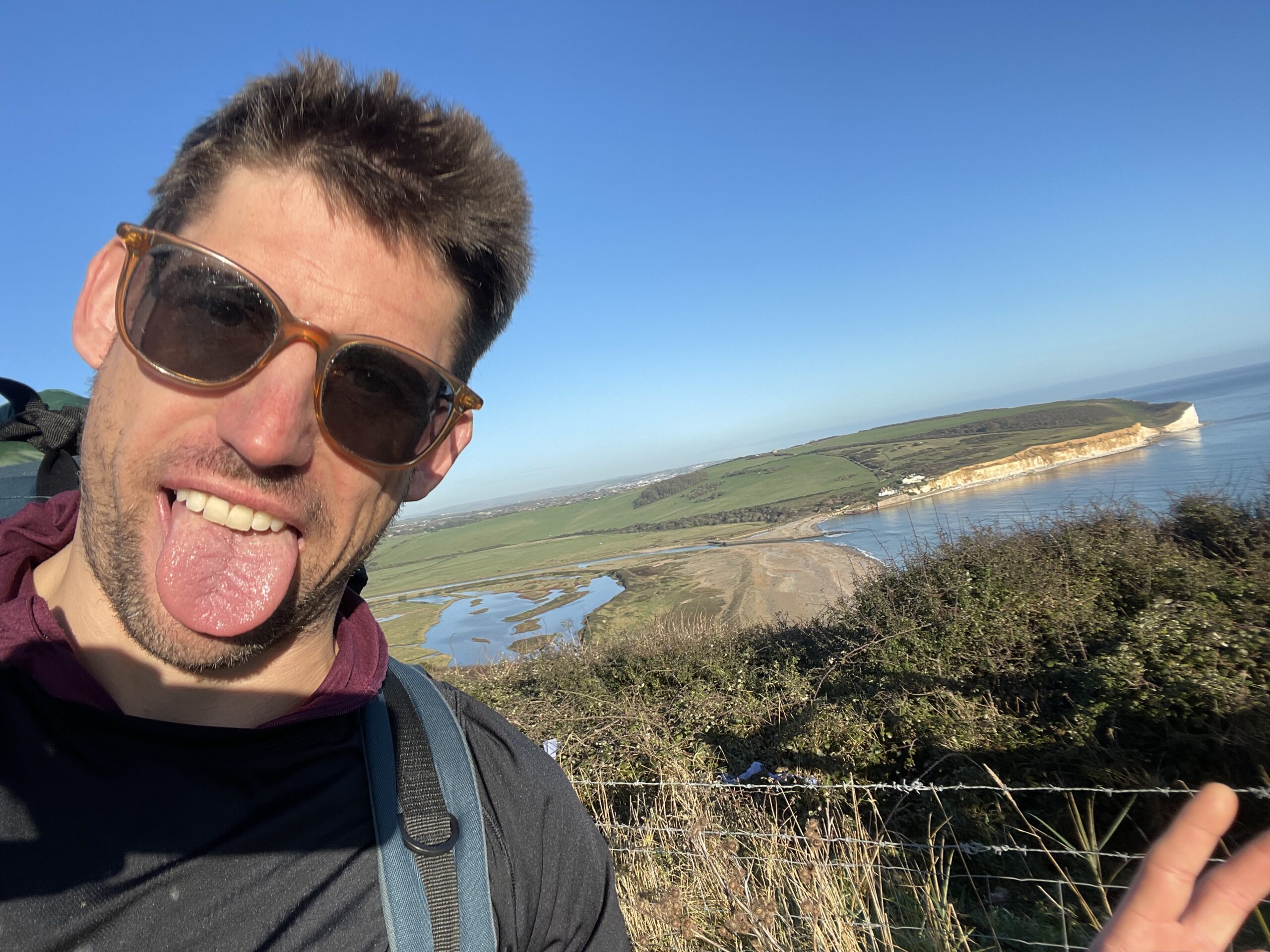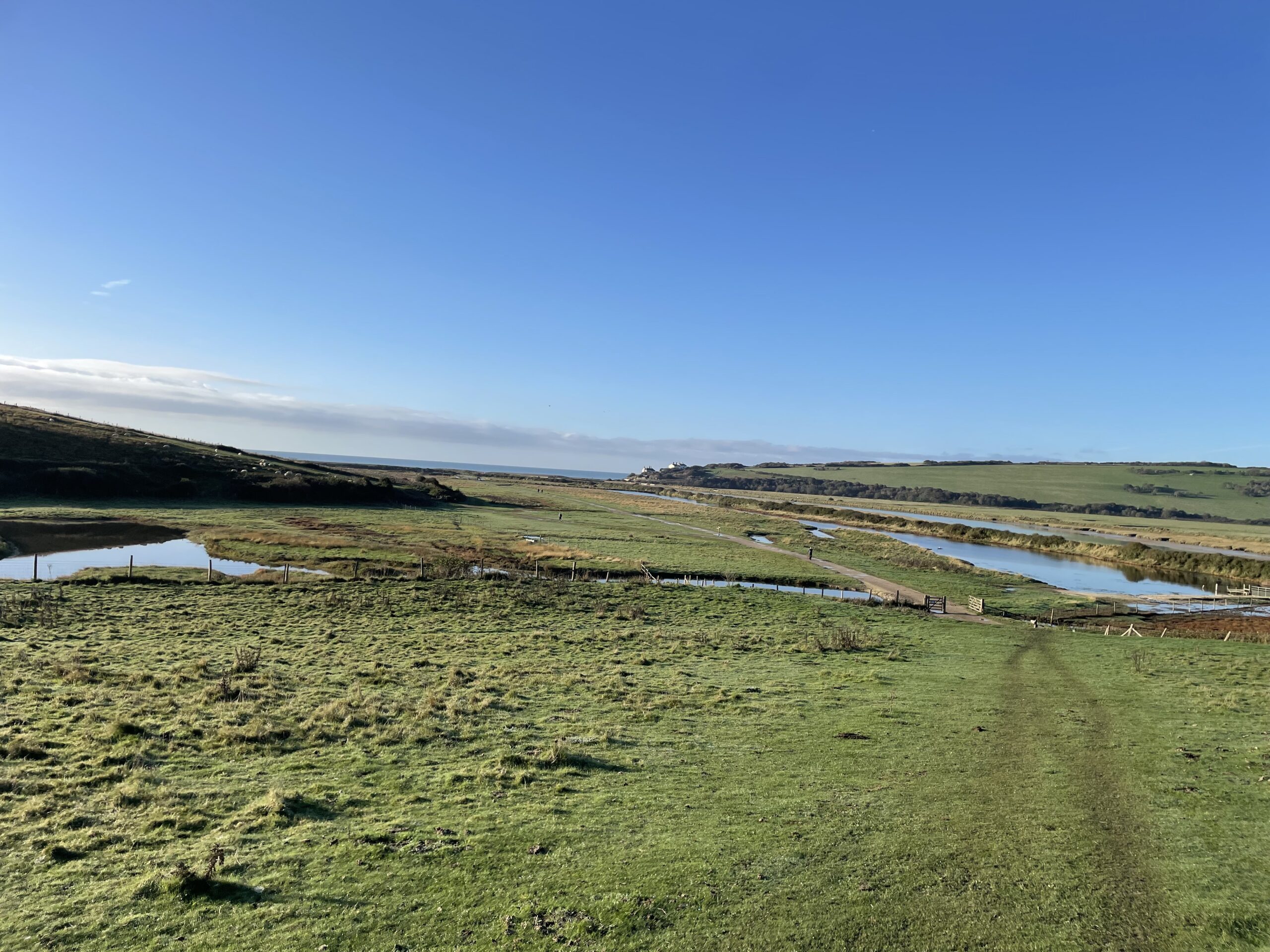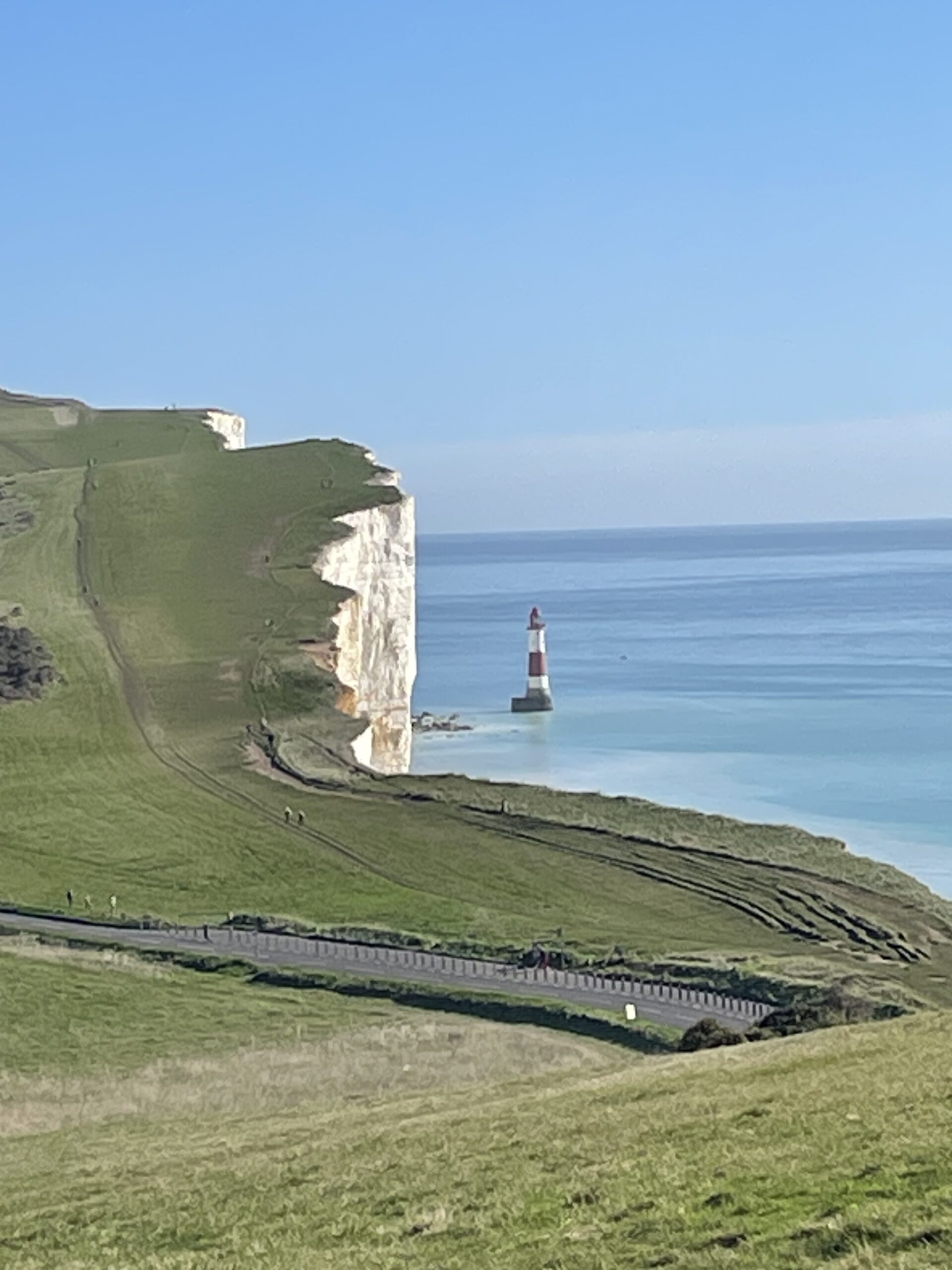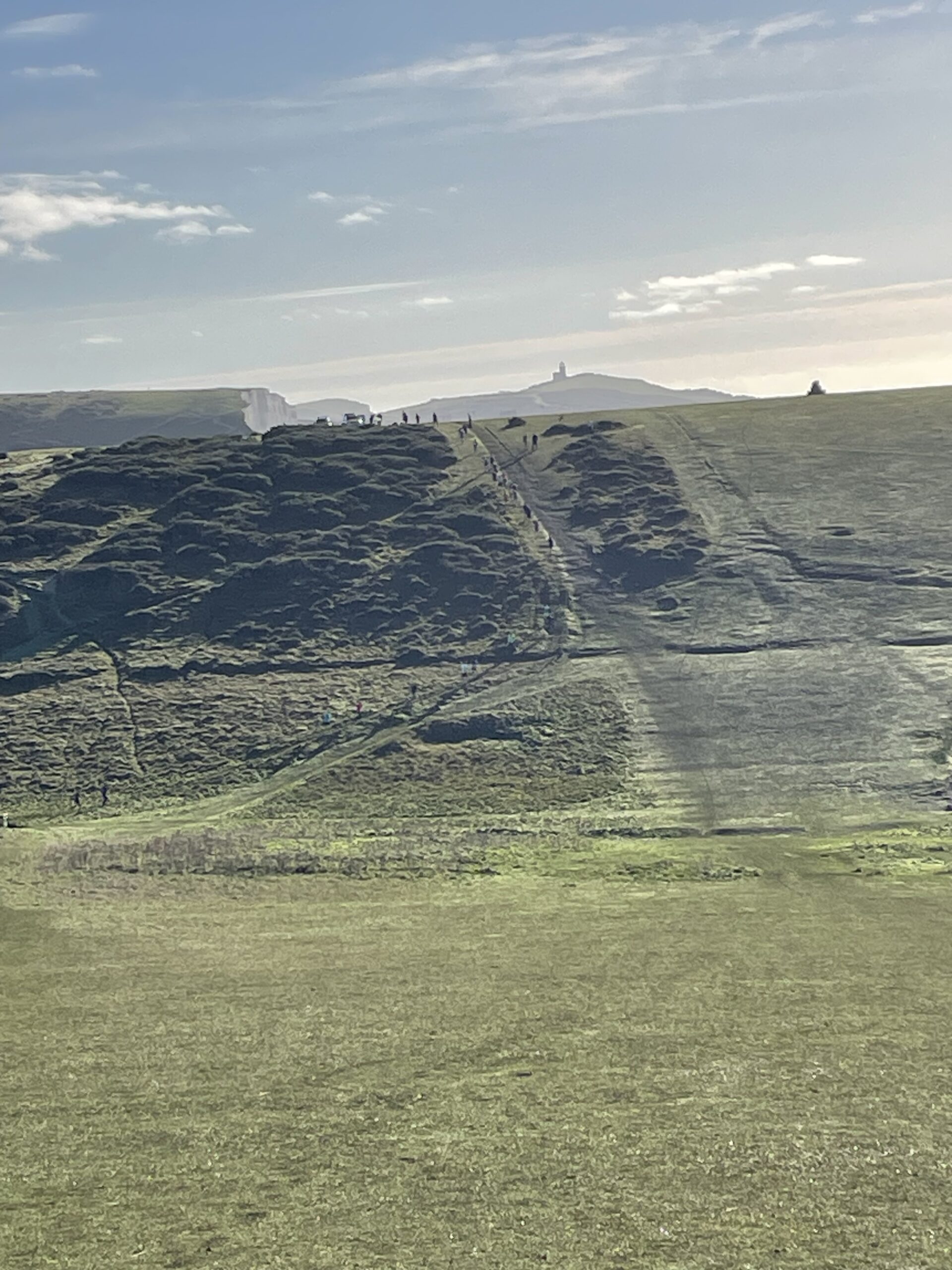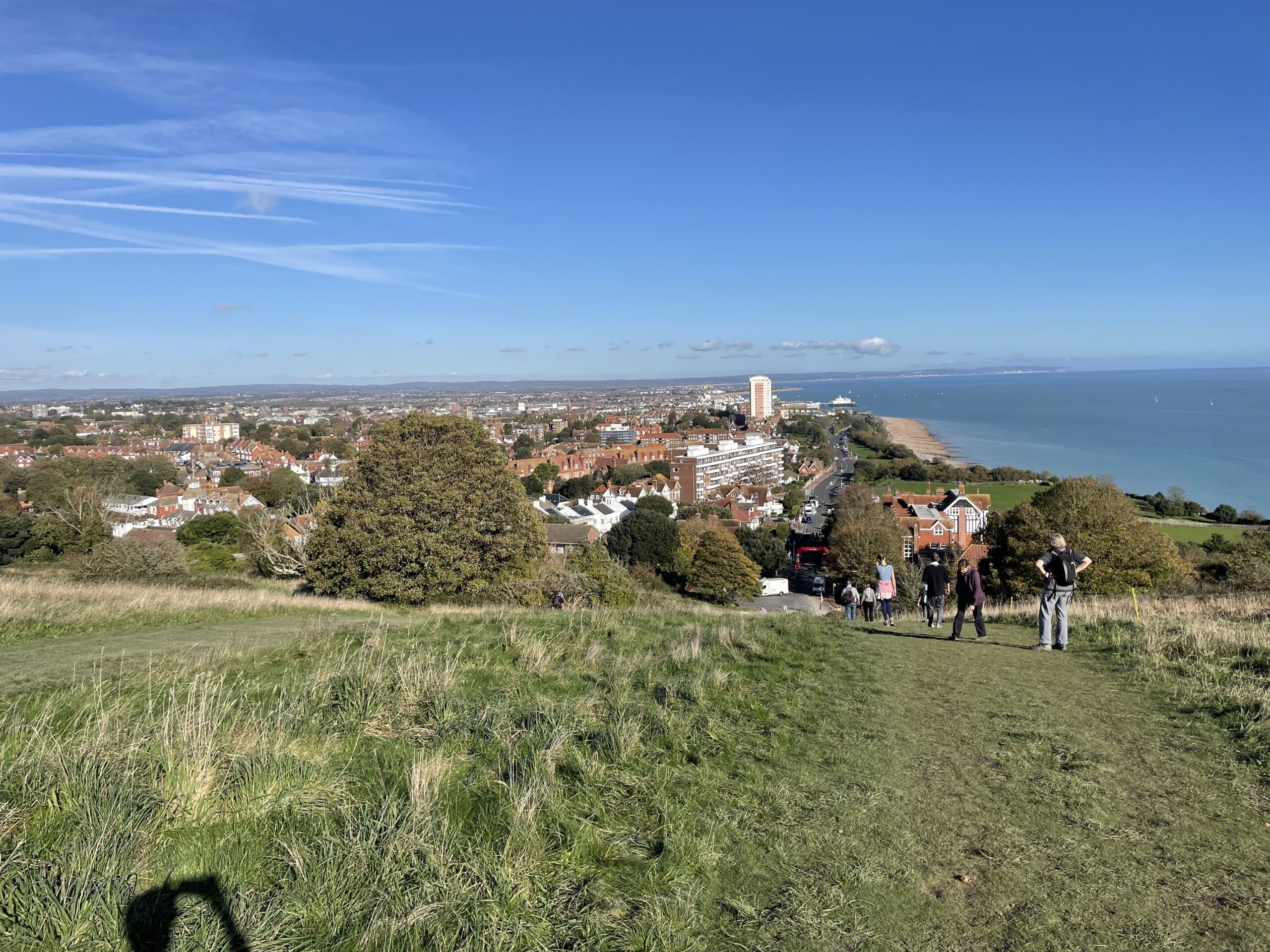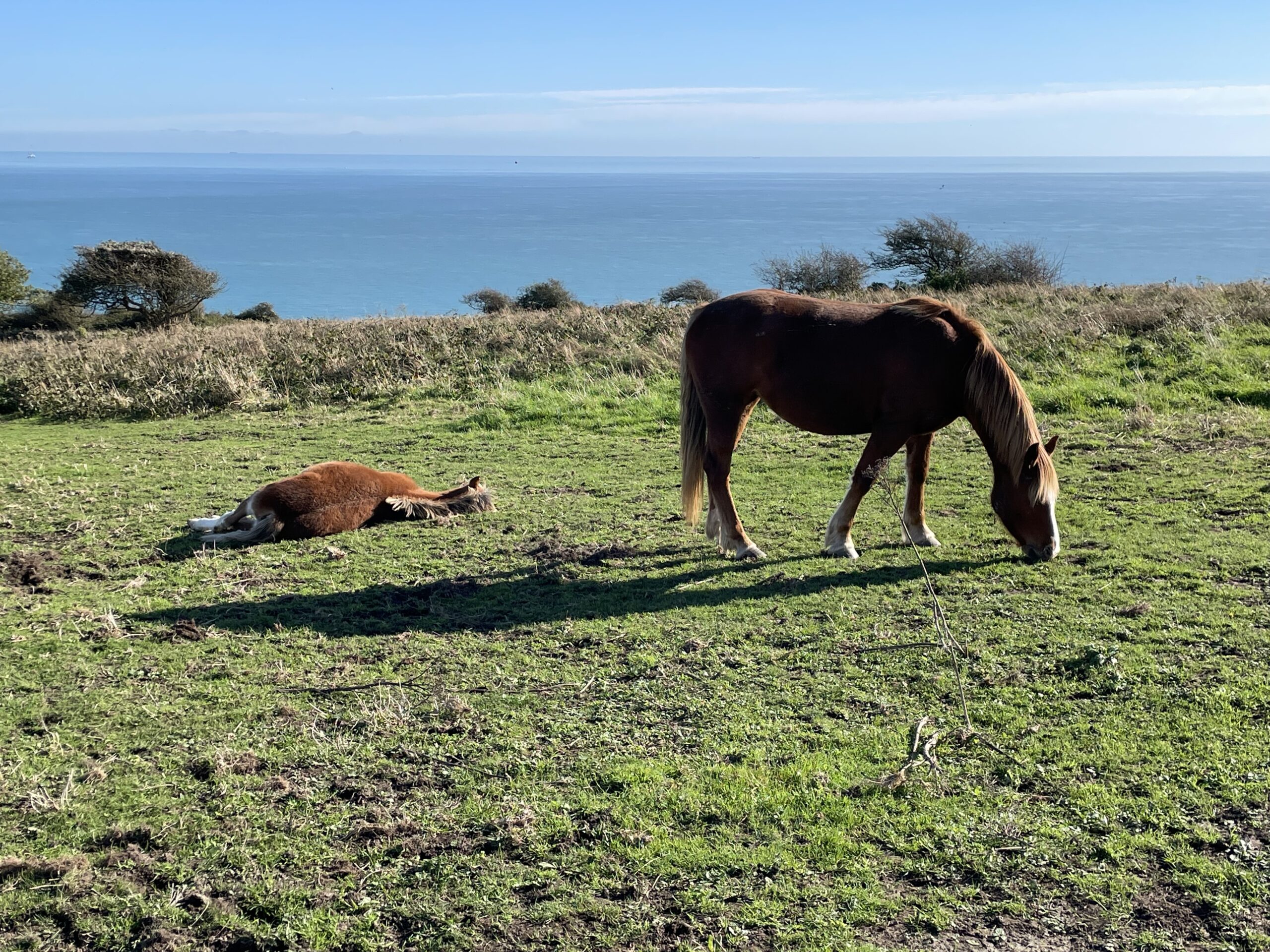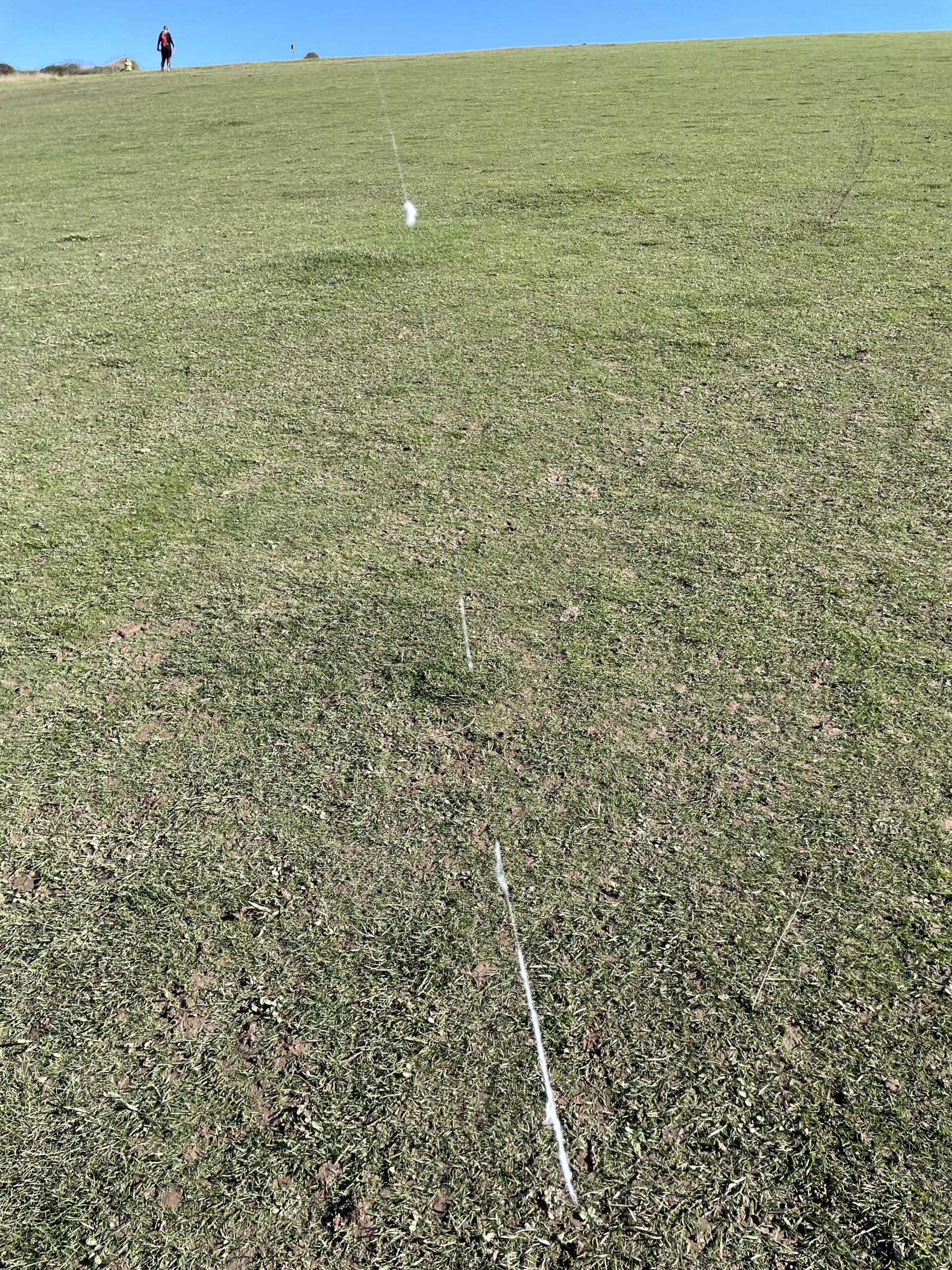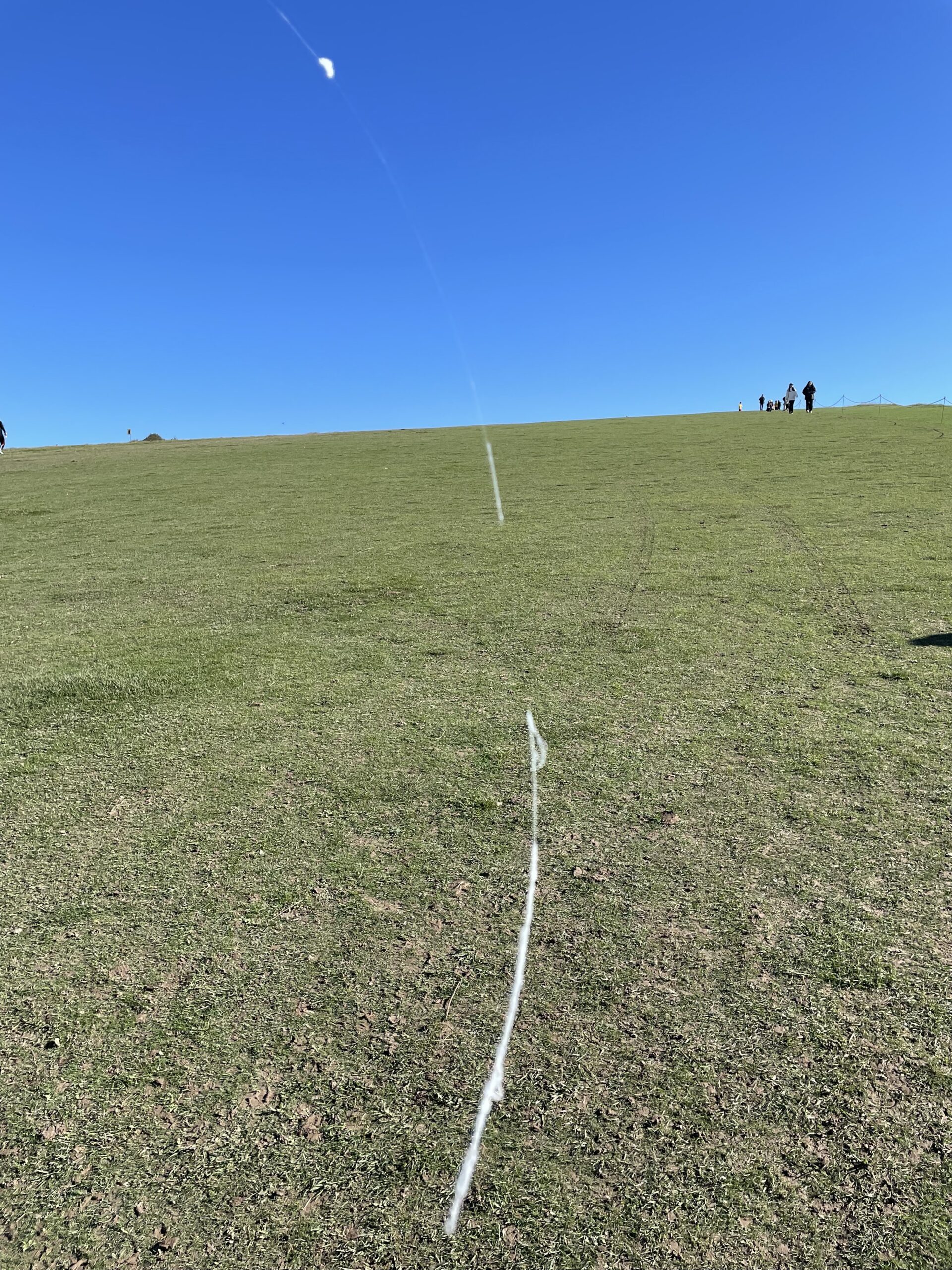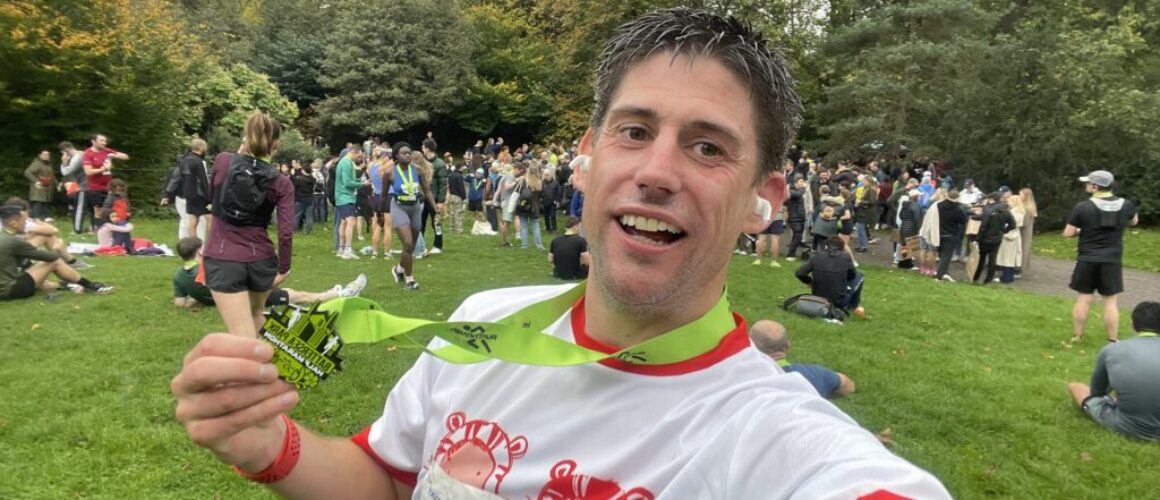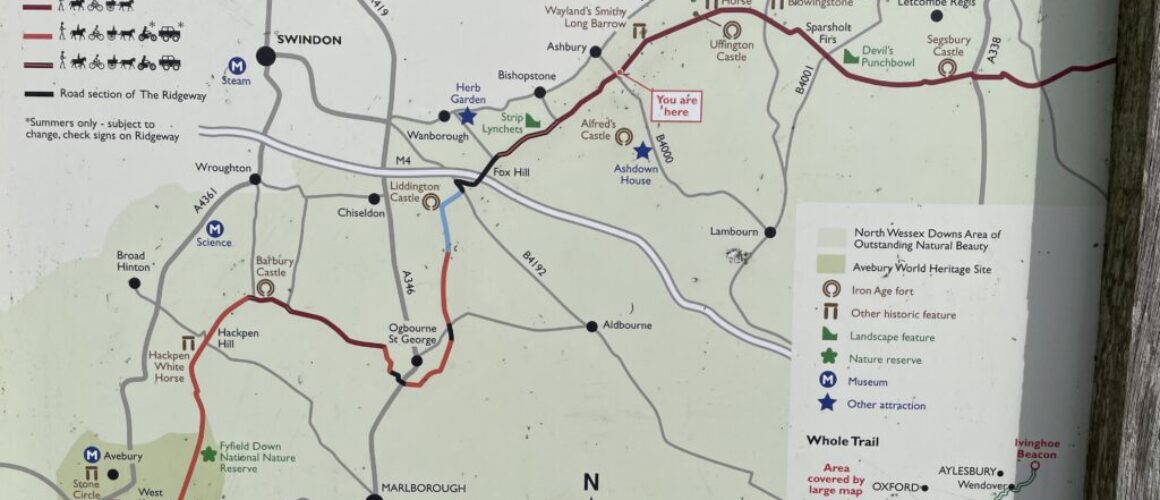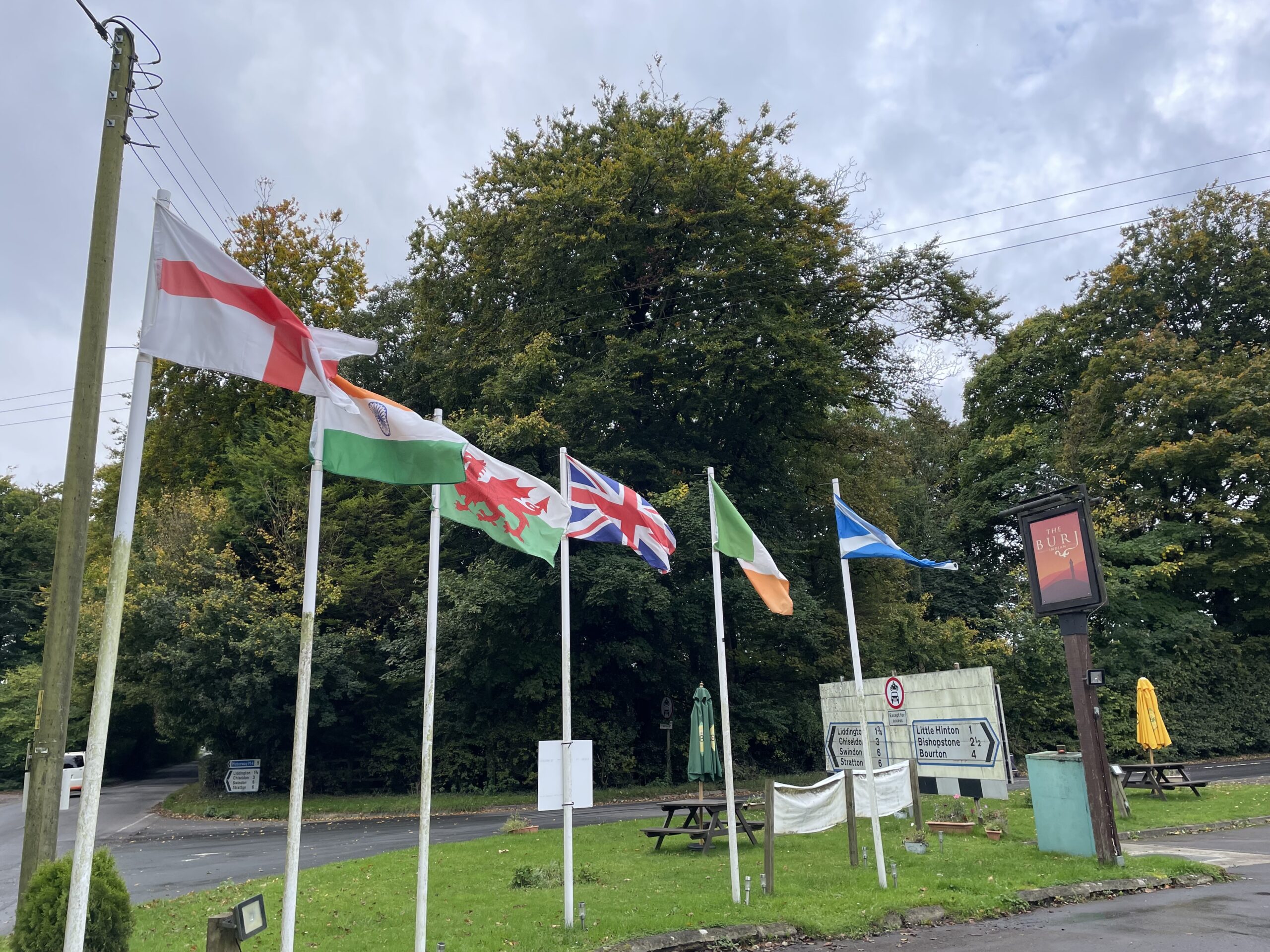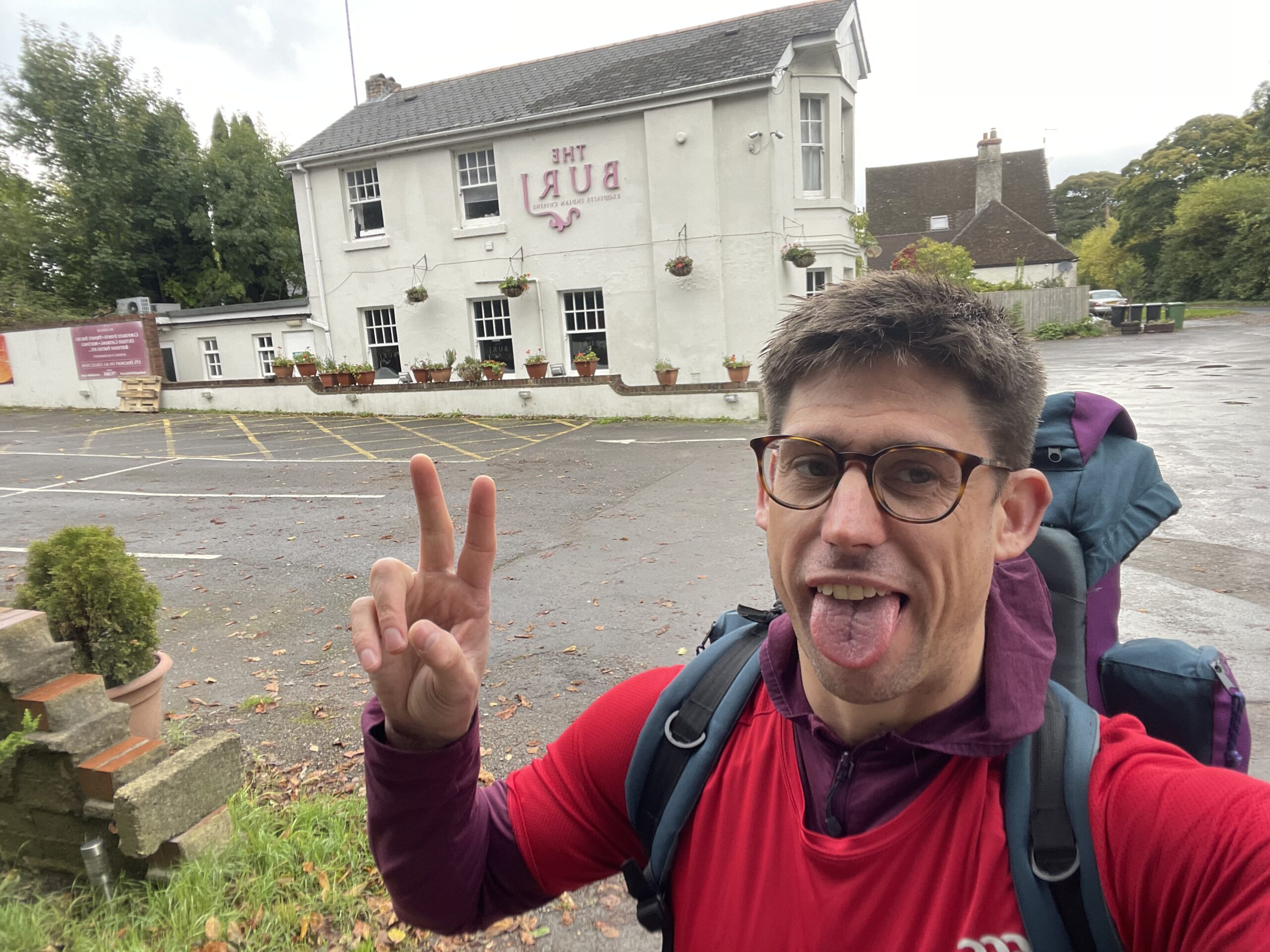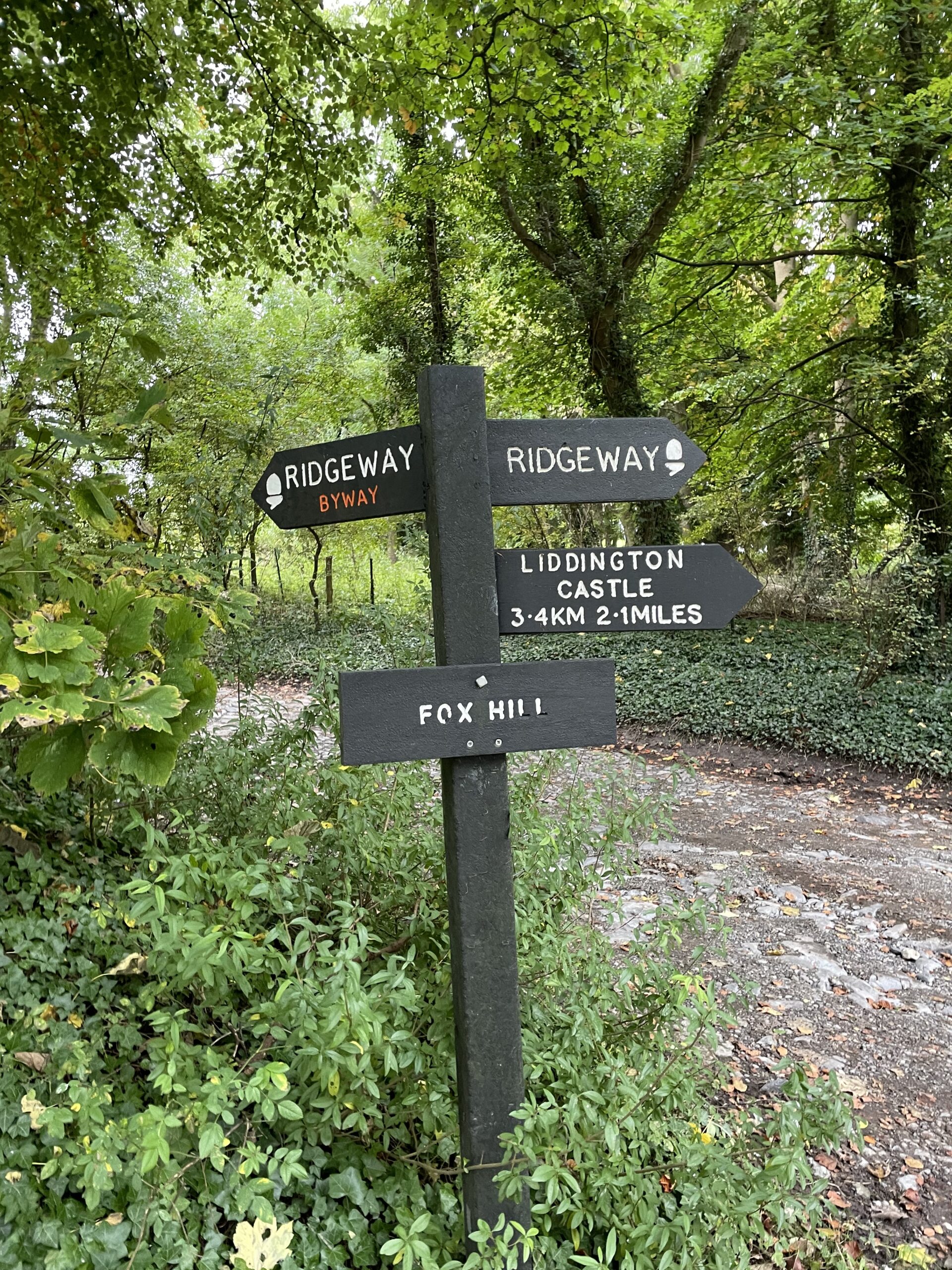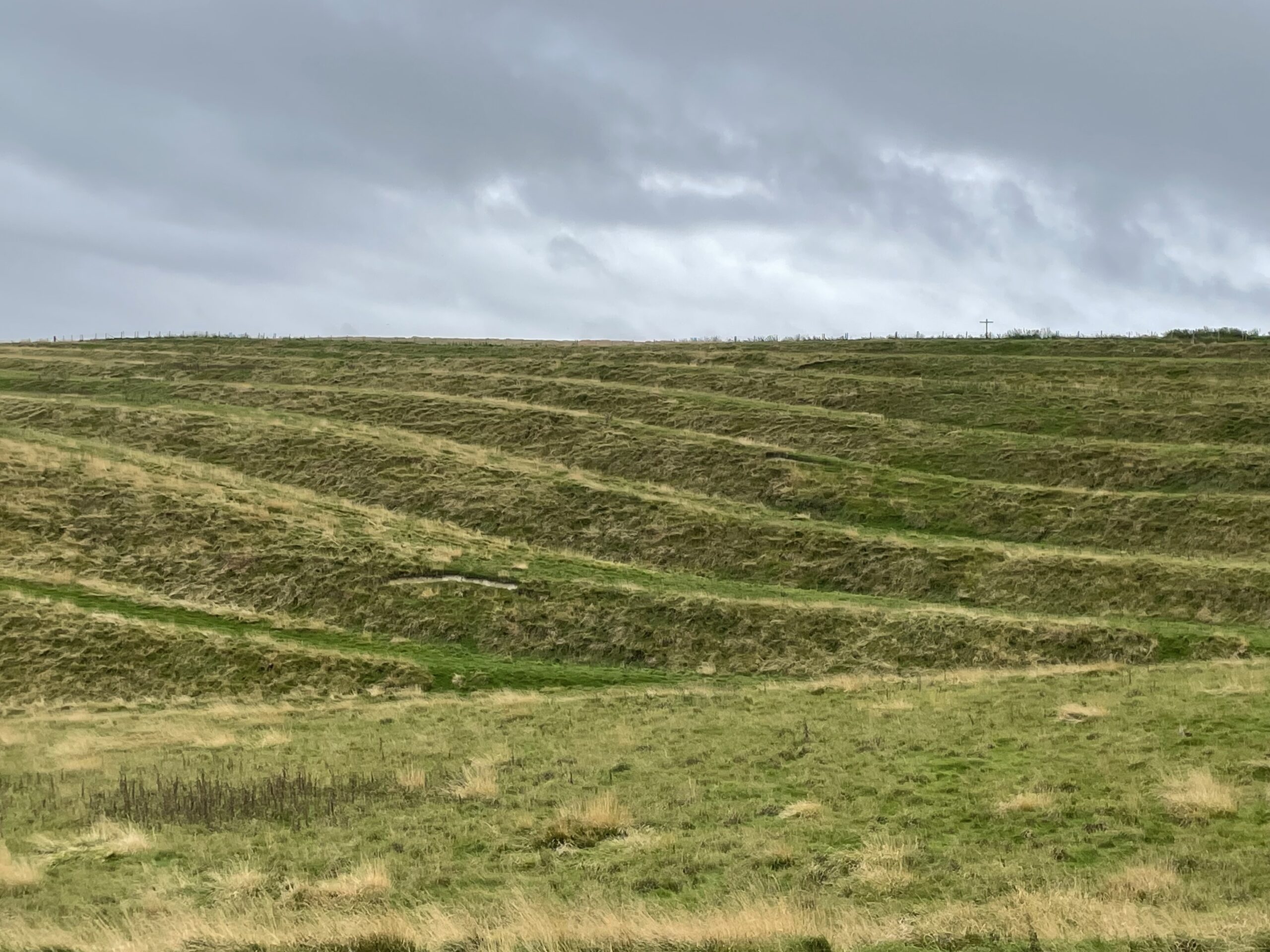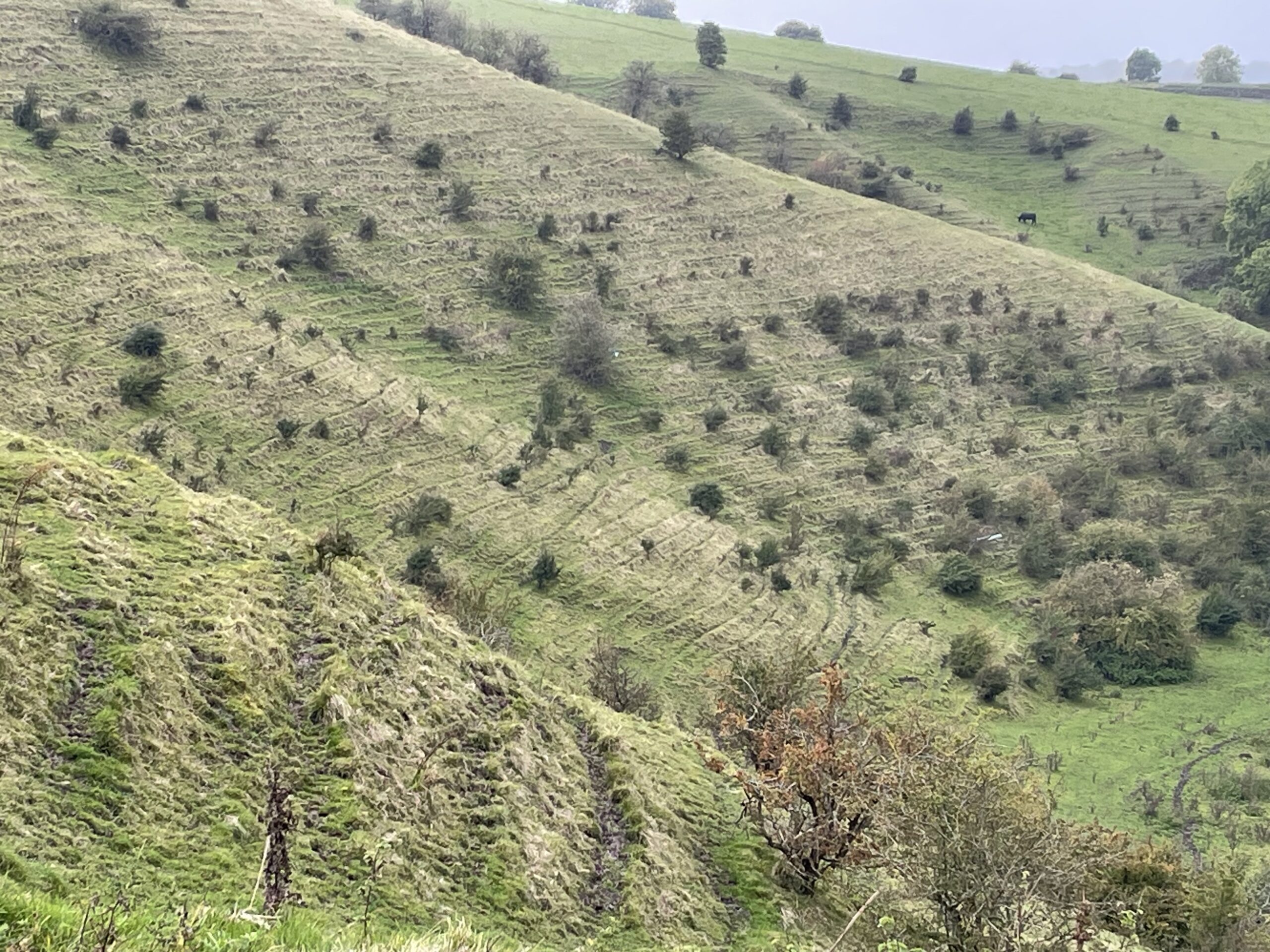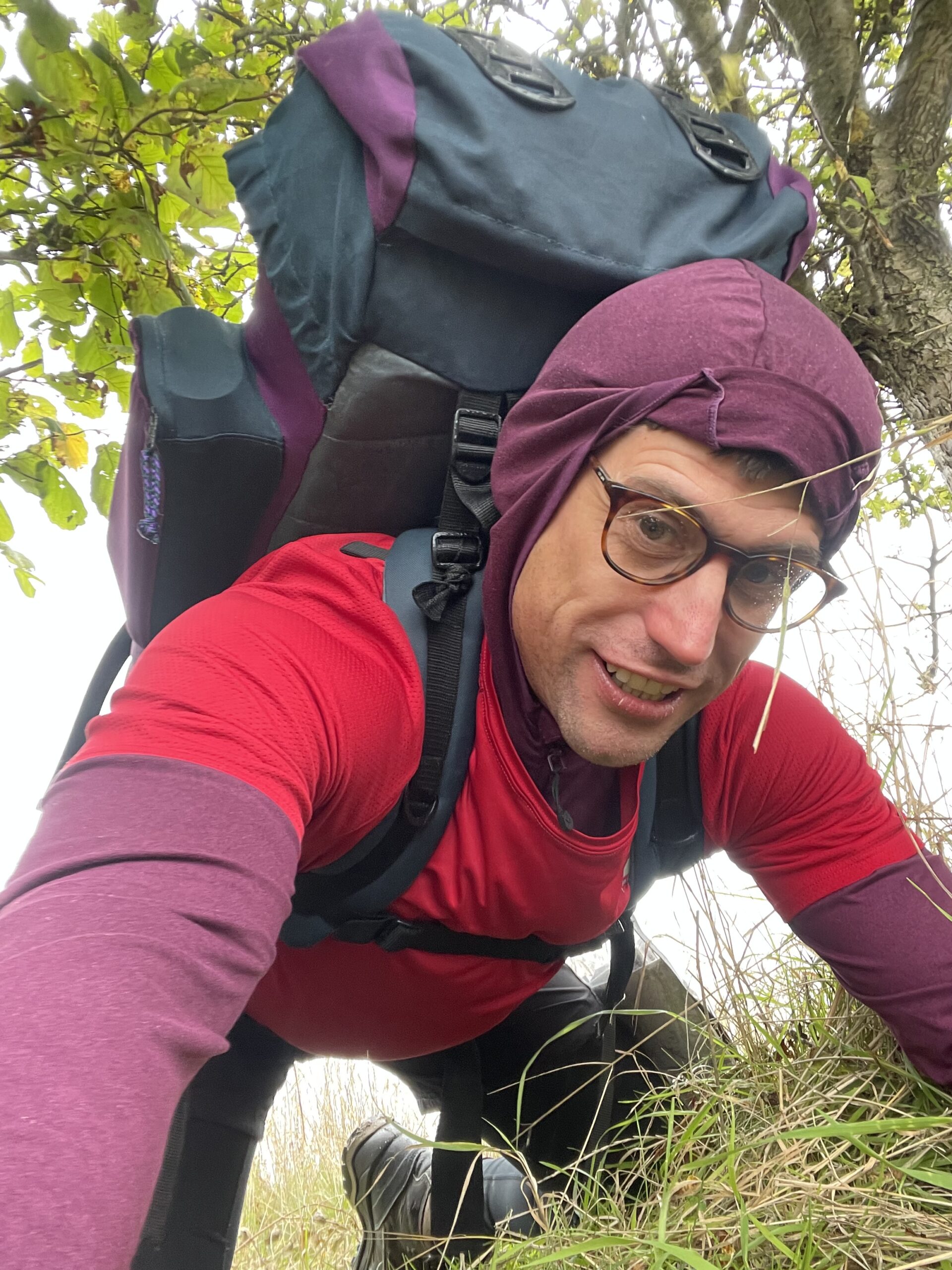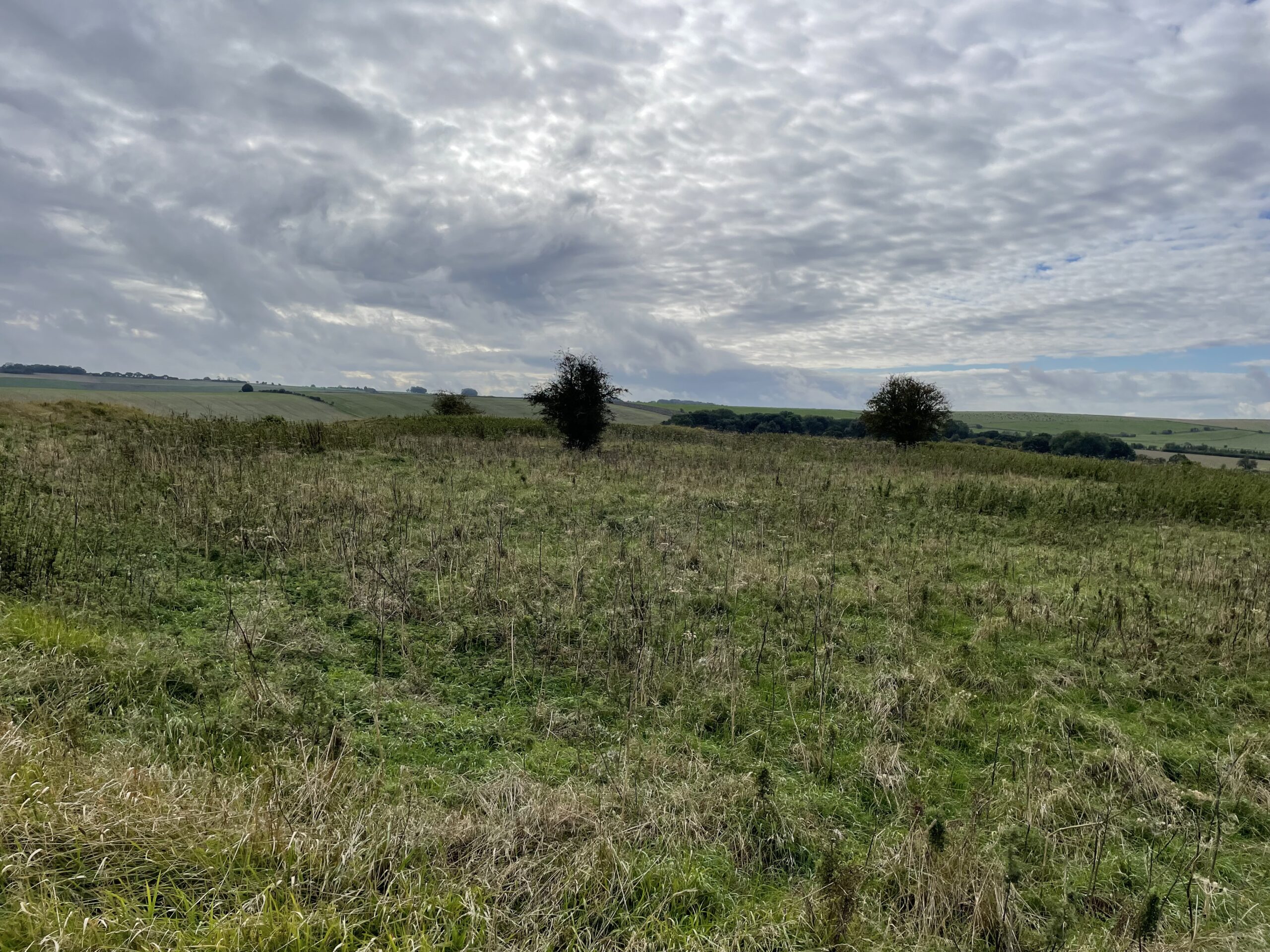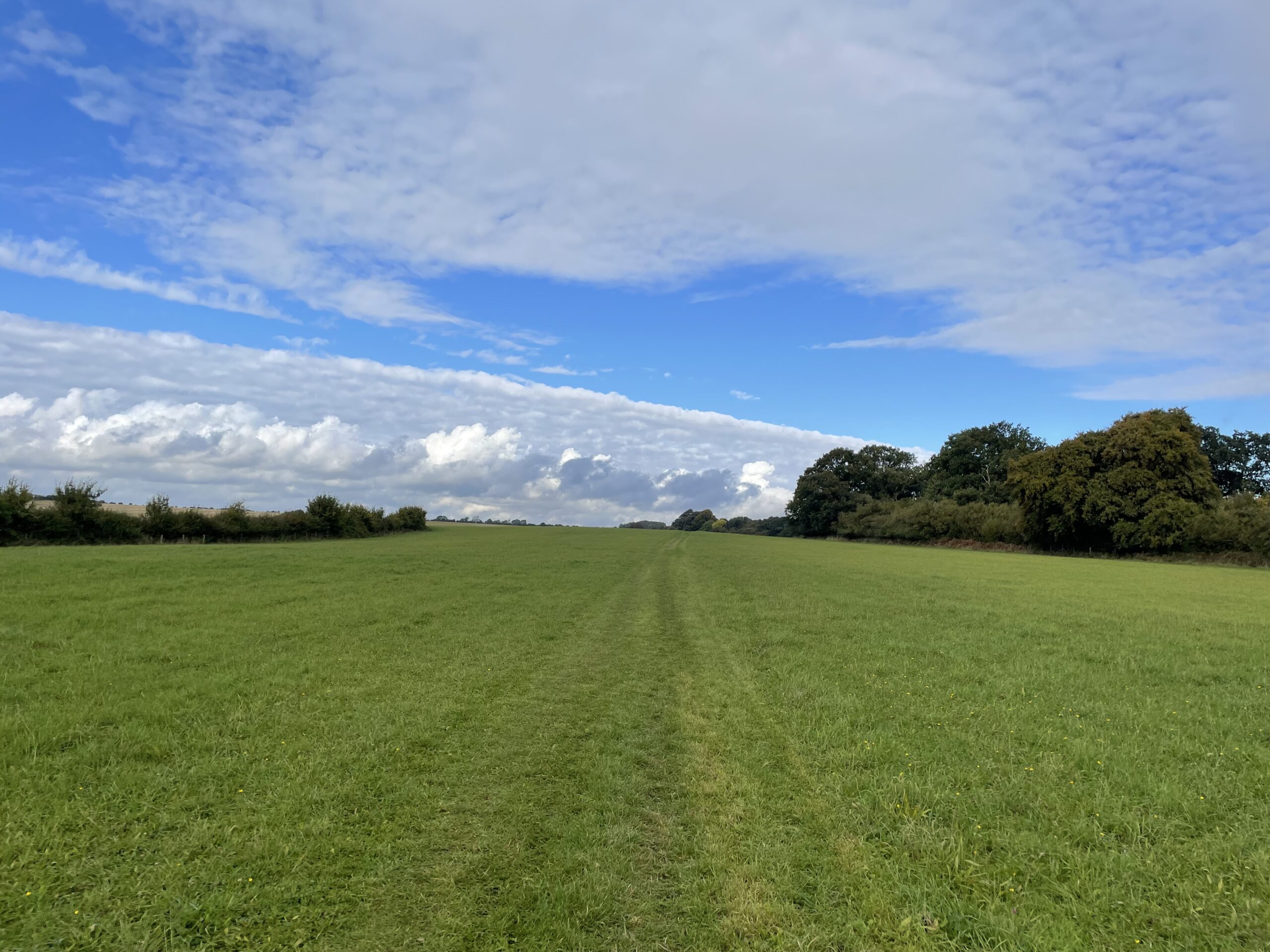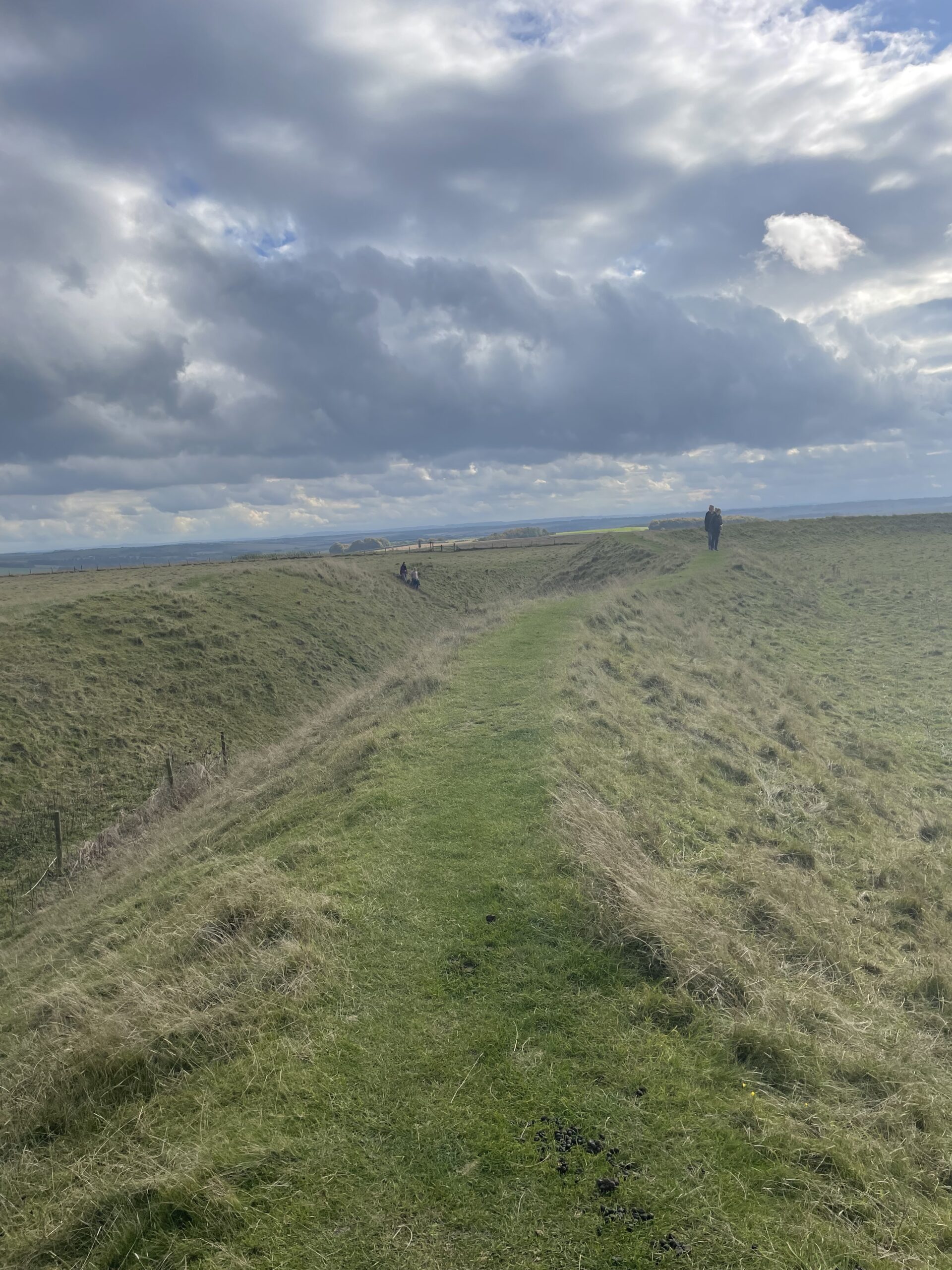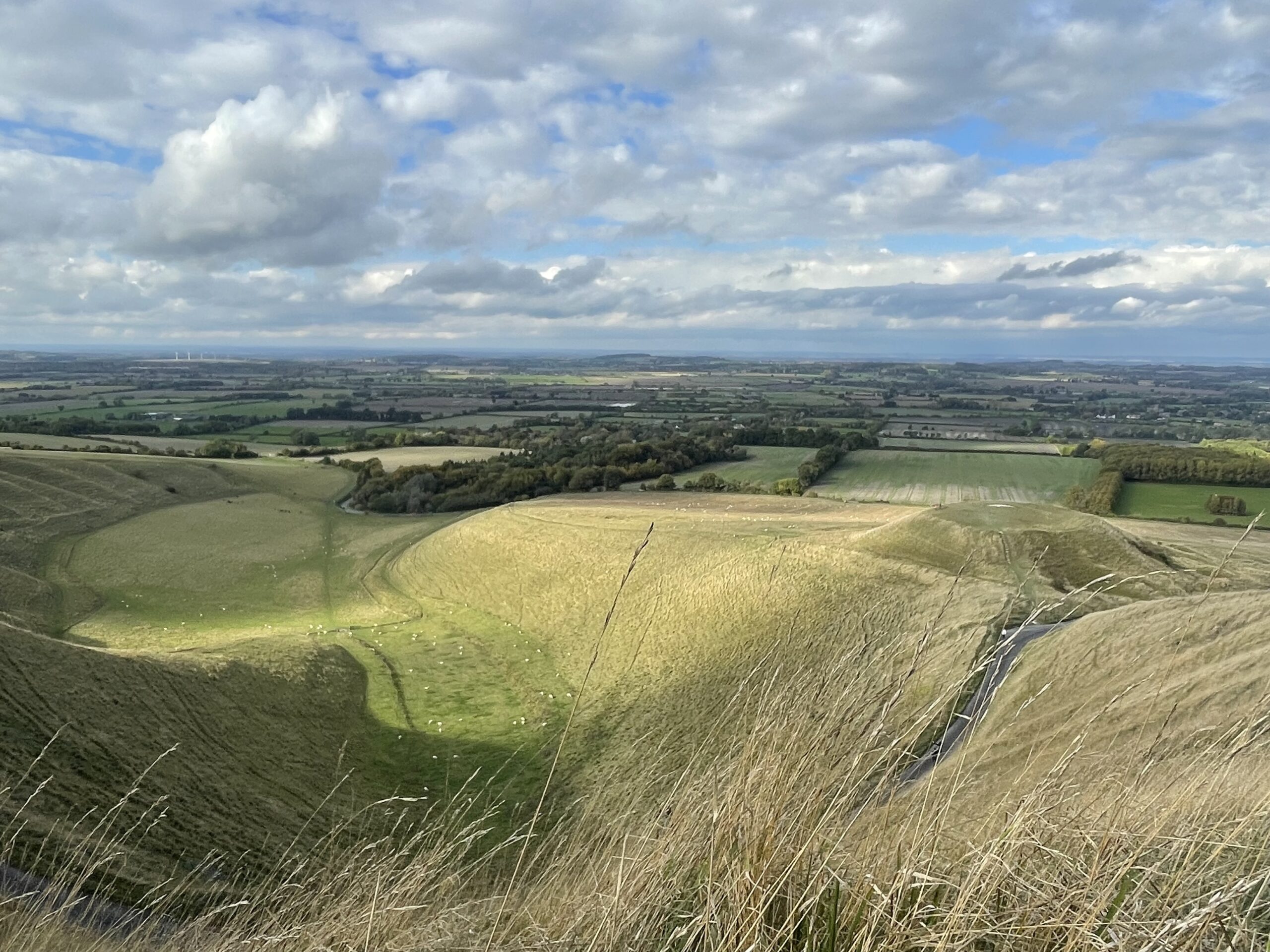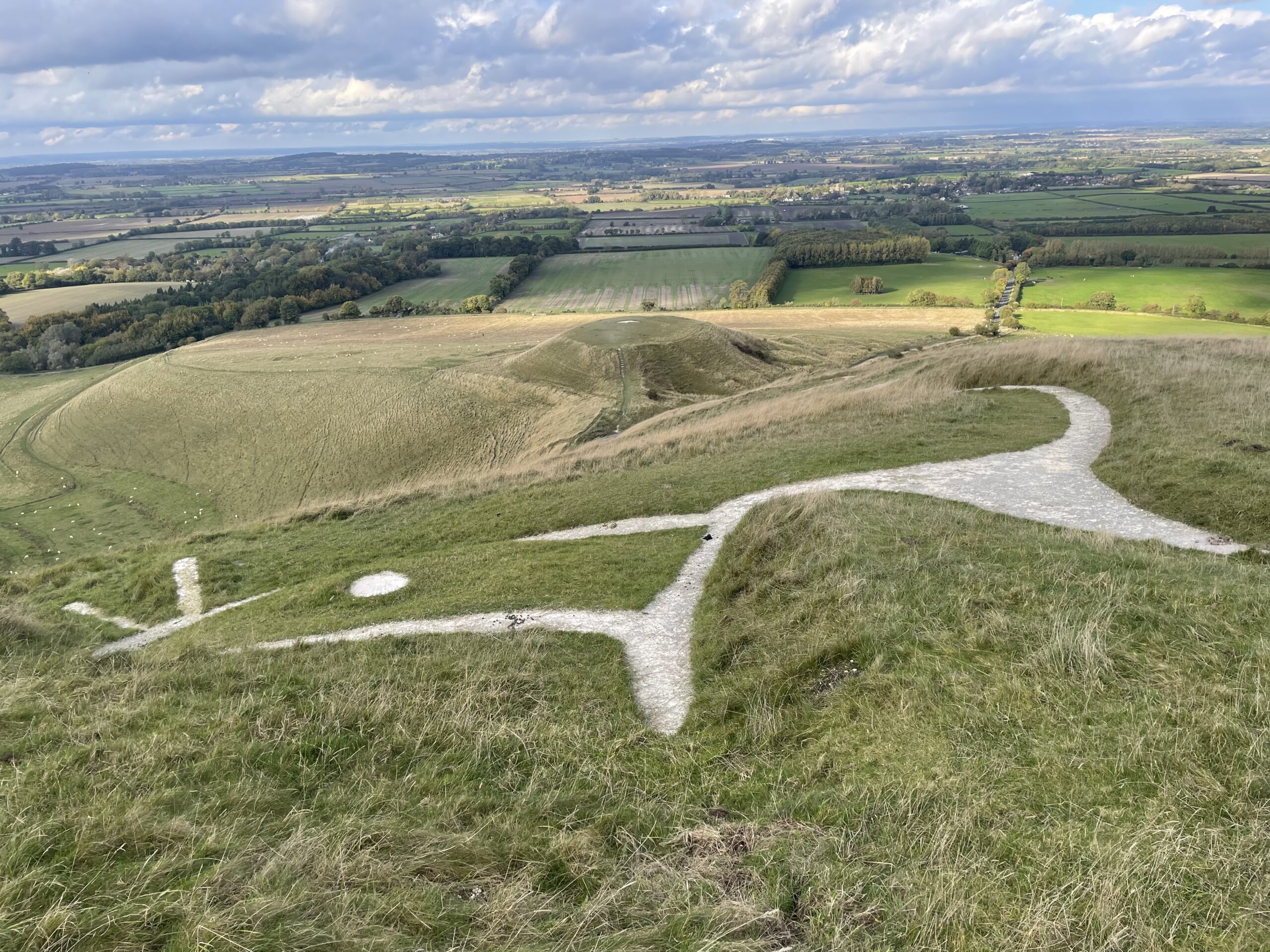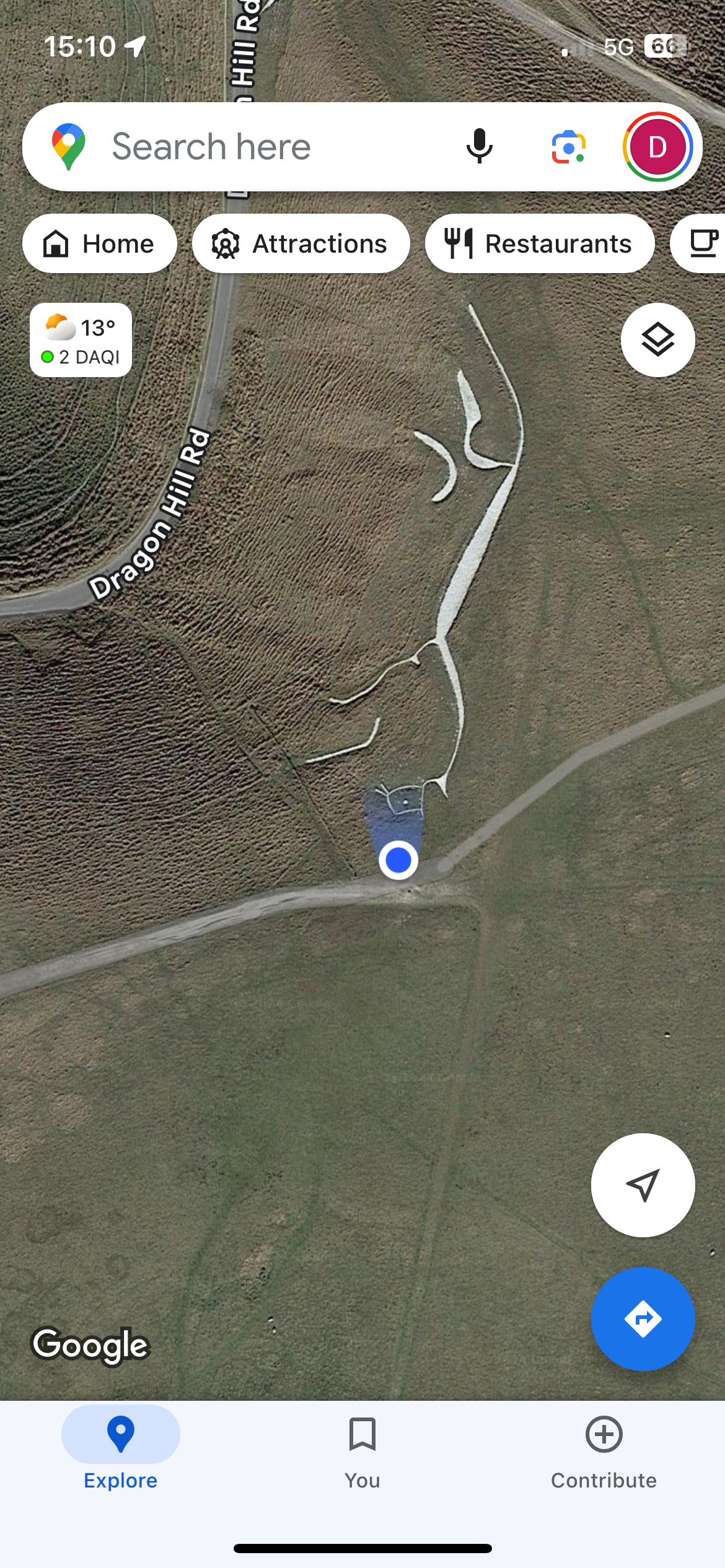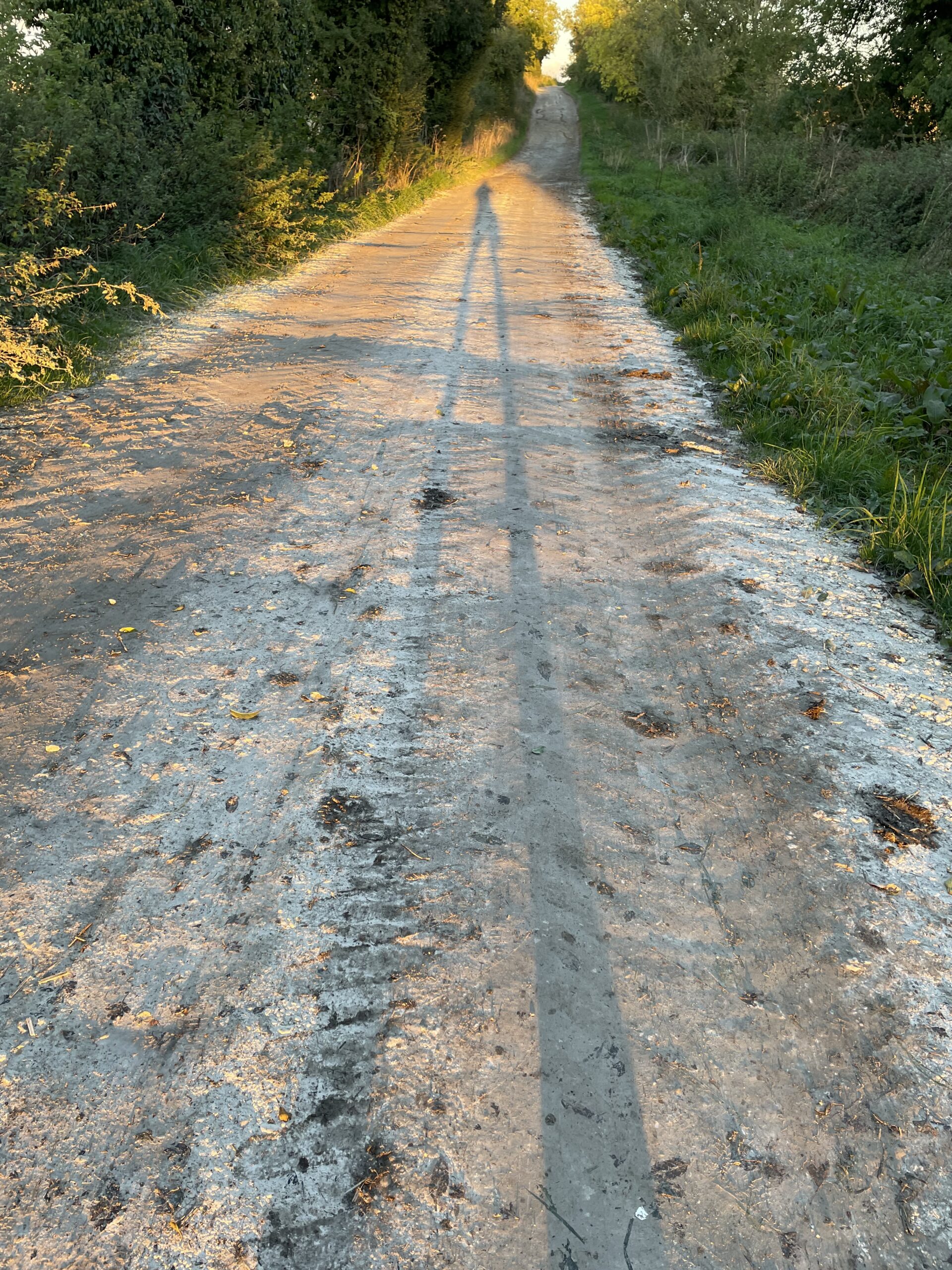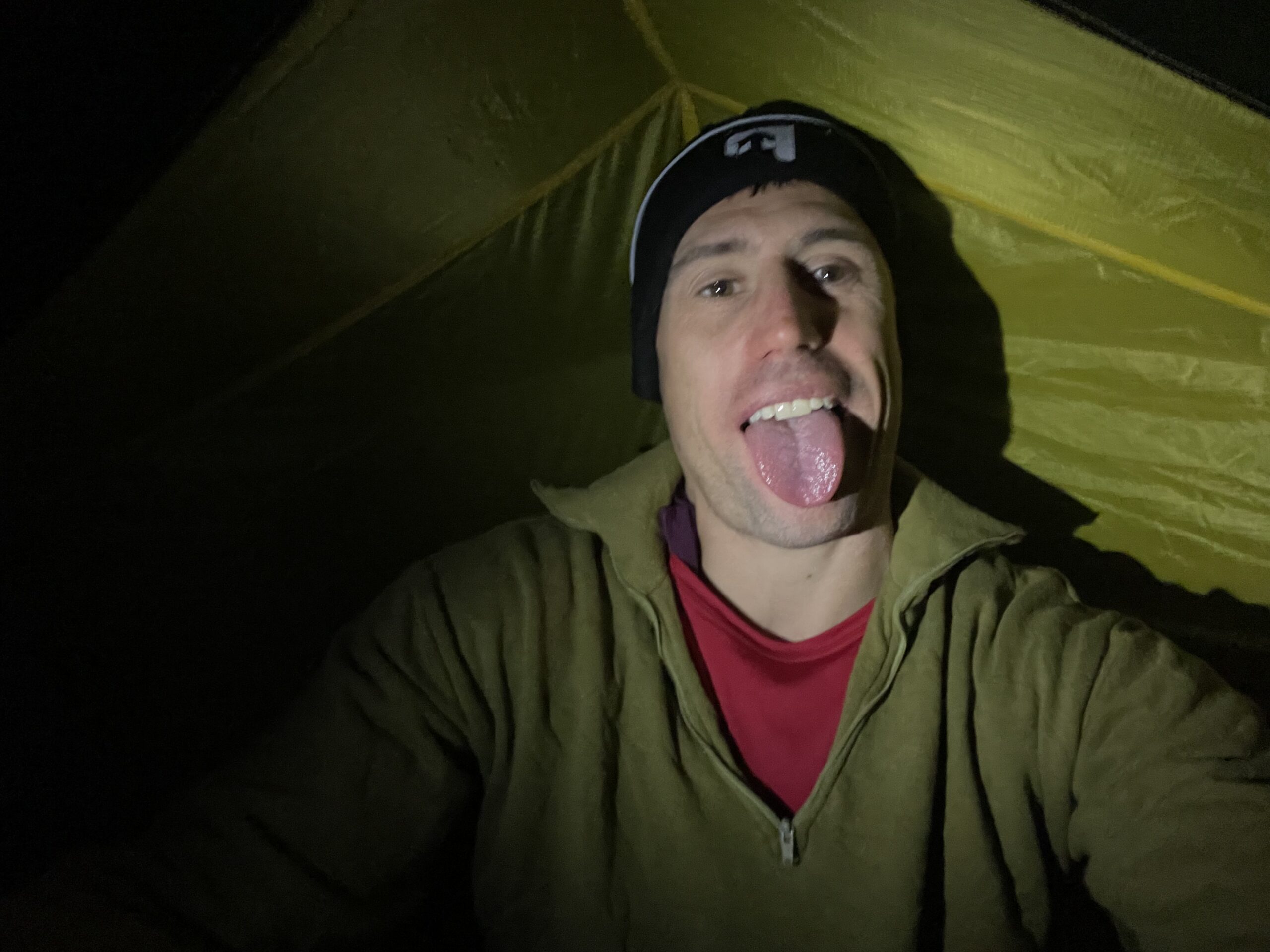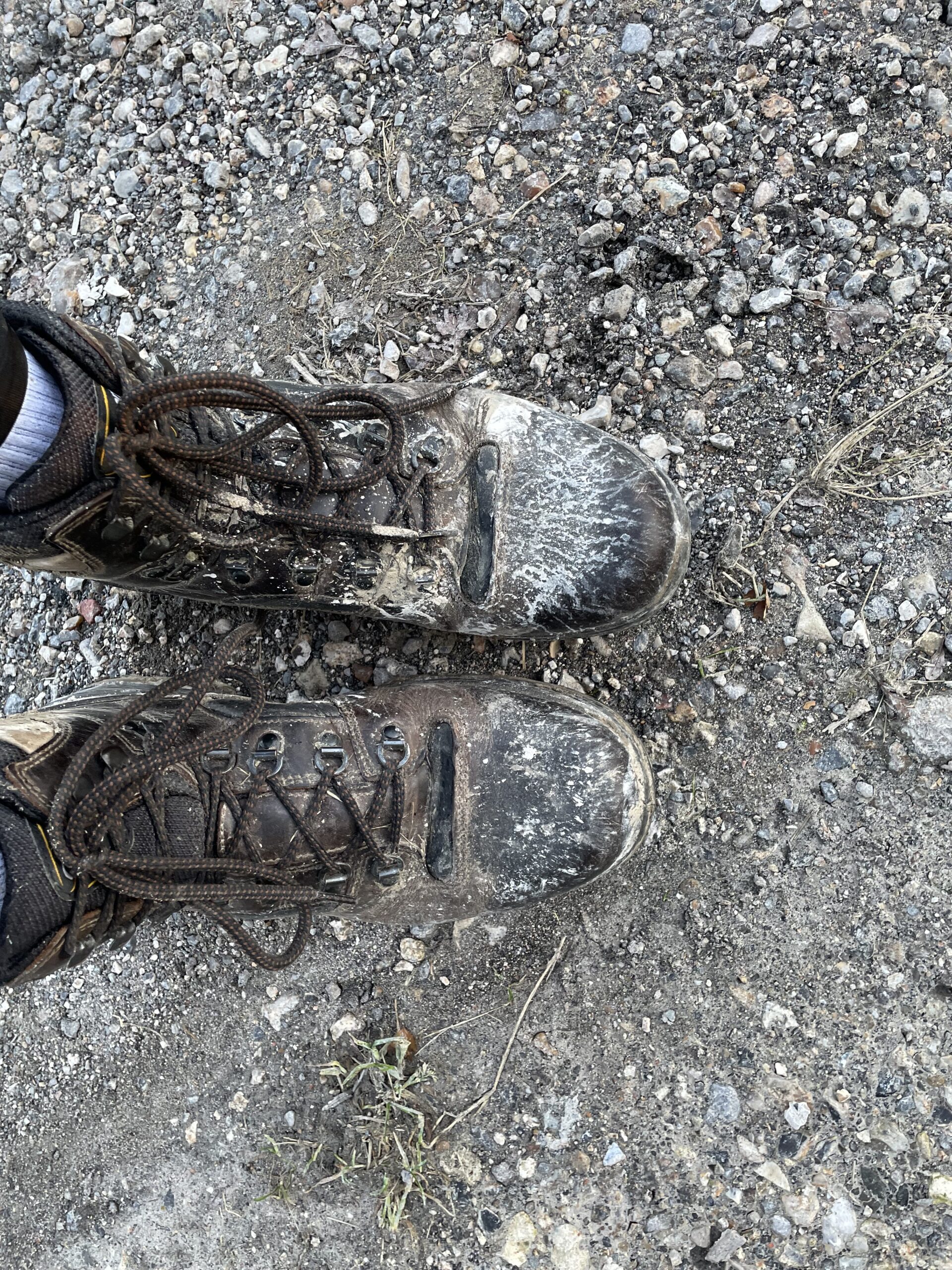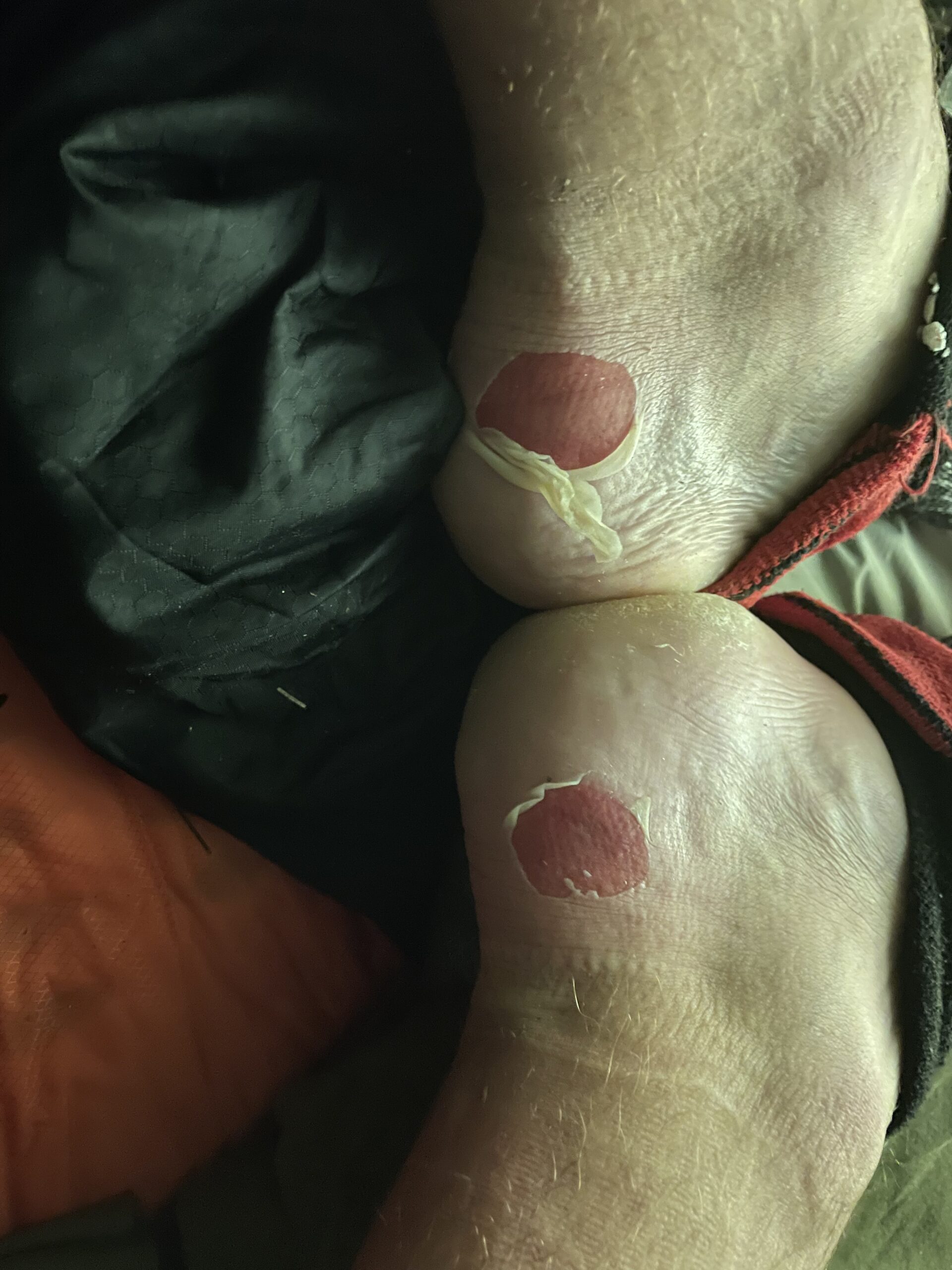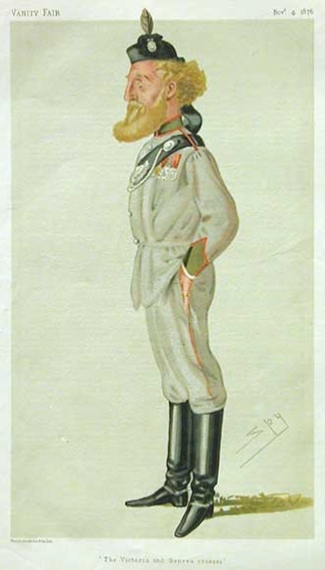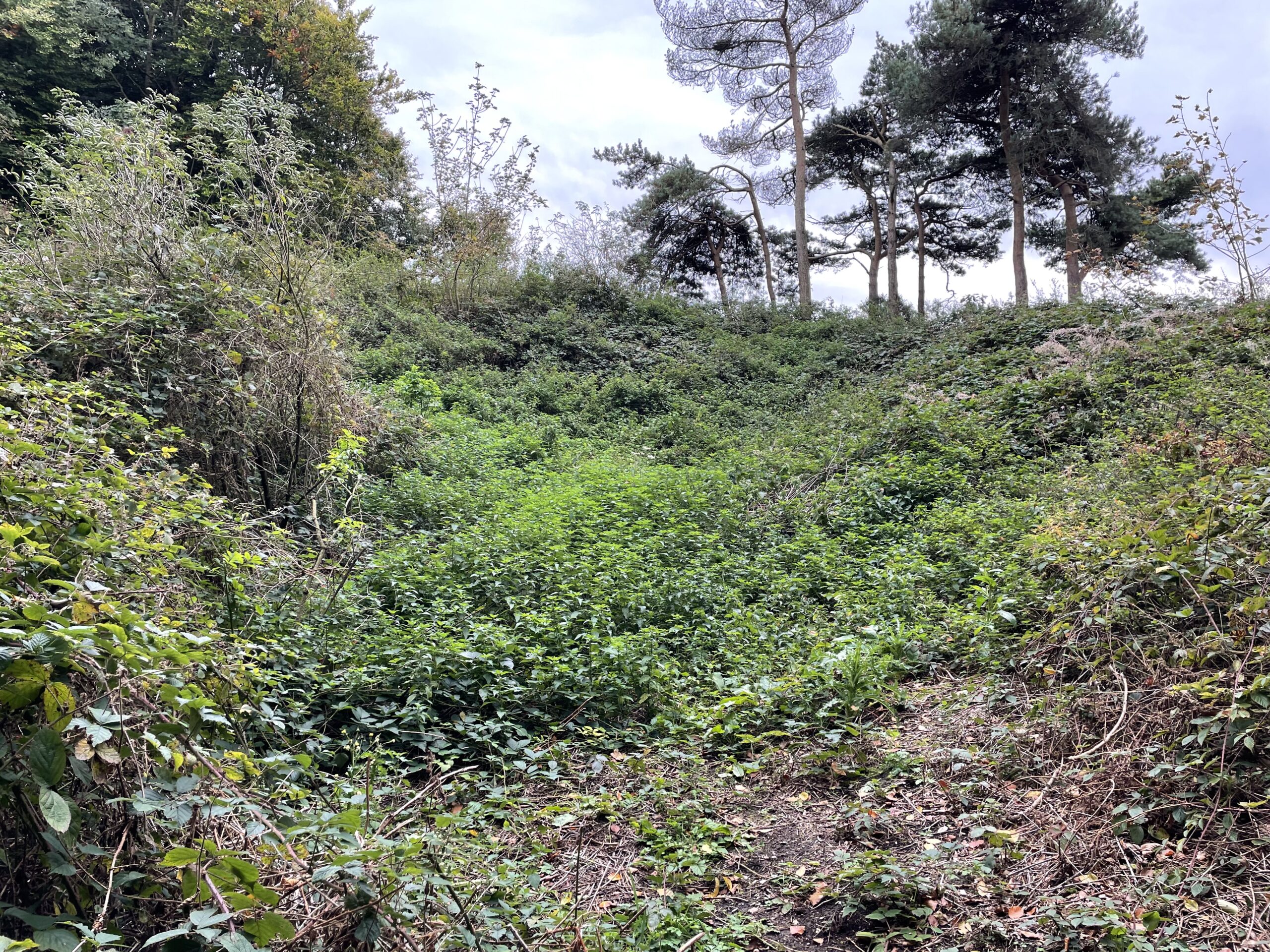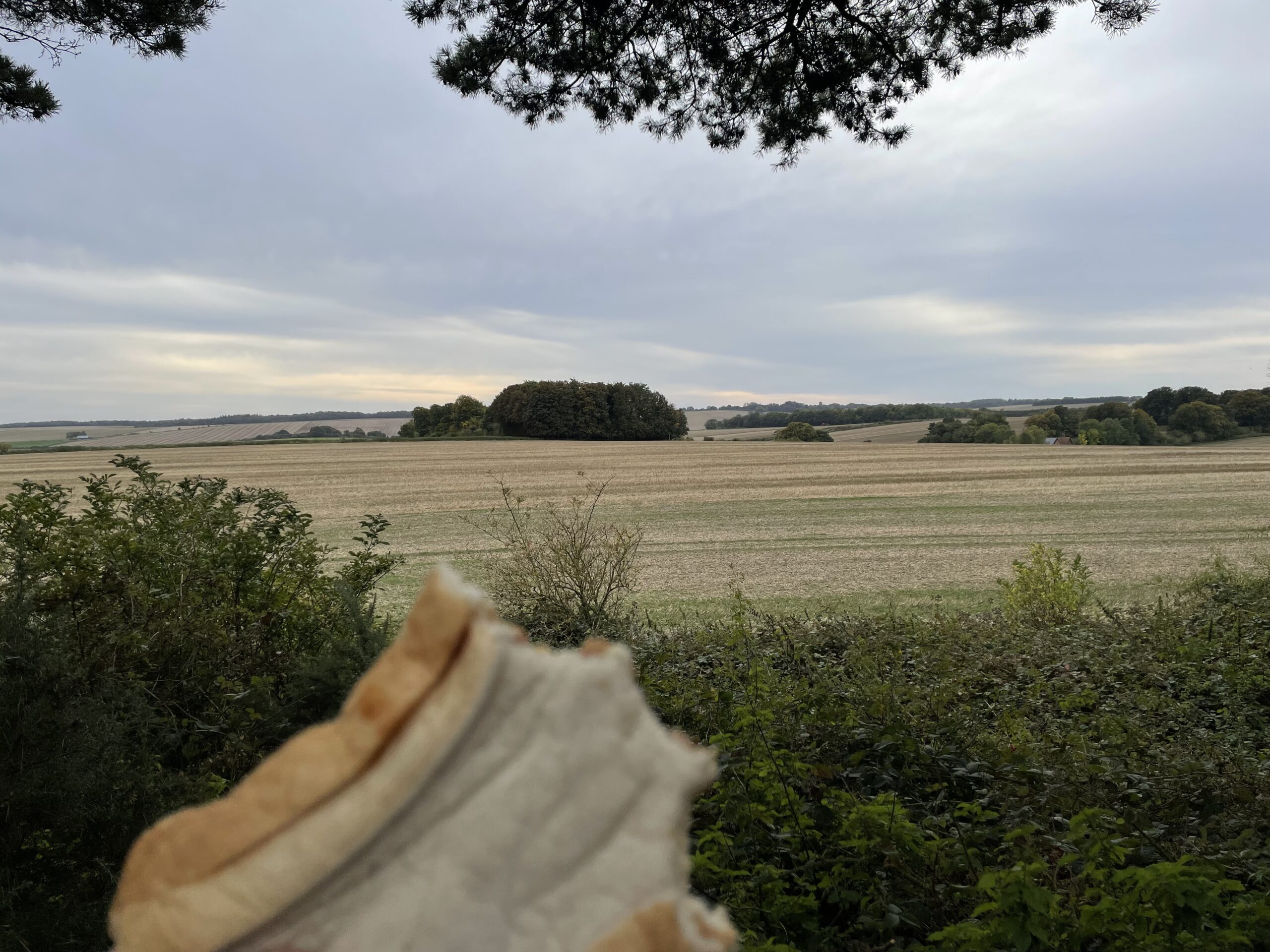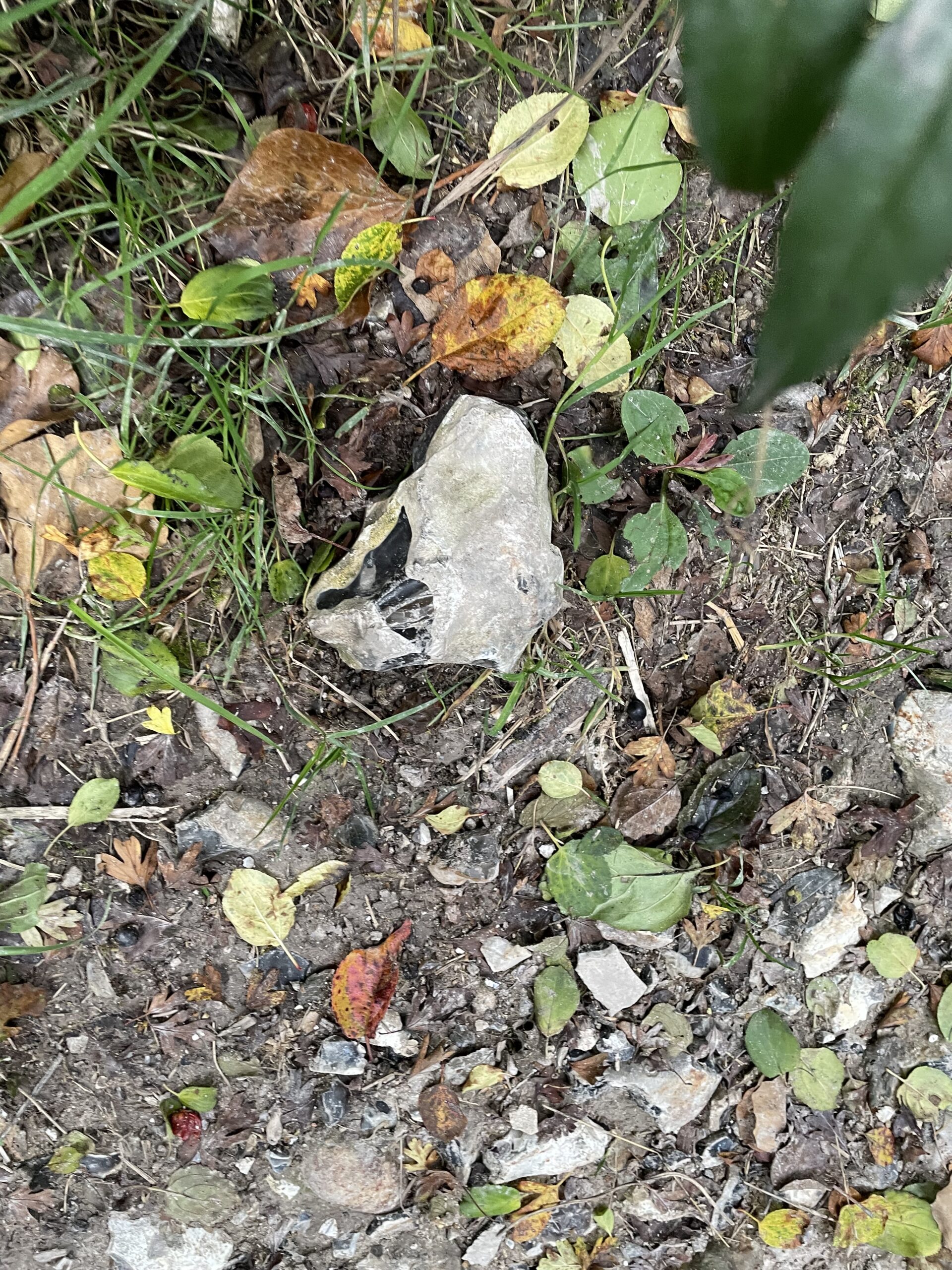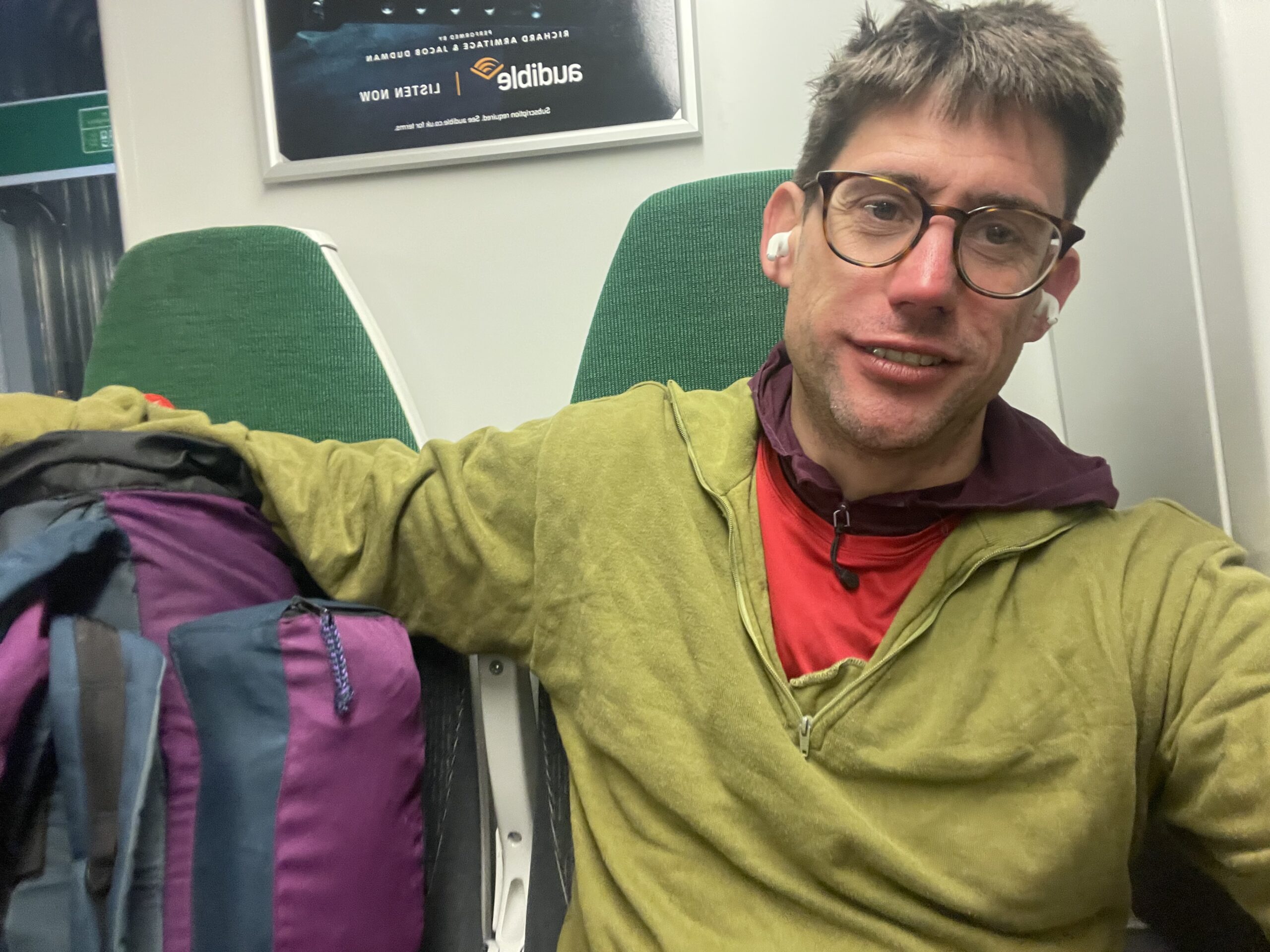I wanted to ‘play’ some more with creative writing, but didn’t have a particular project to work on, so I took the Curtis Brown 30-Day Writing Bootcamp to flex around and see what came of it.
I learned that I enjoyed the process, I find it most fun when I’m writing scenarios that are a little ‘out there’ vs. mundane, and that I really struggle with dialogue.
Below are a few samples of what came out of the daily exercises for me:
1) Micro-story prompt – We were given the opening paragraph and told to complete it in 150 words or fewer.
‘Who are you?’ said the man. His expression – in fact, his whole body language – was mistrustful. He looked like someone who expected to be lied to. ‘And what are you doing here? Here, of all places?
The gates of heaven yawned behind him, redolent with the exclusivity of a technocrat’s resort.
And the truth, the grubby truth, yawned inside me. Someone had fucked up badly. Not me for once, but the hot shame burned nonetheless.
I had no good options:
The facts – I didn’t want to have to vocalise them. Not in this place. Not now.
And lying to get into the Kingdom of Heaven? Even for me that was a step too far.
I played dumb, and I played nice; ‘I’m so sorry, I have no idea where I am’
(Weren’t these people supposed to be on top of their shit?)
2) Writing Openings – Introducing the world of the story (again with a starter sentence)
They had lived less than three minutes’ walk from each other for over twenty years but had never met.
Hardly surprising though. Let me talk you through that walk, (it’s surprisingly similar from each end…)
The first 30 seconds, well that was ok. Almost normal. But then civilisation (as each knows it) runs out abruptly.
An 8 foot high electric fence, the warning signs faded to illegibility by weather and years. No one thought to refresh them: their stories told and re-told into culture long ago. The knowledge of danger now set into the bones of those that needed to know.
Then 50 yards of dead zone: littered by razor wire, nocturnally lit by floodlights. For Bernard, who lived on the inside, this had come to feel less like a safety measure and more like a waste of good living space, as his world got more and more crowded. For Sara, on the outside, this ground still held the memory of a killing field.
Then the wall. Sunk as deep underground as it towered above (although only a handful of people would still know this.) 4 metres each way. The most pristine structure for miles around. Every 100 yards a guard post: human silhouette, heavy machine gun, floodlight, radio. Everything needed to summon down hell.
And in between, the sporadic silhouettes of more patrols. Randomised to protocols. Always looking out. Like ants scaling the spine of a bird from which wings reach out and desiccated the land on each side. Symmetry of death.
Look at them now.
Bernard: sunk in his armchair under an electric lamp, gnarled knuckles curled round the copy of Howard’s Coins of England he had rented from the compound library that day. Dreamy half-smile of nostalgia set on his face as he reads.
Sara: crouching, in motion between her sleeping child and the fire. The remnants of a rat carcass (a good day) still waiting to be pulled from the embers. Darkness intruding further on one side as the fire quietens, the floodlights of the wall a beam-streak of night-suns on the other.
3)‘The door was locked’ starter – at this point I’d realised that dialogue was challenging for me, so wanted to try to force myself to write some:
The door was locked.
And that’s when Lisa erupted
‘Why are you such a fucking control freak!’
A very small thing. But a small thing at the end of a long line of very small things.
It had been enough that she had to put up with Ben and Sheila for the weekend. Ben, his best mate from school, and Sheila, Ben’s partner, who as much as Lisa wanted to hate her, was actually alright. Not as alright as her yoga class though, or Netflix. And not alright enough to lose a day visiting the next National Trust property on Ben and Phil’s list. But then, ‘Why don’t you sit in the back with Sheila darling. It’ll be cramped for Ben’s long legs back there…’
Seething. For the last hour and a half.
But now the child fucking lock. Permission required to exit. Christ, they didn’t even have any fucking children.
‘Darling!’ That scared and offended look on his face. Definite rising embarrassment though, in that snatched glimpse to Ben. Good. ‘What are you talking about?’
And in that moment her mind whispered ‘now’. ‘This is it.’ And she was, briefly, genuinely shocked when she realised how meticulously it had been scanning. Waiting for the right pieces to assemble. For how long?
Because this tether had been long. Finding an end she could grab onto had, at times, felt like a dream she had to suppress, just to get through the day. Because he was so fucking subtle with it…
Every half drunk cup of tea that he whisked away and washed, always waiting until it had been there just too long to want to be drunk again, but never longer.
Each time he picked up her keys wherever she dropped them when she came in and meticulously put them back in the bowl the second she was out of sight.
How he would diligently collect the mail from the hallway downstairs each morning and pile hers on her desk, on top of whatever she’d been working on late the night before, a barrage of admin to be dealt with before she could get to whatever she wanted. An implicit judgement of her not getting up early to ‘seize the fucking day’.
And always the same wheedling excuse ‘I’m just trying to be helpful darling’.
At night she fantasised that he hit her. That he locked her in a room. That he forbid her from seeing her friends. That he put a lock on the fridge. Just so she had something weighty enough to justify how much of a monster he actually was.
She knew she’d never get that. That her windows of opportunity would be small. She’d need to get her elbows in to create more daylight.
And this wasn’t helpful. This was her, a grown ass woman, prevented from getting out of the car without his say so. And she had witnesses. Witnesses she didn’t give a fuck about going volcanic in front of. The moment her mind clocked that this was a good a chance as she was going to get, it also realised that there was no way she was going to let it go.
“Give me ONE good reason why you thought it was a good idea to lock two women in the back of your car?”
Yes she was playing that card. She knew he was on shaky ground where feminism was concerned. It made him confused, something about the gap between how he wanted to look and how he knew he really was.
“Darling, I had no idea. Look, it’s unlocked now”. Desperately trying to dissipate.
“Absolute bollocks. I picked Ben and Sheila up from the station yesterday and made sure it was unlocked. You’ve put it on since then. Because you don’t think we can be in charge of when we get out of the fucking car by ourselves.”
She looked across at Sheila. Was that a small smile of recognition? Did all boarding school boys turn out like this?
“I think you’re maybe slightly over-reacting”
“Then tell me what I’m reacting to. Because from where I’m sat it looks like you deliberately caged your wife in the back of a car until you were ready for her to get out. Not to mention your friends wife too!”
“Maybe we should talk about this later, darling, not ruin a nice day?”
“So now you’re telling me that I HAVE to get out of the car when you unlock me!?”
He was playing right into her hands…
4) Picture starter: An image of an airline window prompted this memoir piece:
It was far too early in the flight that the Schrödinger’s dad joke popped into his head, unbidden.
Nothing irked him more than a dad joke unshared. They festered, rolled around inside his head, the way other people simulate past conversations until they find a version that suits them, that alleviates their anxiety.
For the past 8 hours, since the phone call from his brother, his world had narrowed to two questions.
How quickly can I get to my father?
and
Will he still be alive when I get there?
The laws of admin and physics made the answer to the first question frustratingly long. You can’t just jump on a plane to Australia, no matter how urgent the need to do so feels. Buying tickets, chasing through a visa, packing, travel to the airport – none of these felt like they should apply in this case. But it was the waiting once all of these were sorted that felt truly pointless. The possibility that whether he would next see his dad alive or dead might depend on the flight schedule of Cathay Pacific just felt too mundane, too ordinary. Although the fact that his dad went into surgery just before he boarded the plane brought some kind of befitting synchronicity back into proceedings, a sense of surgeon vs. plane, the way it might be handled in a movie script.
How that surgeon got on with relieving the pressure of the latest brain bleed would bifurcate into two very different landing scenarios.
Scenario 1 – Dad wouldn’t make it. And by the way his brother had called him from the hospital and urged him to get on a plane (masked in the calm bedside manner of someone who does this for a living), there was a strong chance he was flying in for a last look at a lifeless body and to deal with whatever that meant alongside his mum and brother.
Scenario 2 – He would. And that meant flying into what exactly? The aftermath of a scare? A bomb threat disproved? To oversee the forensic assessment of the damage caused and how this would limit the possibilities of life going forwards for his parents? To hold his mum’s hand and tell her he was glad he came but now he needed to go back to work, from whence he’d bailed at 9.30am that Tuesday morning… false alarm and all.
The gap between the mindset shift required for either felt too big to prepare for both. So he’d resolved to just put one foot in front of the other and wait for news. There’d still be plenty of time left in the twenty-four hour journey to adjust to whatever reality he was presented with before he arrived.
So once the plane capped out on its ascent, he turned his phone back on, scouted for WiFi. Nothing. Rifled through the in-flight literature for clues as to how to connect. And only when he asked the flight attendant and was told, categorically, that there was no internet on the plane, did he allow the corollary of that fact to land. That he was going to have to spend the next twelve hours in the dark, his family’s messages piling up in a data centre until he landed for transfer in Hong Kong, where reality would come crashing into his phone. A truth deferred. His dad both dead and not dead for the duration.
It’s a cliché to talk about how time folds in on itself at times like these, how minutes feel like hours, how a watched flight path never moves. It’s less clichéd to mention how the agitation of something this urgent and unknown requires requires regular shedding through physical movement, and therefore an aisle seat (again, not prepared for). And in hindsight it’s actually quite interesting to note the difficulty of anchoring yourself as the viewer of an in-flight movie when you’re not sure if you’re watching it newly-bereaved, or with the gratitude of a son who’s dad just skirmished with death and emerged still breathing.
And there was nobody to tell his joke to.
4) See it from my perspective– we were given the following scenario and asked to pick a perspective to tell the story from. I picked Noah to experiment with writing in a child’s voice:
Marty is walking back from the shops along a busy road, a heavy carrier bag of groceries dangling from each hand. He waits for a clear gap in the traffic before starting to cross the street, but as he reaches half-way across, one of the bags gives way. A bottle of wine shatters on the road, apples and tomatoes scattering everywhere. As Marty scrambles to gather up his shopping, a car comes speeding around the bend, screeching to a halt in front of him. Frozen mid-scramble, he looks up, eyes wide, straight into the face of . . .
. . . Fiona, the driver of the car. Running late and driving a little too fast. Aggravated by a conversation in the car with . . .
. . . Sam, her passenger. Trying to talk to Fiona, who clearly isn’t listening. Fiddling with the Bluetooth, which is refusing to work, and trying to placate . . .
. . . Noah, the child in the back of the car, who very much does not want to be there!
It’s Papa’s fault that my song isn’t on yet. He keeps distracting Mama and she knows that it’s important. I think he’s making her angry and that’s putting her off, so I keep shouting to remind her. I hate being in the car with everything moving and making noise around me without a song to put my head inside. And this time everything around seems to be moving even faster than normal, and it’s more jolty too. The seatbelt is hurting my neck.=
Papa’s always trying to get in the way. He’s not usually in the car with us, and I wish he wasn’t today.
“This is exactly what I’m talking about, I’m trying to have a conversation with you and all you can focus on is putting that bloody music on”
Mama always puts my song on before she starts driving, she definitely knows how to do it, but now it’s like she’s forgotten. She’s playing with the button but she’s not concentrating right, so whenever she looks away I have to remind her.
“Mama, my song!”
But it’s like Dada doesn’t want my song on so he keeps getting louder and saying more things to confuse Mama.
“We wouldn’t be running this late if you didn’t indulge him all the time. He’s six for God’s sake. He can get in a car without having to say goodbye to all his teddies first.”
I like that Mama doesn’t reply. I think she does what I do and just waits for him to go away so we can carry on as normal. But he can’t go away right now because he’s in the car and she’s driving, so it’s more like a competition.
“My song! Mama!”
And finally, she looks at me, and her face changes, in a nice way.
“I know baby, I’m trying to put it on, but I can’t get it to work right now. Can you try to be patient for Mama?”
So I know I’m winning. But her face screws up again while she turns back around. I don’t like it when she does that, like she’s pretending. It makes me feel nervous again.
And Dada keeps going, saying more and more things that get in the way.
“I’d have thought the one time we could manage to leave on time was for this. I took the day off work because I recognise that it’s important. And it’s like you don’t even want to try to fix…”
There’s a feeling in the car like going backwards on a swing really fast, and the seatbelt really hurts my neck like it’s cutting it. It lasts for ages, and when it stops the car isn’t moving anymore. If my song had been on it might not have been so bad, but now it feels like something really bad has happened. Dada has stopped talking and they are both staring away from me out of the front of the car. It’s so quiet that I don’t want to talk. After a bit somehow it feels less bad and more like they are just watching something. I think I can tell because there isn’t a lump in my throat anymore.
It’s Mama that talks first, in that voice she only uses with Dada, “We are not fixing anything. There is nothingwrong with our child. I agreed to do this because if anyone needs to change, it’s you. And because you won’t listen to me, I thought maybe you’d listen to a professional.”
The car starts moving again, but this time less fast. The lump in my throat has come back though and I don’t want to speak still.
